BAAI CONFERENCE
The BAAI Conference is an annual event and is regarded as the largest and most professionally comprehensive conference in the field of artificial intelligence in China. The first conference was held in October 2019, and it has since been successfully held for six consecutive years. To date, the conference has featured 12 Turing Award winners and attracted over 200 top experts each year. With more than 600,000 viewers from over 30 countries and regions in attendance, the conference serves as a platform for sharing research results, learning cutting-edge knowledge, exchanging practical experience, and establishing collaborative relationships. Invitation card
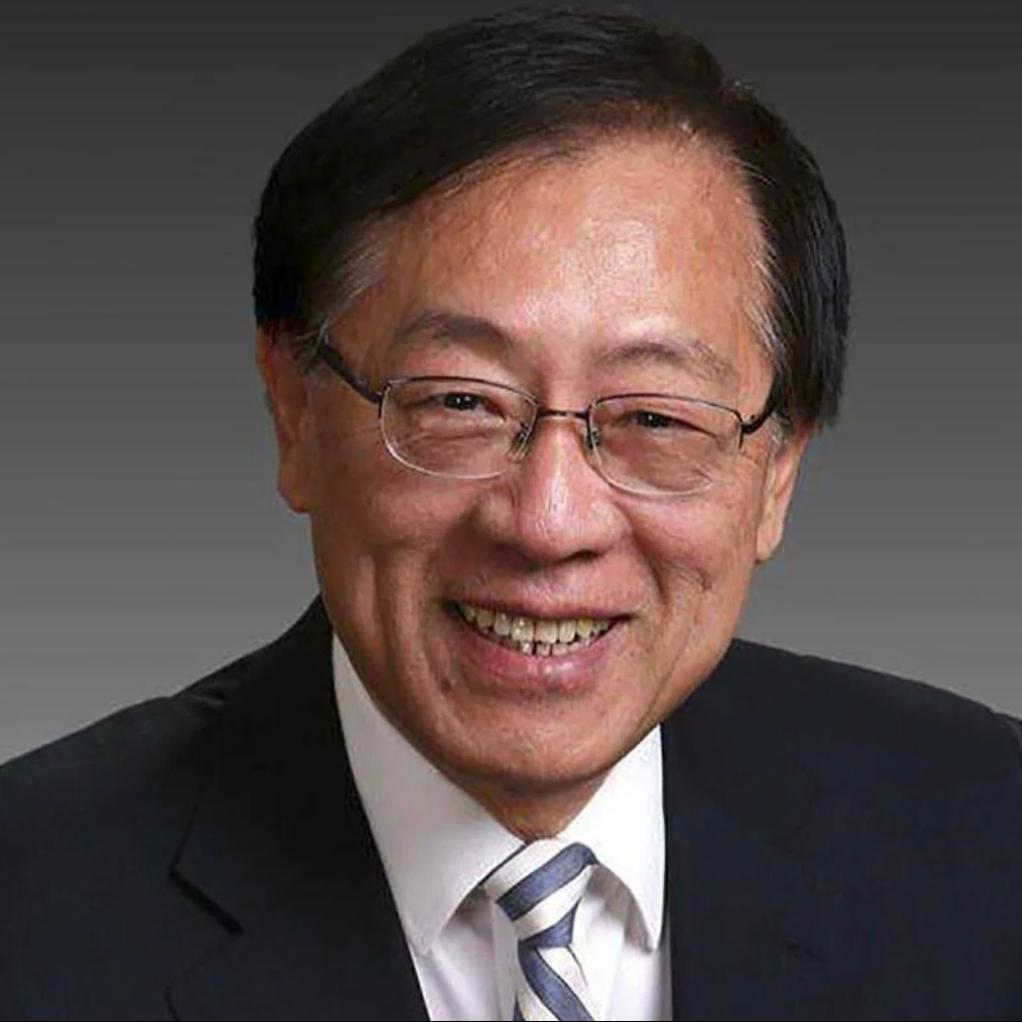
Qizhi Yao
CAS Member、Turing Award winnerYao Qizhi, a world famous computer scientist, winner of the Turing Prize in 2000, an academician of the CAS Member, a foreign academician of the American Academy of Sciences, a foreign academician of the American Academy of Sciences and Arts, a member of the International Cryptographic Association, the president of the Institute of Cross Information Research of Tsinghua University, the chief professor of the "Tsinghua School Computer Science Experimental Class" and the "Tsinghua School Artificial Intelligence Class", the chief scientist of the 973 Program, and the doctoral chair professor of the Chinese University of Hong Kong.
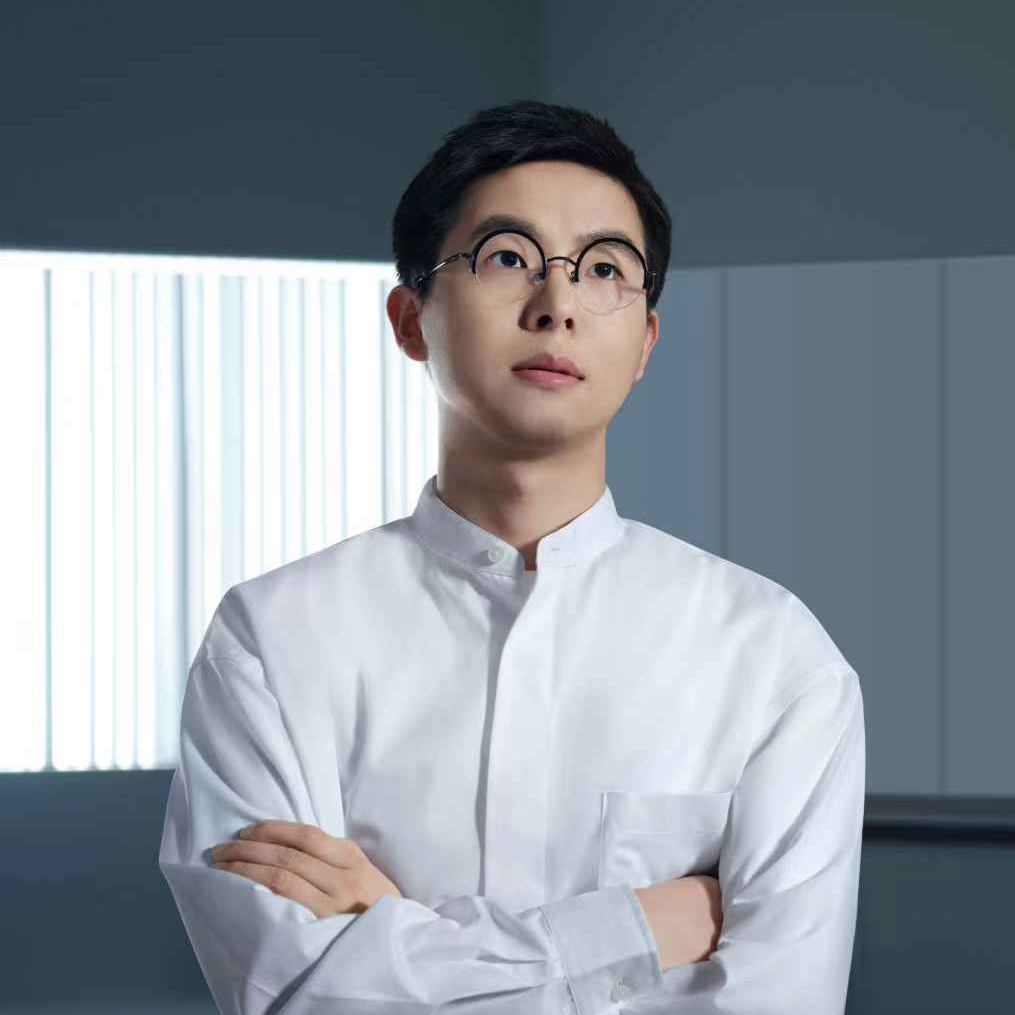
Xingxing Wang
founder, CEO and CTO of UnitreeWang Xingxing, founder /CEO/CTO of Unitree Technology, is a tech supremacist. Honored as one of the 40 Under 40 business elites in China by Fortune China in 2023, awarded the China Youth May 4th Medal in 2025, and recognized as one of the Forbes China's Influential Figures in Artificial Intelligence in 2025. During my master's studies, I was the first in the world to independently develop the high-performance quadruped robot XDog, which is driven by a low-cost external rotor brushless motor, thus pioneering the technological path of low-cost and high-performance legged robots. The XDog robot was reported by many domestic and foreign media outlets in 2016 and received a huge response in the global robotics community. In August 2016, Unitree was founded, being the first in the world to publicly retail high-performance quadruped robots. Its global sales have consistently led the world, significantly promoting the commercialization process of high-performance quadruped robots and humanoid robots worldwide. A total of more than 200 domestic and foreign patent applications have been submitted. Led the company to receive multiple rounds of investment from Meituan, Sequoia, Shunwei, Matrix Partners and others. He once led the team to have the company's products featured on the CCTV Spring Festival Gala of the Year of the Ox, the opening ceremony of the Winter Olympics, the Super Bowl and the CCTV Spring Festival Gala of the Year of the Snake, etc.
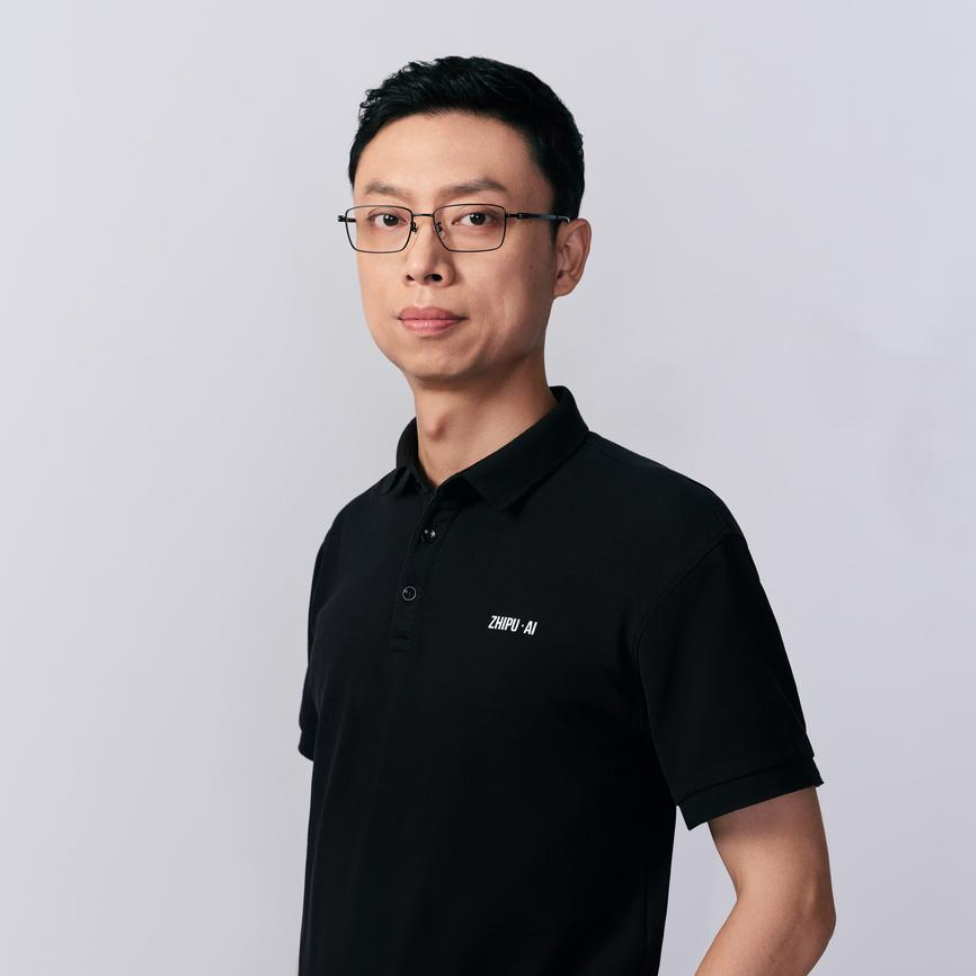
Peng Zhang
CEO of ZhipuZhang Peng, CEO of Beijing Zhipu Huazhang Technology Co., LTD. Mr. Zhang Peng is a 2018 Innovation Leading Engineering Doctor of Tsinghua University and graduated from the Department of Computer Science and Technology of Tsinghua University. The research fields include knowledge graphs, large-scale pre-trained models, etc. As a principal investigator in the development of the GLM series of large models, AMiner (https://aminer.cn), XLORE (http://xlore.cn), and more than 10 papers published in top conferences such as ICML and ISWC. For a long time, we have been committed to the practical implementation of an artificial intelligence framework driven by both knowledge and data, and have rich practical experience in application fields such as large-scale pre-trained models, semantic big data analysis, intelligent question answering, and auxiliary decision-making.
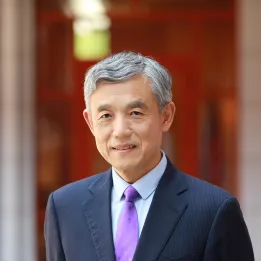
Lan Xue
Dean of Schwarzman College, Tsinghua University, and a member of the Special Committee for National Strategic Consultation and Comprehensive EvaluationSenior professor of liberal arts at Tsinghua University, Dean of Schwarzman College, and director of the Institute of International Governance in Artificial Intelligence. The research directions are public policy and public administration, science and technology innovation policies, crisis management and global governance. His major works include "China's Science and Technology Development and Policy (1978-2018)", "The Evolution and Development of the National Innovation System" (co-authored), "Globalization of Science and Technology and China's Development" (co-authored), etc.
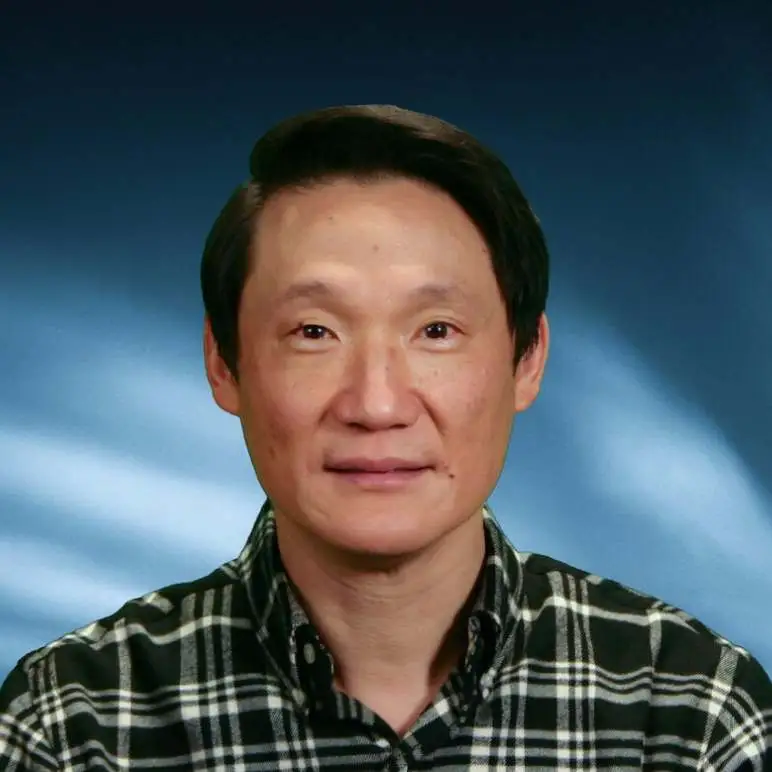
Philip Yu
Professor of the University of Illinois at ChicagoHe is a Distinguished Professor at the University of Illinois at Chicago (UIC), a Fellow of the Association for Computing Machinery (ACM) and the Institute of Electrical and Electronics Engineers (IEEE), and a Visiting Professor at Tsinghua University. He has worked at the IBM Watson Research Center for many years and founded the world-renowned Data Mining and Data Management Department. He is one of the most patent-holding people in IBM. As one of the pioneers in the international database and data mining fields and a top scholar in the field of data mining and data management, he has made many foundational contributions in his professional field. Over the past three decades, he has published more than 1,300 academic papers, which have been cited over 110,000 times in total, exerting a significant influence on related fields. His H-index, which measures the citation of his papers, is as high as 154, ranking him among the top 6 in the global computer scientist H-index ranking.
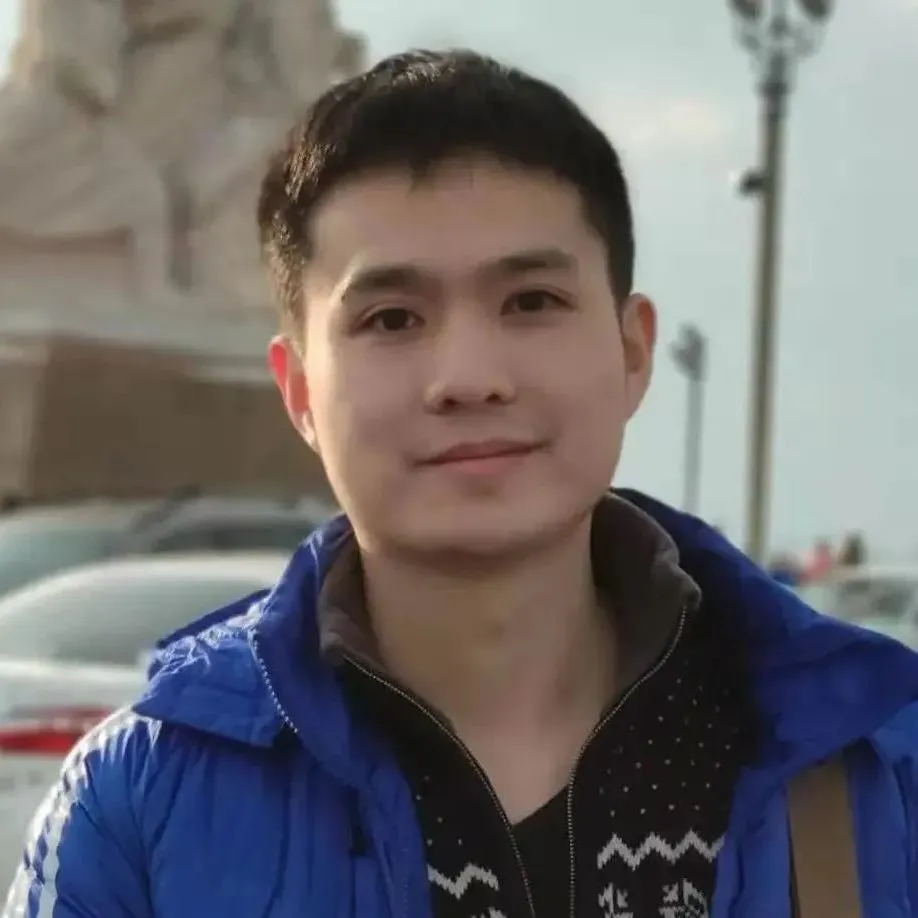
Wangzhou Dai
Associate Professor and Vice Dean of the School of Intelligent Science and Technology, Nanjing UniversityAn associate professor and vice dean of the School of Intelligent Science and Technology at Nanjing University, he was funded by the National Talent Program (Youth) and obtained his Ph.D. from Nanjing University in 2019. Subsequently, he conducted postdoctoral research at Imperial College London in the UK. The research direction is artificial intelligence and machine learning. Currently, the research interest lies in machine learning driven by both data and knowledge. The representative work is the reverse inference learning framework and algorithm that integrates logical reasoning and machine learning. More than 20 academic papers have been published in the field of artificial intelligence and Machine Learning, including top international conferences such as NeurIPS, IJCAI, AAAI, ILP and the journal "Machine Learning", etc. Served as the program chair of the 4th International Federation for Learning and Reasoning (IJCLR), and has received the AAAI 2025 Outstanding Paper Award and the IBM Doctoral Talent Program Award. Has long served as a reviewer and senior program committee member for top international journals and conferences such as TKDE, JMLR, TKDD, IJCAI, AAAI, ICML, NeurIPS, and ICLR. At present, I am in charge of one National Natural Science Foundation of China Youth Project and one sub-project of the Major Project of Basic Research on Frontier Leading Technologies in Jiangsu Province.
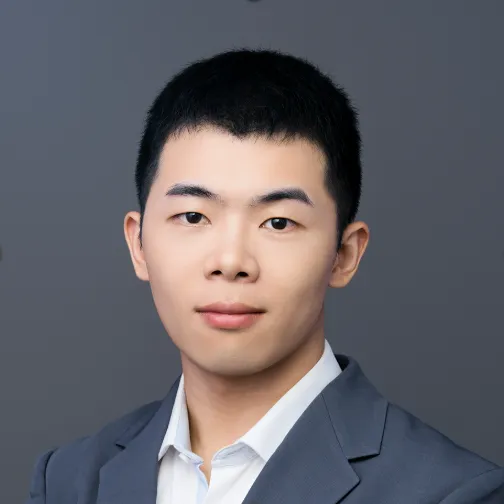
Yujie Wu
Assistant Professor of The Hong Kong Polytechnic UniversityAssistant Professor in the Department of Computer Science at The Hong Kong Polytechnic University, obtained a Ph.D. from Tsinghua University in 2021, and conducted postdoctoral research in Wolfgang Maass's group at Graz University of Technology from 2022 to 2024. Main research directions include brain cognition and brain-inspired intelligence. Relevant achievements have been published in journals and conferences such as Nature, Sci. Robot., Nat. Comput. Sci., Nat. Commun., ICML, and AAAI, with several articles selected as cover stories and highly cited papers. Currently serves as an associate editor of Neurocomputing and was selected as one of the top 2% global scientists by Stanford University in 2024.
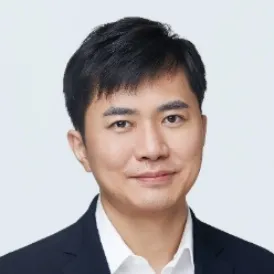
Yu Wang
Tenured professor and Department Head of the Department of Electronic Engineering, Tsinghua UniversityTenured professor and Department Head of the Department of Electronic Engineering at Tsinghua University, IEEE Fellow, recipient of the National Natural Science Foundation of China's Distinguished Young Scholar Fund, Vice Dean of the School of Information Science and Technology at Tsinghua University, and Director of the Tianjin Electronic Information Research Institute of Tsinghua University. Having been engaged in the research of intelligent chips, high-efficiency circuits and systems for a long time, I have won the Best Paper Award at 4 international academic conferences and been nominated for the Best Paper Award 12 times. He/She has received honors such as the First Prize for Technological Invention of the CCF Science and Technology Award, the Innovator under 40 Award of the International Conference on Design Automation, and the CCF Green Bamboo Award.
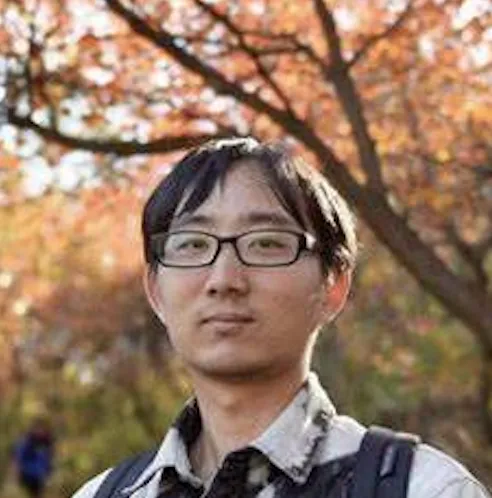
Di He
Assistant Professor at the School of Computer Science and Technology, Peking University, and former principal researcher at Microsoft Research AsiaAssistant Professor at the School of Computer Science and Technology, Peking University, and former principal researcher at Microsoft Research Asia. Mainly engaged in research on machine learning models, algorithms and theories, with over 50 papers published in important journals/conferences such as ICML, NeurIPS and ICLR, and more than 10,000 citations on Google. The designed models and algorithms have been adopted by top international research institutions such as DeepMind, OpenAI, Microsoft, and Meta on multiple occasions. Received the Outstanding Paper Award at ICLR 2023, the top international conference on machine learning, and was nominated for the Outstanding Paper Award at ICLR 2024.
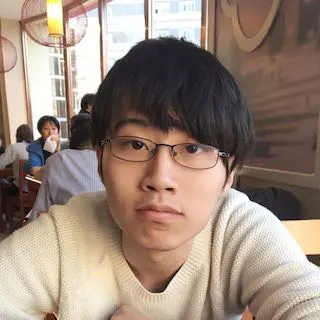
Jiaxin Shi
PhDA machine learning researcher who has long been engaged in the research of probabilistic learning, generative models, and algorithmic model architectures. He graduated with a doctorate from Tsinghua University and received a Microsoft scholarship. He has served as a postdoctoral researcher at Stanford University and Microsoft Research New England. He has served as the NeurIPS and AISTATS area chair for many times and won the Outstanding Paper Award at NeurIPS 2022.

Minxi Xie
the founder and CEO of Anyuan AIXie Minxi is the founder and CEO of Anyuan AI, a third-party research and consulting firm in the field of artificial intelligence security and governance, and currently the only social enterprise in this field in China. He is currently an AI governance advisor at the World Artificial Intelligence Conference, an expert on the Security Governance Committee of the China Artificial Intelligence Industry Development Alliance (AIIA), and a policy researcher at the AI Governance Centre established by the University of Oxford. Previously, he was a member of the professional consulting network of the United Nations' "High-level Artificial Intelligence Advisory Agency" and served as a senior advisor of the artificial intelligence industry alliance Partnership on AI.
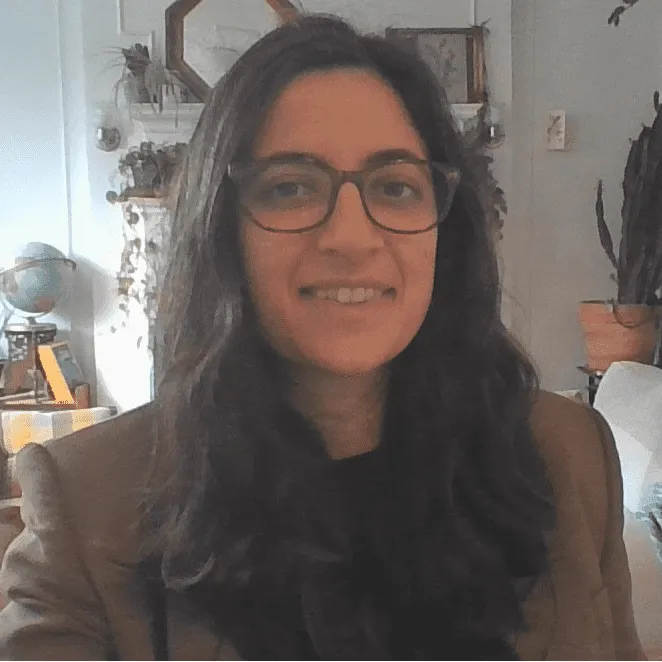
Tegan Maharaj
Assistant Professor at the Quebec Institute of Artificial Intelligence, CanadaDr. Tegan Maharaj is an assistant professor at the School of Informatics, University of Toronto, Canada, and also a researcher at the Vector Institute and the Schwartz-Reisman Institute for Technology and Society. She is one of the program chairpersons of the "Singapore AI Security Conference". She serves as the executive editor of the Journal of Machine Learning Research (JMLR) and co-founded Climate Change AI (CCAI), an organization dedicated to promoting the application of machine learning in climate change issues. Before joining the University of Toronto, Tegan completed his doctoral degrees at Mila in Montreal and Polytechnique Montreal, under the supervision of Professor Christopher Pal. And received scholarships from the Natural Sciences and Engineering Research Council of Canada (NSERC) and the Montreal Institute for Artificial Intelligence (IVADO).

Wei Xu
Vice Dean and Professor of the Institute for Interdisciplinary Information Sciences, Tsinghua University徐葳是清华大学交叉信息科学研究院教授、副院长。他的研究兴趣广泛,涵盖分布式系统设计、大数据处理、金融科技、数据中心网络、隐私保护计算、大规模机器学习和数据挖掘系统,以及面向实际的大数据应用场景。徐葳于2010年在加州大学伯克利分校获得电子工程与计算机科学博士学位,其博士研究聚焦于通过分析自由文本控制台日志实现问题检测,师从著名计算机科学家David Patterson教授与Armando Fox教授。在加入清华大学之前,他曾在谷歌担任软件工程师两年半,积累了丰富的工业界经验。徐教授的研究融合理论与实践,致力于推动高性能、可扩展且安全的智能计算系统的发展。
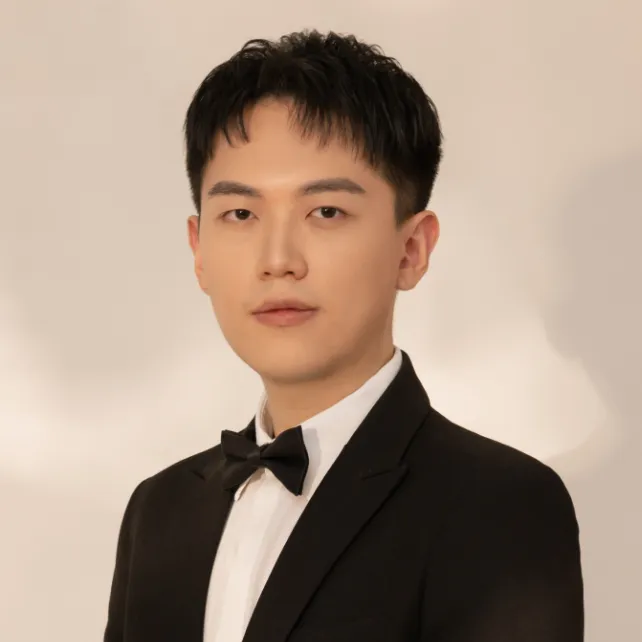
Xudong Pan
Associate Researcher at the School of Computing and Intelligent Innovation, Fudan University, and full-time mentor at Shanghai Chuangzhi CollegeDr. Pan Xudong is an assistant professor at the School of Computer Science and Technology of Fudan University, specializing in research on artificial intelligence security and safety. His research directions include the security of large language models (LLM) and multimodal language models (MLM), the security of integrated applications, the security of agents, and the security of cutting-edge artificial intelligence, etc. Dr. Pan has published several top conference papers in the field of artificial intelligence security and is committed to enhancing the security of artificial intelligence systems through technical means such as assessment, attack and defense.
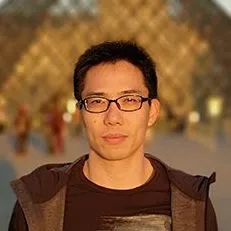
Jun Sun
Tenured professor at the School of Computing and Information Science, Singapore Management UniversityProfessor Sun Jun obtained his Bachelor's and doctoral degrees in Computer Science from the National University of Singapore in 2002 and 2006 respectively. In 2007, he received the Lee Kuan Yew Postdoctoral Fellowship and has served as a tenured professor at Singapore Management University since 2010. His research fields include artificial intelligence security, software engineering and formal methods, and he has published over 250 papers in multiple top conferences and journals. The PAT model checker he developed has been used by multiple companies for software analysis and he serves as a senior technical advisor for several companies.

Buck Shlegeris
Chief Executive Officer of Redwood ResearchBuck Shlegeris is the CEO of the non-profit organization Redwood Research, which focuses on the research of artificial intelligence security and control. His research fields cover AI alignment, interpretability, reinforcement learning based on human feedback, etc. He is committed to developing evaluation methods and security technologies to reduce the risk of catastrophic outage of advanced AI systems.
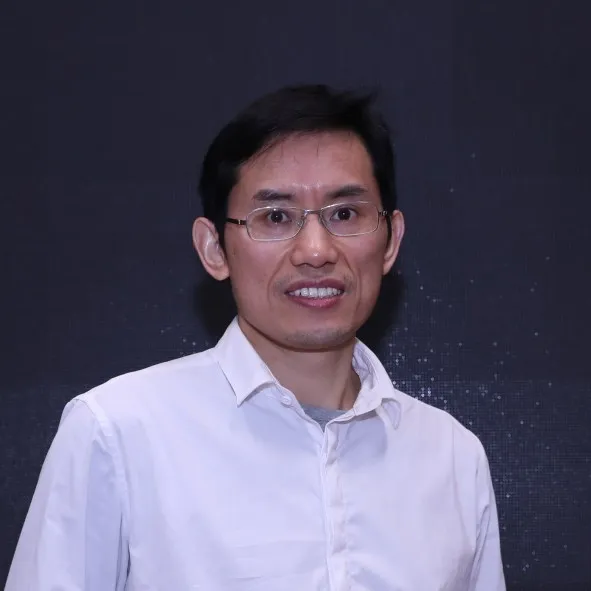
Minlie Huang
Professor of the Department of Computer Science and the Institute of Artificial Intelligence, Tsinghua UniversityHuang Minlie is a professor at Tsinghua University. He has long been engaged in research in the fields of artificial intelligence, deep learning, and natural language processing, with a particular focus on the theories and models of natural language generation, multimodal basic models, fundamental issues of large language models, as well as social intelligential-related directions such as emotion understanding and mental modeling. He has significant influence in fields such as dialogue systems, affective computing, and human-computer interaction, and is one of the leading figures in the research of dialogue systems in China. Professor Huang is also dedicated to the research of cutting-edge issues such as AI alignment, security and ethics. Professor Huang leads Conversational AI (CoAI for short) at Tsinghua University. The team has published over 100 papers in top international conferences such as ACL, ICLR, ICML, and NeurIPS. It has won several important awards, including the Best Paper of COLING 2010, the Best Student Paper of ACL 2012, the Outstanding Paper of IJCAI 2018, the Best Paper of SIGDIAL 2020, the Best Paper Award of NLPCC 2015 and 2020, and the Field Chair Award of ACL 2023/2024. Representative research achievements include Emotional Chatting Machine (AAAI 2018), ESC (ACL 2021), PPT (ACL 2022), MiniLLM (ICLR 2024), ChatGLM (2024, in collaboration with Professor Tang Jie), etc. Some achievements have become highly cited works in this field.
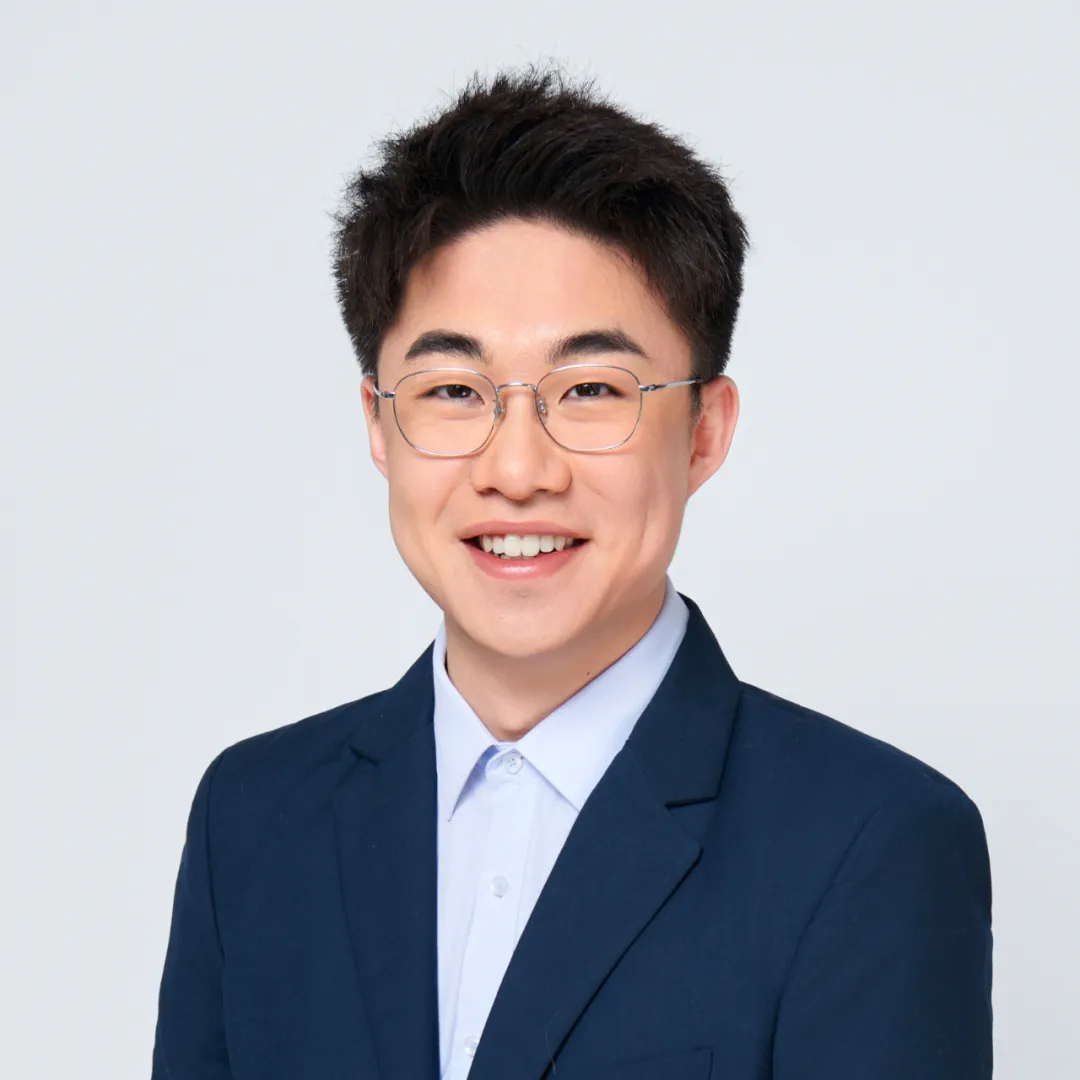
Yawen Duan
An Yuan AI Security Research ManagerDuan Yawen is currently a technical project manager at Anyuan AI, dedicated to the construction of the AI security technology community. He is also a PhD scholar in AI Existential Safety at the Institute for Future Life. He has organized workshops related to AI safety at several top AI conferences such as NeurIPS and ICML. The research projects he has participated in have been presented at several top AI conferences and workshops. Such as CVPR, ECCV, ICML, ACM FAccT, NeurIPS, etc. He has conducted AI research at the Center for Human-Machine Compatible Artificial Intelligence (CHAI) at the University of California, Berkeley and Huawei's Noah's Ark Laboratory. He holds a Master's degree in Machine learning from the University of Cambridge and a Bachelor of Science degree from the University of Hong Kong.
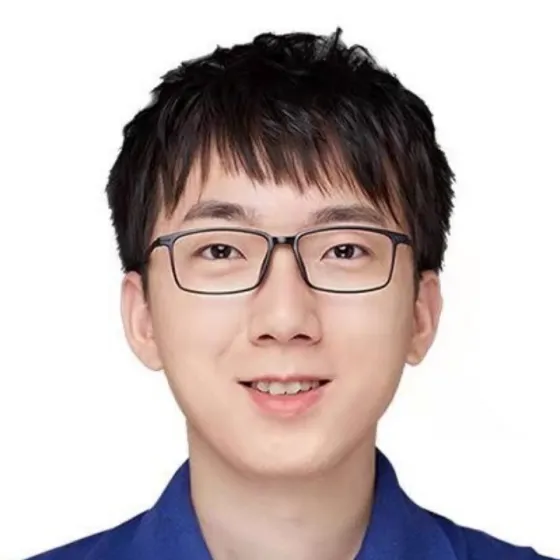
Tian Tian
Co-founder and CEO of Realai WisdomTian Tian, the founder and CEO of Ruilai Wisdom Company, holds a Ph.D. in Artificial intelligence from the Department of Computer Science at Tsinghua University. He has been awarded the Special Scholarship of Tsinghua University and the title of Siebel Scholar. He/She has received honors such as "Young AI Scientist" from the AI Young Scientists Alliance, Forbes 30 Under 30, "30 Under 30 Startup Star" from Chuangye 邦, "Wu Wenjun AI Outstanding Youth Award", and the Fifth Outstanding Young Engineer Award.
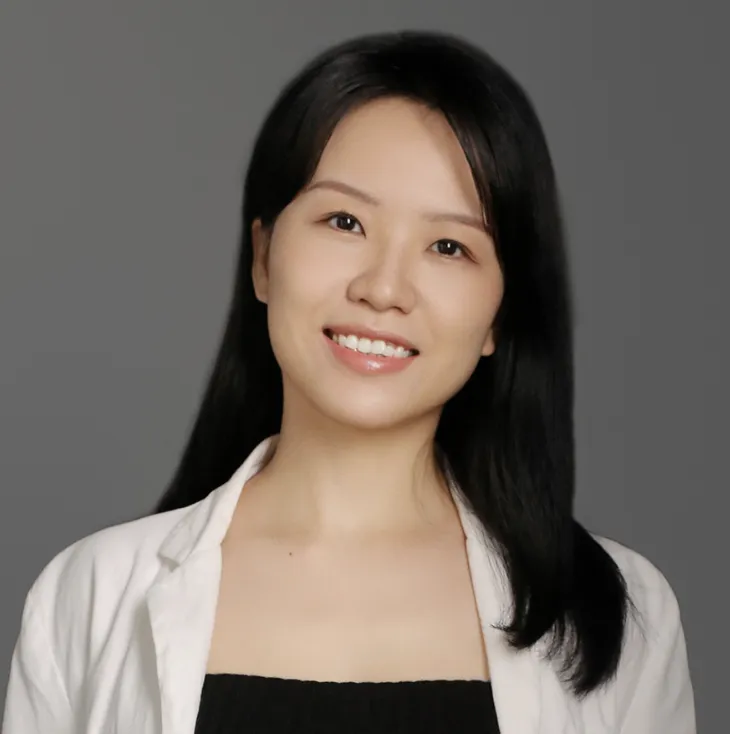
Xiting Wang
Associate Professor at the Hillhouse Institute of Artificial Intelligence, Renmin University of ChinaWang Xiting graduated from Tsinghua University with both his bachelor's and doctoral degrees and was once the chief researcher of the MSRA Social Computing Group. The research interest lies in explainable and responsible artificial intelligence, and the related scientific research achievements have been applied to Bing search Engine, which ranks second in the world in terms of market share. Two papers were selected as cover papers by TVCG, a CCF-A class journal. I was invited to serve as the field chair of IJCAI and AAAI, joined the IEEE VIS Organizing committee as the archive chair, was an editorial board member of Visual Informatics, and was rated as an outstanding senior programming committee member of AAAI 2021. I have been invited twice to deliver keynote speeches at the SIGIR Interpretable Recommendation Symposium and am a senior member of CCF and IEEE.
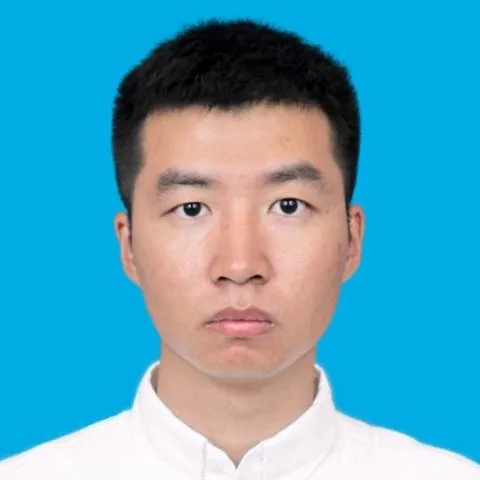
Juntao Dai
Researcher at the Large Model Security Center of BAAIDai Juntao, a researcher at the Large Model Security Center of Beijing Academy of Artificial Intelligence. His main research directions are reinforcement learning and value alignment of large models, and he has published over ten papers in top conferences and journals in the field of computer science, including three oral or highlight papers. His work has been cited over 2,000 times on Google Scholar, and the open-source projects he participated in have received more than 20,000 stars.
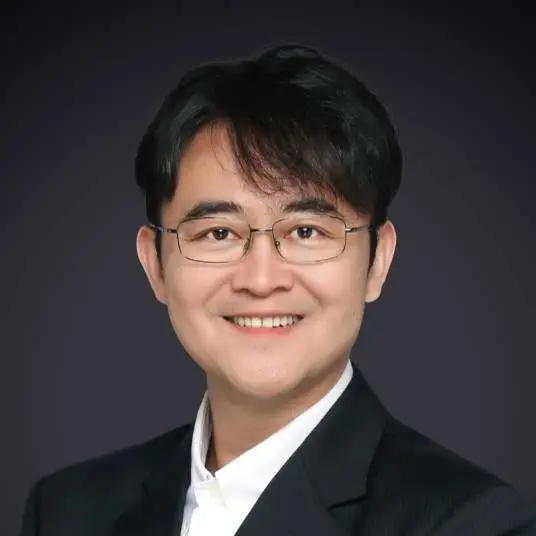
Bin Dong
professor at Peking UniversityDong Bin is a Bo Ya Distinguished Professor at Peking University. He works at the Beijing International Center for Mathematics of Peking University and concurrently serves as the deputy director of the International Center for Machine Learning of Peking University and the executive vice president of Beijing Zhongguancun University. The main research fields are machine learning, scientific computing and computational imaging. In 2014, he/she was awarded the Qiushi Distinguished Young Scholar Award. In 2022, he/she was invited to give a 45-minute presentation at the World Congress of Mathematicians (ICM). In 2023, he/she received the New Frontiers Researcher Program and the Wang Xuan Distinguished Young Scholar Award in the same year. In 2027, he/she was invited to give an invited presentation at the International Congress of Industrial and Applied Mathematics (ICIAM).
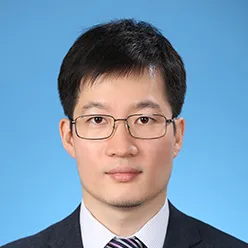
Peng Cui
associate professor of Tsinghua UniversityCui Peng is a tenured associate professor and doctoral supervisor in the Department of Computer Science at Tsinghua University. The research interests focus on causal heuristic stable prediction and decision-making, large-scale network representation learning, etc. The causal statistics idea was integrated with the machine learning framework for research, and a causal inspired stable learning theoretical method system was independently proposed and developed, achieving remarkable application value in scenarios such as smart healthcare and the Internet economy. More than 100 papers have been published in top international conferences such as ICML and KDD, as well as in journals such as Nature Machine Intelligence, and have won awards for papers in international conferences or journals seven times successively. Served as an editorial board member of international journals such as IEEE TKDE, ACM TOMM, ACM TIST, IEEE TBD, and KAIS. Received funding from the National Science Fund for Distinguished Young Scholars, two second prizes of the National Natural Science Award, two First Prizes of the Natural Science Award of the Ministry of Education, the CCF-IEEE CS Young Scientist Award, and the ACM Distinguished Scientist Award. Served as a member of the 9th National Committee of the China Association for Science and Technology, Deputy Secretary-General of CCF and Director of the Youth Working Committee.

Richard Ngo
Independent researcher, former research engineer of Google DeepMindRichard Ngo, an independent artificial intelligence researcher, has worked at DeepMind and OpenAI. His research focuses on defining and predicting general artificial intelligence (AGI). Ngo is a practitioner who exudes a strong humanistic atmosphere in the field of science and technology. Such traits precisely interpret his unwavering commitment to the original intention of OpenAI's establishment and his deep concerns about the future direction of the AI security field. He once devoted himself to research at the University of Cambridge and obtained a Doctor of Philosophy degree in the field of machine learning philosophy. His works explore the impact of future technology on humanity and society, with a particular focus on how humans and artificial intelligence will interact in the future world.

Alex Lamb
Assistant Professor of Tsinghua UniversityDr. Alex Lamb will join the College of AI at Tsinghua University full-time in the summer of 2025 as an assistant professor. He graduated with a doctorate from the Mila Institute and the University of Montreal, under the tutelage of Turing Award winner Yoshua Bengio. He has research experiences in many industries such as Microsoft Research, Amazon, and Google Brain. Alex has been deeply engaged in machine learning research for many years. His citations on Google Scholar amount to 9,924. He has presented tutorials and organized workshops at top machine learning conferences many times.
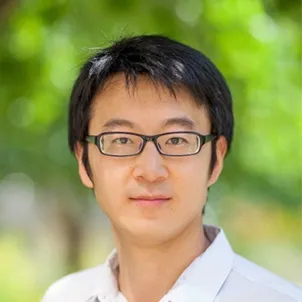
Yuxiao Dong
Associate Professor of Tsinghua UniversityDong Yuxiao, an associate professor in the Department of Computer Science at Tsinghua University, is a member of the Knowledge Engineering Laboratory (KEG). He/She used to be a senior scientist at Meta AI and Microsoft Research Redmond. The main research directions are data mining, graph machine learning, pre-trained models and social networks. The related achievements have been applied in social networks and knowledge graph products with billions of users. Supported by the National Youth Talent Project, IJCAI 2022 Early Career Spotlight, the 2017 ACM SIGKDD Doctoral Dissertation Nomination Award (i.e., the third place), and the 2022 ACM SIGKDD Rising Star Award. It ranks 9th in the field of data mining on the AI 2000 list.
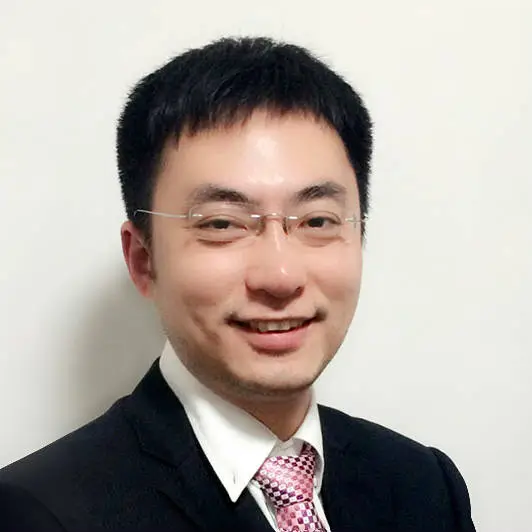
Yang Yu
Professor of the School of Artificial Intelligence, Nanjing UniversityYu Yang is a professor at the School of Artificial Intelligence, Nanjing University. Mainly engaged in research in the fields of artificial intelligence, machine learning, and reinforcement learning, the work has won 5 international paper awards and 3 international algorithm competition championships. Selected for the National Youth Talent Program and IEEE Intelligent Systems' "AI's 10 to Watch", won the CCF-IEEE Young Scientist Award and the first Asia-Pacific Data Mining "Young Achievement Award", And was invited to give the "Youth Highlight Report" at the International Joint Conference on Artificial Intelligence (IJCAI 2018).
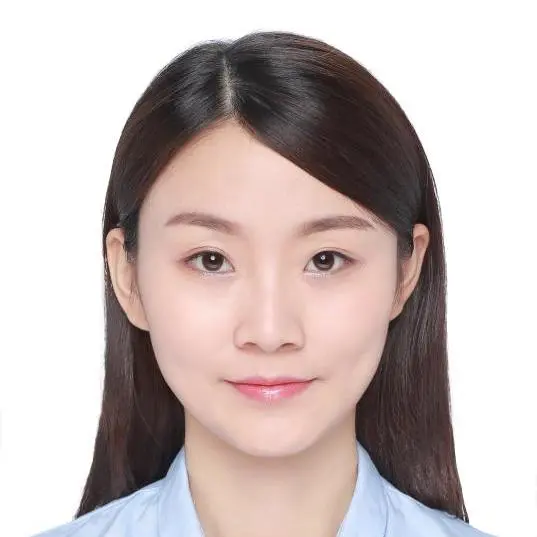
Guangy Wang
professor at Beijing University of Posts and TelecommunicationsWang Guangyu is a professor at Beijing University of Posts and Telecommunications and the assistant director of the National Key Laboratory of Network and Switching Technology. Mainly engaged in related research such as intelligent information processing, biomedical computing, and AI for Science. Has presided over multiple national-level projects, including the National Key Research and Development Program and the National Natural Science Foundation of China, etc. Many academic papers have been published in international journals or top conferences such as Cell, Nature, Nature Biomedical Engineering, and Nature Medicine. The research codes and models have been downloaded more than one million times cumulatively worldwide. He serves as a senior member of the Electronic Society, a visiting professor at the Party School of the National Health Commission, and a regular reviewer for journals such as Nature and Cell sub-journals. He/She has received the Beijing Youth May 4th Medal, the 4th "Science Exploration Award", the MIT Technology Review "35 Innovators Under 35" (Asia-Pacific Region), the China Association for Science and Technology's Youth Talent Support Program, and support from AI100 Youth Pioneers.
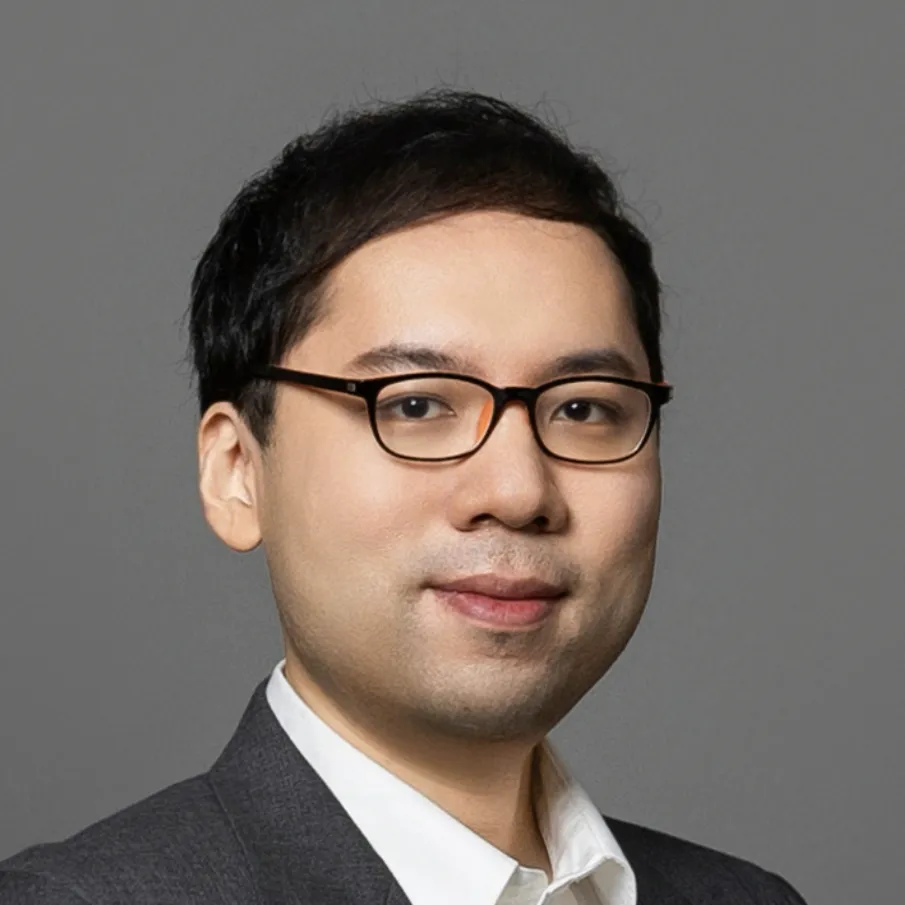
Lixue Xia
the founder and CEO of Wuwen XinqiongXia Lixue, co-founder and CEO of Wuwen Xinqiong, graduated from the Department of Electronic Engineering at Tsinghua University with both a bachelor's and a doctorate. Under the leadership of Xia Lixue, Wuwen Xinqiong has developed into one of the most representative high-tech enterprises in the field of AI infrastructure. He was included in the AI2000 list of the world's most influential scholars in artificial intelligence (Top100 in the field of chips) and the Stanford discipline Top2% Scientists list. He serves as a representative of the 17th People's Congress of Xuhui District, Shanghai, and a member of the 11th Youth Federation. He/She has been honored as a National Model Worker in the Industrial and Information Technology System, a Leading Talent in the field of artificial Intelligence at the Ningxia Computing Power Hub, the founder of the 2024 Forbes China · New Era Disruptive Power, and the 2024 Wise King of Business · New Generation Pioneer, among others. Xia Lixue has long been dedicated to the research on the design methodology of deep learning systems and has published over 30 academic papers, which have been cited more than 2,800 times on Google Scholar. His related work in the fields of compression and acceleration of large language models and generative AI model chips is the world's first customized hardware design for the field of deep learning speech synthesis, which is in a leading position internationally.

Linfeng Zhang
the founder and chief scientist of Deep Potential TechnologyZhang Linfeng, the founder and chief scientist of Deeppotential Technology, and the director of the AI for Science Institute, Beijing. Zhang Linfeng successively obtained a Bachelor of Science degree from Peking University and a Ph.D. in Applied Mathematics from Princeton University. Lin Feng has long been committed to the research of issues in the interdisciplinary field of AI for Science. He has achieved rich results in areas such as machine learning, computational physical chemistry, materials and drug design, and has been listed on the "List of the World's Top 2% Scientists" released by Stanford University for many consecutive years. Lin Feng also served as a core developer, leading the development of a series of microscale simulation algorithms and corresponding open-source software. In 2020, DeePMD won the ACM Gordon Bell Prize, the highest award in the field of high-performance computing. This achievement was also selected as one of the top ten scientific and technological advancements in China in 2020 by academicians of the Chinese Academy of Sciences and the Chinese Academy of Engineering. In early 2025, Lin Feng led his team to release the world's first cross-scale 3D large model, Uni-3DAR, which unified the micro and macro 3D worlds through autoregression.
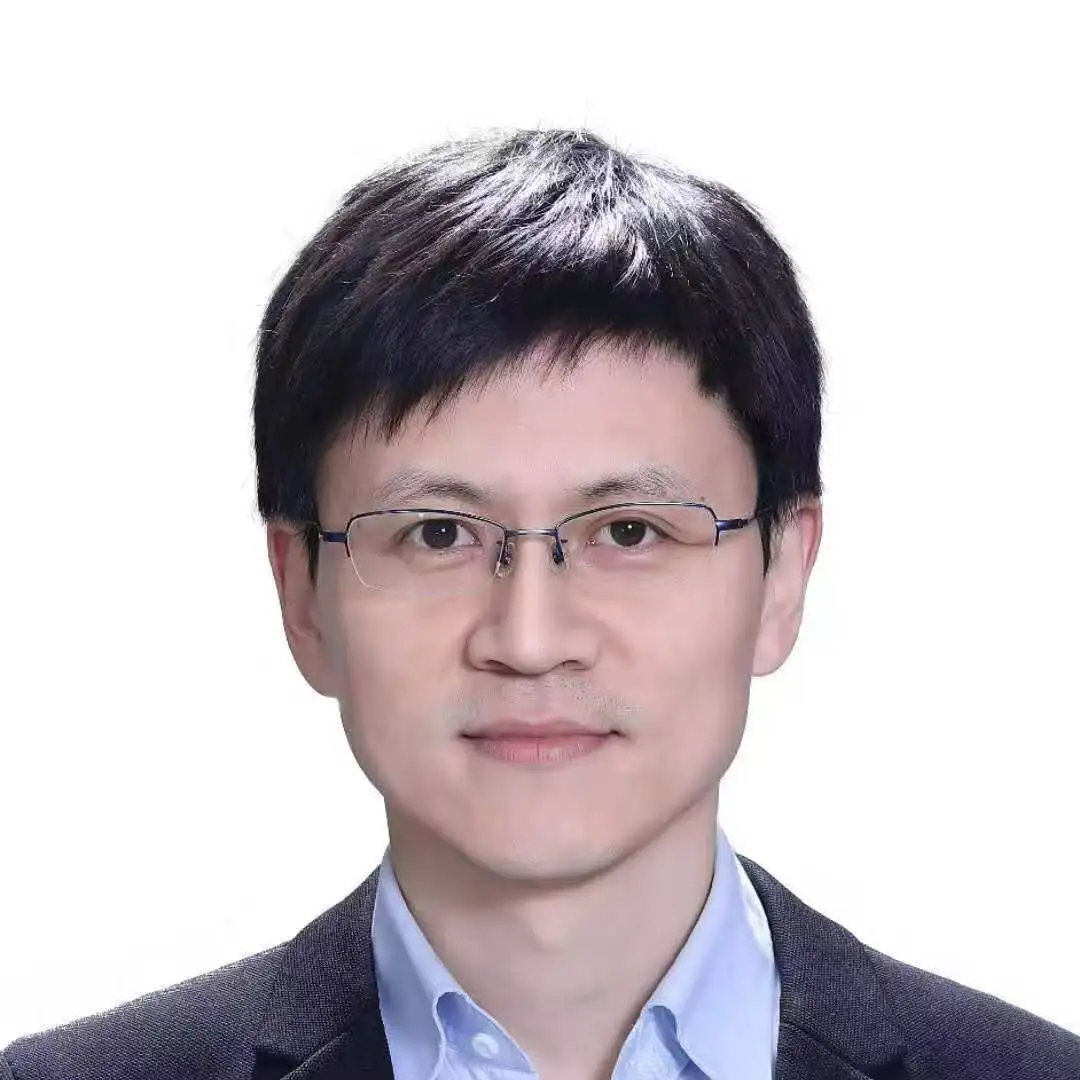
Xin Zhao
professor at Renmin University of ChinaZhao Xin is currently a professor at the Hillhouse Institute of Artificial Intelligence, Renmin University of China. He obtained his Ph.D. from Peking University in July 2014 and has been working at Renmin University of China ever since. The research field is information retrieval and natural language processing, with a particular focus on the pre-training of large models and deep reasoning research. It has been cited over 32,000 times on Google Scholar. It has led the development of the Magnolia series of large language models and promoted the STILL series of slow thinking reasoning projects. Organized the compilation of the review paper "A Survey of Large Language Models" (preprint article) and the Chinese book "Large Language Models" (published by Higher Education Press). He/She has won the CCF-IEEE CS Young Scientist Award, the Wu Wenjun Artificial Intelligence Outstanding Young Scientist Award, and the ECIR Time Verification Award.

Ruihua Song
Associate Professor of Renmin University of ChinaSong Ruihua, a specially-appointed professor for high-level talents of the State, is currently a tenured associate professor at the Hillhouse School of Artificial Intelligence, Renmin University of China. He/She used to be a principal researcher at Microsoft Research Asia and the chief scientist of Microsoft Xiaoice. Recent research interests include multimodal understanding, creation and interaction. More than 100 academic papers have been published and over 30 patents have been applied for. He/She was nominated for the Best Paper Award at WWW 2004, won the Best Paper Award at AIRS 2012 and the Excellent Paper Award at CLWS 2019, and received the First Prize of Natural Science of the Ministry of Education in 2022. Her algorithm completed the first poetry collection in human history created by artificial intelligence, "Sunlight Lost Its Glass Window".
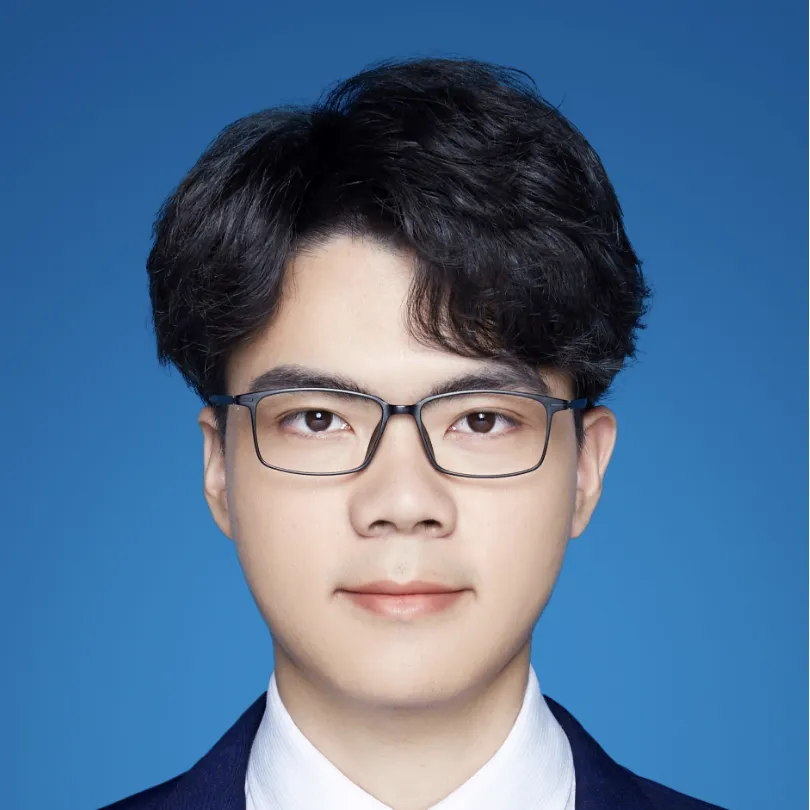
Jingyang Yuan
Peking University、Ph.D &DeepSeekYuan Jingyang is a doctoral student at the School of Computer Science, Peking University. The main research directions are efficient large language models and sparse attention mechanisms. During the internship at DeepSeek, efficient large model architectures such as the Native Sparse Attention Model (NSA) were proposed. He/She has been honored with titles such as Outstanding Graduate of Beijing and Outstanding Graduate of Peking University.
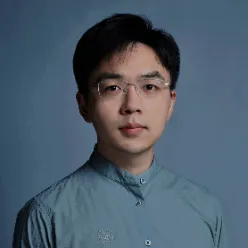
Ning Ding
Assistant Professor of the Department of Electronic Engineering, Tsinghua UniversityDing Ning is an assistant professor in the Department of Electronic Engineering at Tsinghua University. Her research focuses on artificial intelligence, with a particular emphasis on exploring the theories, algorithms, and systems of general intelligence and professional reasoning capabilities, and is committed to applying them to innovative scientific discoveries. He has published multiple papers in artificial Intelligence conferences and journals such as Nature Machine Intelligence, ICLR, NeurIPS, ICML, ACL, etc. The citations on Google Scholar exceed 7,000 times, and the open-source achievements he led have received more than 25,000 stars on GitHub. He was once selected for the China Association for Science and Technology's Youth Talent Support Program, and has received honors such as the ACL Best System Demonstration Paper Award, the World Artificial Intelligence Conference Youth Excellent Paper Award and the Cloud Sail Award, the China Computing Power Conference Best Academic Paper Award, the Outstanding Doctoral Dissertation of Tsinghua University, the Baidu Scholarship, and the Stanford Top 2% Global Scientists Award. He has recently proposed works such as the reinforcement learning method PRIME that integrates intensive rewards and the test-time reinforcement learning TTRL.
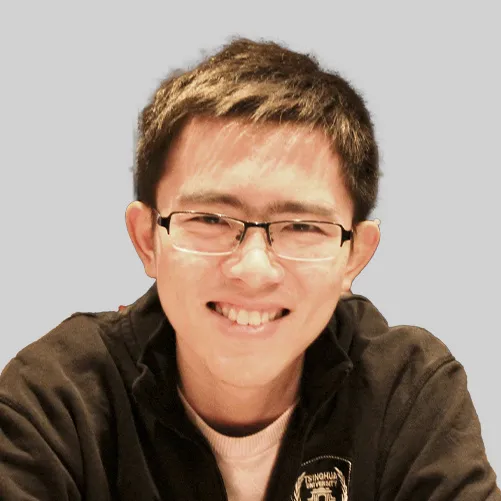
Yi Wu
Assistant Professor at the Institute for Interdisciplinary Information Sciences, Tsinghua UniversityWu Yi is an assistant professor at the Institute for Interdisciplinary Information Sciences (IIIS) of Tsinghua University. He received his Ph.D. from the University of California, Berkeley in 2019 and served as a full-time researcher at OpenAI. His research areas include deep reinforcement learning and multi-agent learning. Representative works include the early work of generalization of reinforcement learning, Value Iteration Network, the highest citation algorithm for multi-agent learning, MAPPO/MADDPG, the OpenAI multi-agent hide-and-seek project, etc. It has also won the NIPS 2016 best paper award (best Paper award) and the ICRA2024 best demo award finalist (Finalist Award for Best Demo Award) at top conferences.

Yang Yu
professor at the School of Artificial Intelligence, Nanjing UniversityYu Yang is a professor at the School of Artificial Intelligence, Nanjing University. Mainly engaged in research in the fields of artificial intelligence, machine learning, and reinforcement learning, the work has won 5 international paper awards and 3 international algorithm competition championships. Selected for the National Youth Talent Program and IEEE Intelligent Systems' "AI's 10 to Watch", won the CCF-IEEE Young Scientist Award and the first Asia-Pacific Data Mining "Young Achievement Award", And was invited to give the "Youth Highlight Report" at the International Joint Conference on Artificial Intelligence (IJCAI 2018).

Pengfei Liu
associate professor at Shanghai Jiao Tong UniversityLiu Pengfei is an associate professor at Shanghai Jiao Tong University, a mentor at the Chuangzhi College, assistant to the director of the Qingyuan Research Institute, and a national outstanding young Scholar. Focus on research directions such as pre-training of natural language and complex reasoning; Google Scholar has cited it more than 19,000 times. One of the earliest proposers of the concept of Prompt Engineering, with a single article cited more than 5,000 times. It has won the first Ant InTech Technology Award and others. Representative works include o1 journey, LIMA, LIMO, etc.
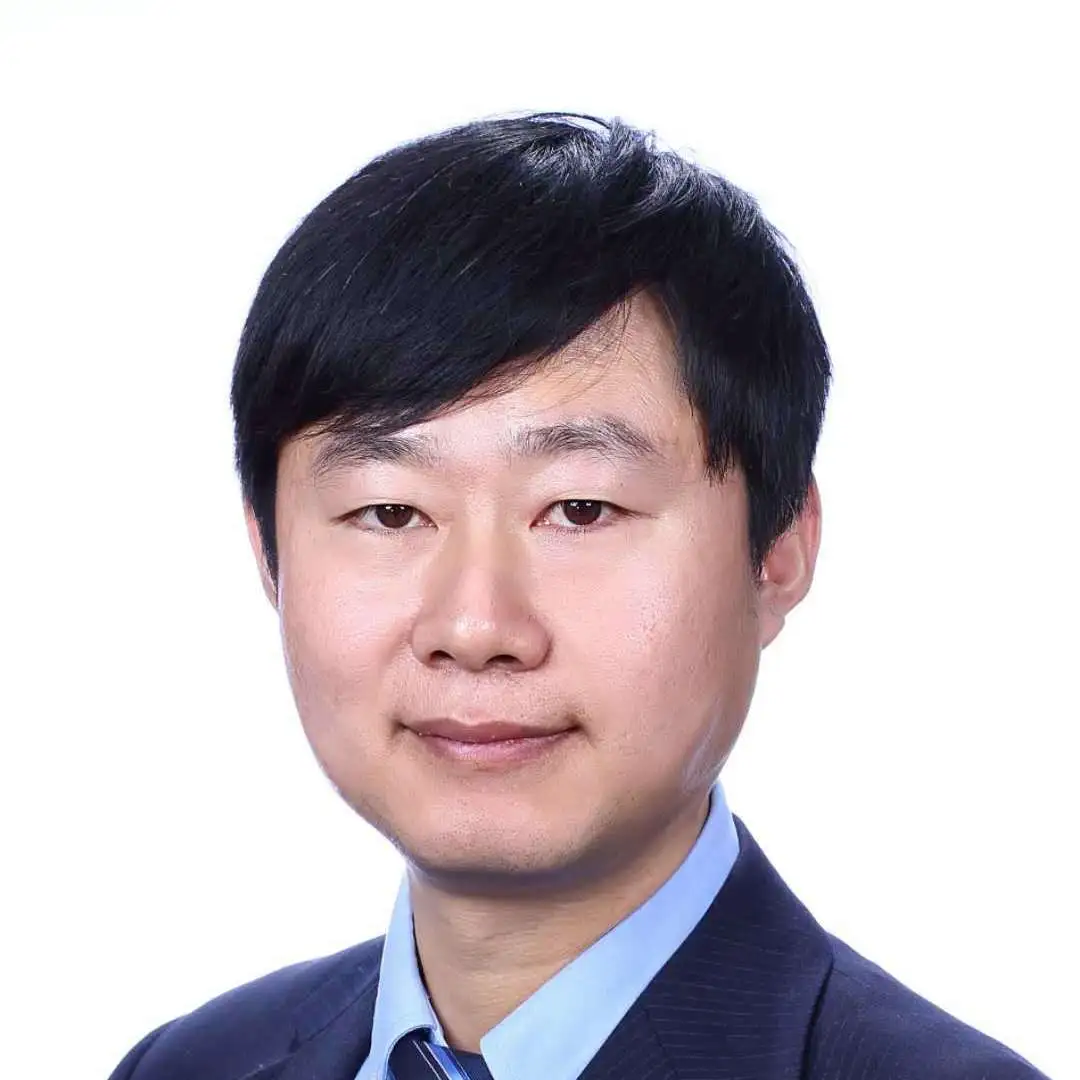
Zhicheng Dou
Professor of Renmin University of ChinaDou Zhicheng, a professor and doctoral supervisor, is the vice dean of the Hillhouse Institute of Artificial Intelligence at Renmin University of China, responsible for the cultivation of undergraduate, master's and doctoral talents in artificial intelligence at Renmin University of China. He serves as the Secretary-General of the Big Data Expert Committee of the China Computer Federation, a director of the Chinese Information Processing Society of China, the Deputy director of the Information Retrieval Special Committee, a Standing Committee member of the CCF Large Model Forum, and a member of the Large Model Expert Committee of the Chinese Information Processing Society. The main research directions include large models, AI search, agents, judicial intelligence, etc. More than 100 papers have been published in internationally renowned academic conferences and journals. He is the core developer of the large model for foreign-related rule of law at Renmin University of China and has led the development of the large model retrieval enhancement toolkit FlashRAG, which has received more than 2,000 stars. He/She has won the First Prize of the Natural Science Award of the Ministry of Education, the Nomination Award for the Best Paper at the International Information Retrieval Conference, the Highlight Paper Award at the International World Wide Web Conference, the Best Paper Award at the Asian Information Retrieval Conference, and the Best Paper Award at the National Information Retrieval Academic Conference, among other honors. Served as the program chair of the CCF China Data Conference, the organizing chair of the China Big Data Academic Conference, and the conference chair of the National Information Retrieval Academic Conference, etc.

Zhiqiang Zhang
Technical Director of the Basic Intelligence Department of Ant Group and a senior algorithm expertZhang Zhiqiang, the Technical Director of the Basic Intelligence Department of Ant Group and a senior algorithm expert, mainly focuses on research areas such as large language models, graph machine learning, and knowledge graphs. He is responsible for the construction of multiple intelligent systems at Ant Group, including the "Ling" large language model, the ultra-large-scale graph learning system AGL, and the industrial knowledge graph platform "Zhi Zhu". More than 80 papers on related technical achievements have been published in CCF A/B class international conference journals such as NeurIPS, VLDB, SIGKDD, and ACL. Over 40 invention patents have been authorized. The Wu Wenjun First Prize for Scientific and Technological Progress in Artificial Intelligence (2020) and the First Prize for Scientific and Technological Progress of the Institute of Electronics Science and Technology (2022) have been awarded.
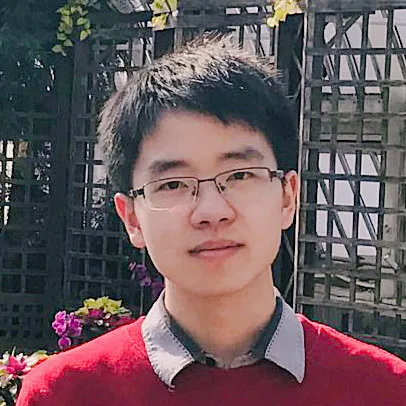
Junxian He
Assistant Professor of the Department of Computer Science and Engineering, The Hong Kong University of Science and TechnologyHe Junxian is an assistant professor in the Department of Computer Science and Engineering at the Hong Kong University of Science and Technology. He received his Ph.D. in natural language processing from the School of Computer Science at Carnegie Mellon University in 2022. His recent research focus is on large model reasoning. He serves as the domain chair for ICLR, ACL and EMNLP. Representative works include Unify-PEFT, C-Eval, CodeIO, SimpleRL, etc.
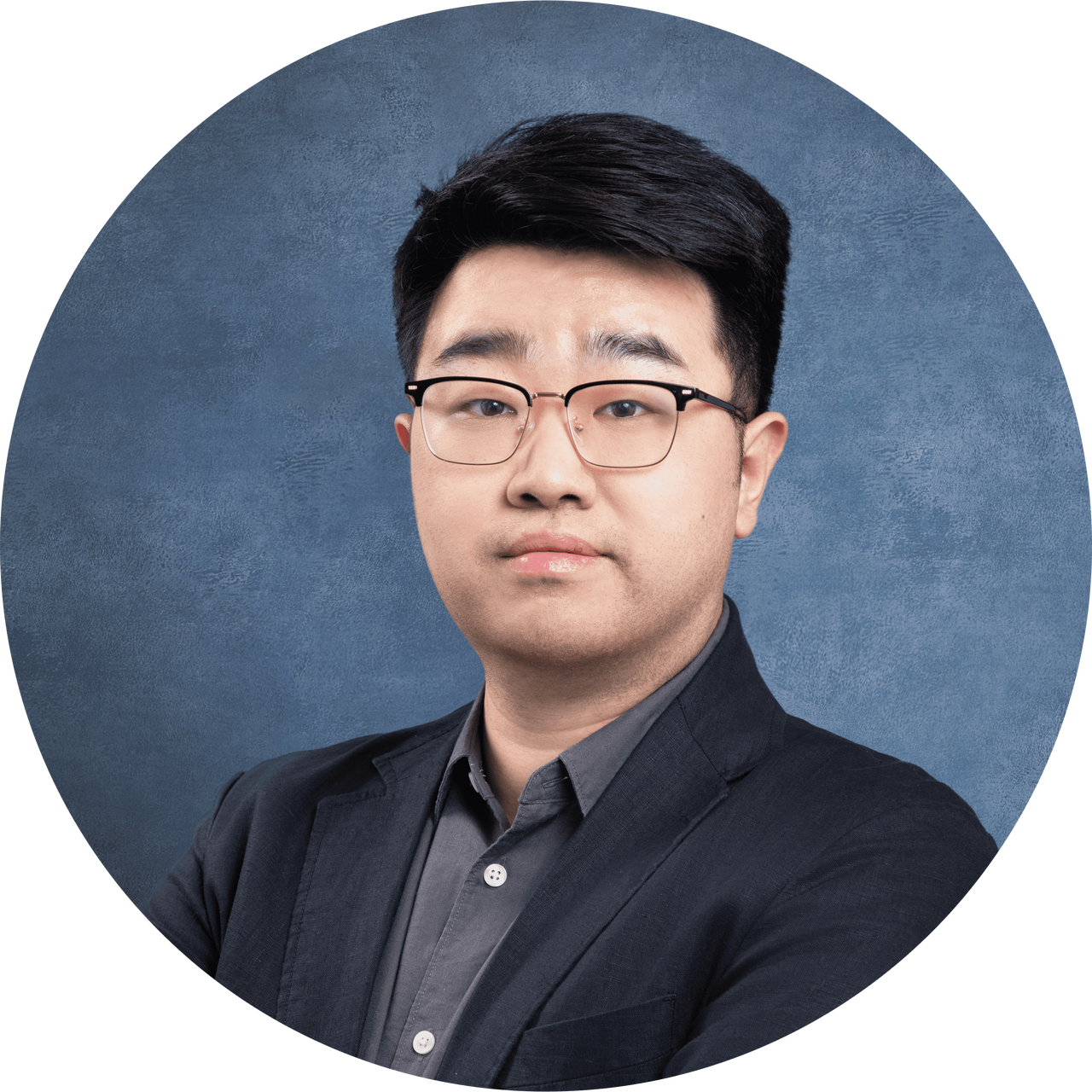
Jiangmiao Pang
young scientist at the Shanghai Artificial Intelligence LaboratoryPang Jiangmiao, a young scientist at the Shanghai Artificial Intelligence Laboratory and the director of the Embodied Intelligence Center, focuses on research in robot learning, multimodal learning, and embodied intelligence. His goal is to build an integrated and generalizable embodied general artificial intelligence system. More than 50 papers have been published in top journals and conferences in the field of computer vision and robotics learning, such as TPAMI, IJCV, CVPR, and CoRL. Google Scholar has been cited over 13,000 times, and the related series of open-source projects have accumulated over 45,000 stars on GitHub, and are widely used in both industry and academia. He has received honors such as the Most Influential Paper at CVPR 2023 and ECCV 2024, and is a candidate for the Best Paper at ECCV 2024.
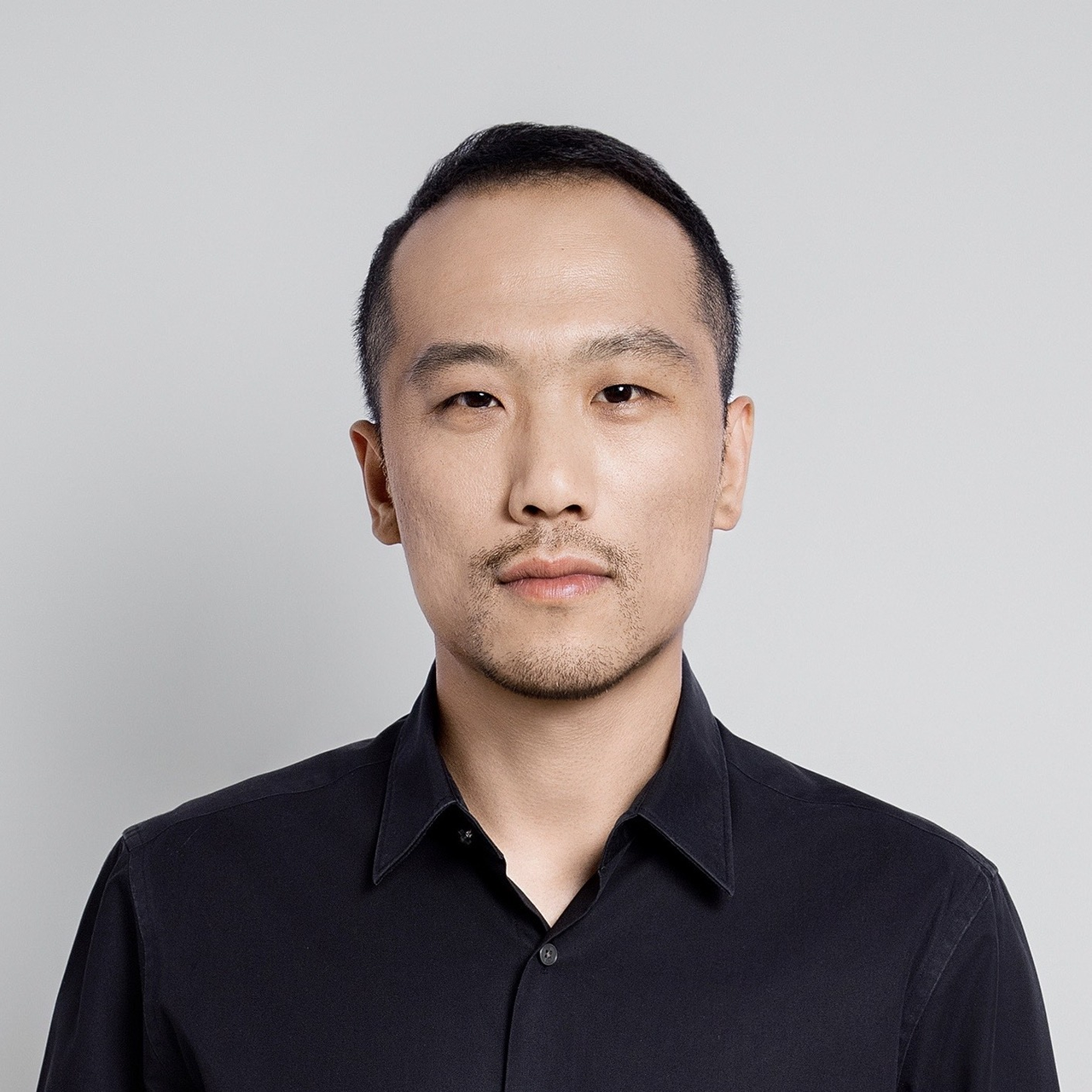
Zongqing Lu
Tenured associate professor at the School of Computer Science, Peking University, National-level young Talent, and Zhiyuan ScholarTenured associate professor at the School of Computer Science, Peking University, National-level young Talent, and Zhiyuan Scholar. The main research areas include reinforcement learning, multimodal large models and general agents, and he/she serves as the chair in the fields of ICML, NeurIPS and ICLR
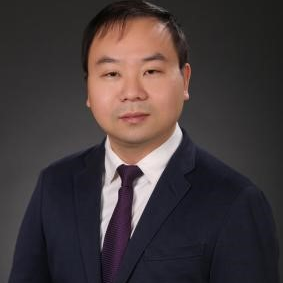
Bin Fang
Professor of Beijing University of Posts and TelecommunicationsA "Top-notch Talent" professor at Beijing University of Posts and Telecommunications, his main research directions are intelligent perception, interaction and operation of robots. He concurrently serves as the Secretary-General of the Cognitive Systems and Information Processing Special Committee of the Chinese Association for Artificial Intelligence, a Distinguished Member of the Chinese Association for Artificial Intelligence, a Standing Committee Member of the Intelligent Robotics Special Committee of the China Computer Federation, and a senior member of IEEE. Published over a hundred argumentative papers in high-level journals such as Nature Communications, IEEE TRO, Soft Robotics, and conferences like ICRA, published one monograph each in Chinese and English, and won eight best paper awards at international conferences/international journals. This includes the nomination award for the Best Paper at ICRA2021, the Best Paper Award at ICARM2021, and the Best Student Paper Award at ROBIO2019, among others, which are top conferences in the field of robotics. As the chief guest editor, I organized special issues on the dexterous operation of robots in several SCI international journals. I have led students to win the championship in the international IROS grabbing operation competition many times and was once awarded the title of "Outstanding Instructor" by Tsinghua University in the Challenge Cup. The dexterous touch hand developed was selected for the National "13th Five-Year Plan" Science and Technology Innovation Achievement Exhibition, and the autonomous throat swab collection robot system developed won the silver award at the International Geneva Invention Exhibition. At the same time, he/she has received the "Early Career Award" from the IEEE Bionic Mechatronics and Robotics Technical Committee, the "Young Scientist Award" from the China Command and Control Society, the "Innovative Master Craftsman" of Beijing, and the First Prize of the Natural Science Award of the Chinese Association of Automation, among others.

Yang Gao
assistant professor at the Institute for Interdisciplinary Information Sciences, Tsinghua University, and co-founder of Qianxun IntelligenceGao Yang is an assistant professor at the Institute for Interdisciplinary Information Sciences, Tsinghua University, and co-founder of Qianxun Intelligence. The main research focuses on computer vision and robotics. Previously, he obtained a doctoral degree from the University of California, Berkeley, under the supervision of Professor Trevor Darrell. He also completed his postdoctoral work in collaboration with Pieter Abbeel and others at the University of California, Berkeley. Before this, Gao Yang graduated from the Department of Computer Science at Tsinghua University and conducted research on Bayesian inference with Professor Zhu Jun. He conducted research related to natural language processing at Google Research from 2011 to 2012, worked in the camera perception team of Waymo, Google's autonomous driving department, in 2016, and carried out research on end-to-end autonomous driving with Dr. Vladlen Koltun at Intel Research in 2018. Gao Yang has published numerous academic papers in top artificial intelligence conferences such as NeurIPS, ICML, CVPR, ECCV, and ICLR, with over 5,000 citations on Google Scholar.
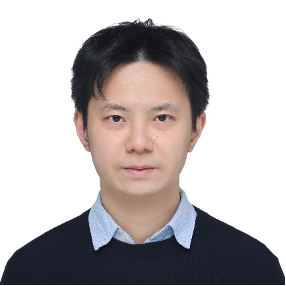
He Wang
Assistant Professor and Doctoral Supervisor at the Center for Advanced Computing Research (CFCS), Peking UniversityDr. Wang He is an assistant professor and doctoral supervisor at the Center for Advanced Computing Research (CFCS) of Peking University. He founded and led the Laboratory of Embodied Perception and Interaction at Peking University. The laboratory focuses on three-dimensional vision perception and robotics, with a particular emphasis on the perception and interaction issues of articulated robots in three-dimensional complex environments. The research objective is to develop highly generalized robot vision and control systems in an scalable manner. Research object grab, functional control, flexible operation and any other navigation, in CVPR/ICCV, ECCV TRO/RAL/ICRA/IROS/ICLR published over 40 / NeurIPS AAAI work, world conference on artificial intelligence outstanding young paper award, finalist of ICRA2023 Outstanding Manipulation Paper, nominated for the Best Paper of Eurographics 2019, and the champion of the ManiSkill Track without additional Annotations in ICLR 2021 Generalizable Robot Object Manipulation Challenge. He served as the domain chair of CVPR2022 and WACV2022, the associate editor of Image and Vision Computing, and a reviewer and program committee member for many top conferences. Before joining Peking University, he obtained his doctoral degree from Stanford University in 2021 under the supervision of Professor Leonidas J. Guibas, an academician of the National Academy of Sciences of the United States, and his bachelor's degree from Tsinghua University in 2014.
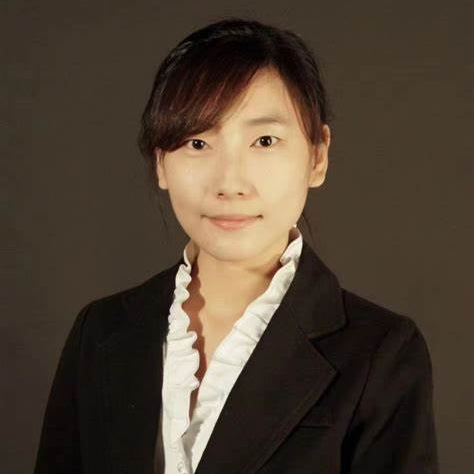
Shanghang Zhang
tenured assistant professor (researcher) and doctoral supervisor at the School of Computer Science, Peking UniversityZhang Shanghang is currently a tenured assistant professor (researcher) and doctoral supervisor at the School of Computer Science, Peking University. Graduated with a doctorate from Carnegie Mellon University in the United States in 2018, and then joined the Berkeley AI Research Lab (BAIR) of the University of California, Berkeley in early 2020 for postdoctoral research. His research direction is the theory and system of generalization machine learning in open environments, and at the same time, he has rich research experience in the fields of computer vision and brain-like intelligence. More than 50 papers have been published in top artificial intelligence journals and conferences, and 5 patents have been applied for in both the United States and China. It won the Best Paper Award at AAAI '2021, the world's top artificial intelligence conference. This work once ranked first on the Trending Research list, the world's largest academic source code repository, and was reported and promoted by more than ten media outlets. The open-source code was visited over 70,000 times and received over 2,600 stars. As an editor and author, the English book "Deep Reinforcement Learning" was published by Springer Nature. To date, the electronic version has been downloaded more than 120,000 times worldwide. It was selected as one of the annual high-impact studies by Chinese authors and a Chinese translation was published. Google Scholar has 3,100 citations, an h-index of 23 and an i10-index of 35. Selected as the "EECS Rising Star" in the United States in 2018, and has been nominated for the Adobe Academic Collaboration Fund and the Qualcomm Innovation Award. Won the first place in the International Human Brain Multimodal Computing Model Response Prediction Competition and the third place in the NeurIPS 2021 Visual Domain Adaptation Competition. I have organized workshops at top international conferences such as NeurIPS and ICML on multiple occasions. I have also served as a reviewer or program committee member for many top international journals and conferences, and have been a senior program committee member for AAAI in 2022/2023.

Matt White
PyTorch Foundation, Executive DirectorMatt White is the Executive Director of the PyTorch Foundation and GM of AI at the Linux Foundation, as well as the Director of the Generative AI Commons under the LF AI & Data Foundation. With nearly 30 years of experience in AI research, standards, and applications across telecom, media, and gaming, he has specialized since 2012 in machine learning, simulations, and multi-sensory learning. He previously co-founded the Open Metaverse Foundation, chairs the Metaverse Standards Forum, and co-organizes both the Silicon Valley Generative AI paper reading group and the GenAI Collective.
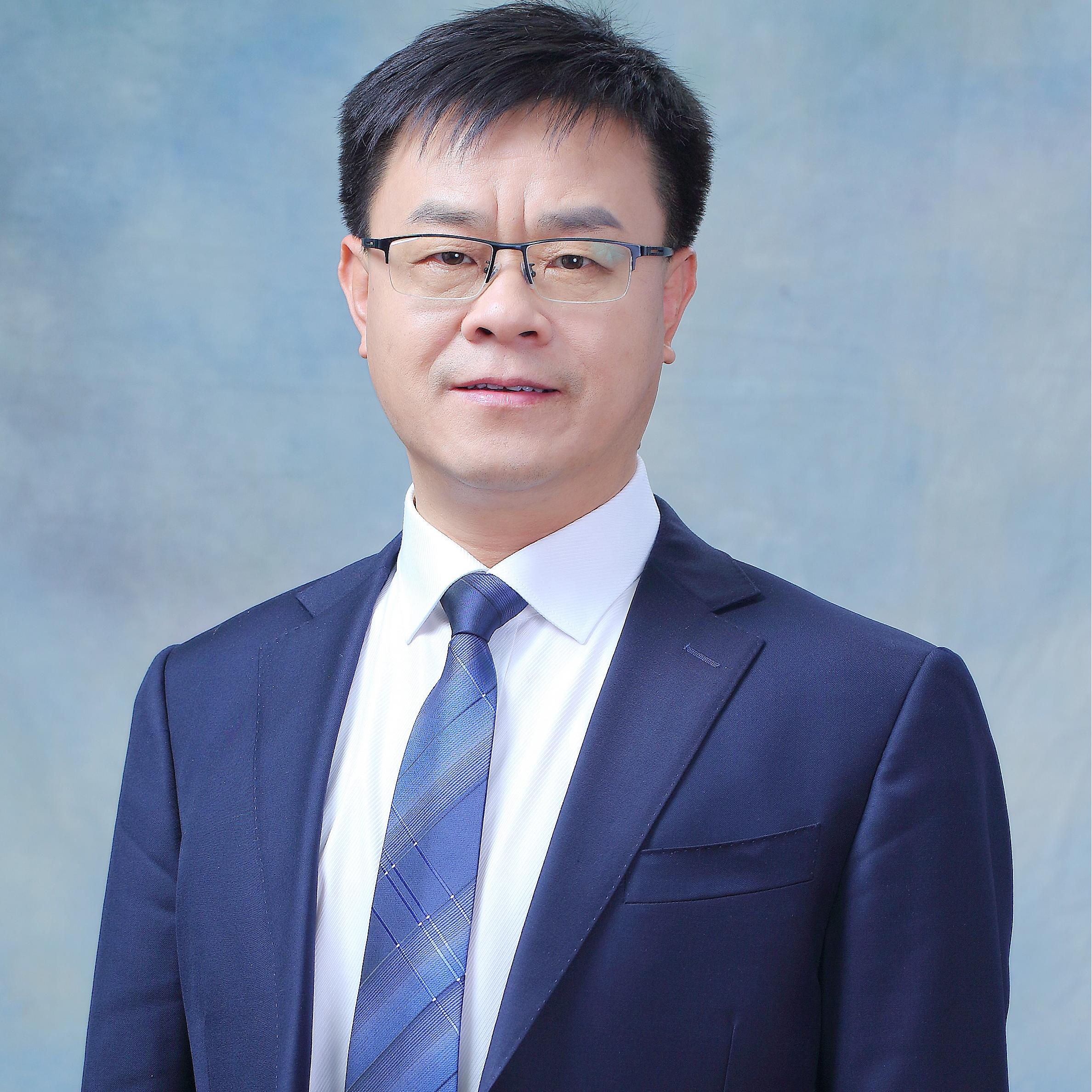
Aimin Hao
Beihang University,ProfessorHao Aimin, professor, Ph.D. supervisor of computer science at BeiHang University, Ph.D. supervisor of Peking Union Medical College. Director of the National Engineering Laboratory of Virtual Reality/Augmented Reality Technology and Application (BeiHang University), Deputy Director of the National Key Laboratory of Virtual Reality Technology and Systems (BeiHang University), Chairman of the Medical Simulation Special Committee of the Chinese Simulation Society, Standing Committee of the Digital Medicine Branch of the Chinese Medical Association Member, Chairman of China Virtual Reality Industry and Technology Innovation Platform, Chairman of the Virtual Reality and Metaverse Sub-Technical Committee of Zhongguancun Association, Deputy Director of the Technical Working Committee of the Virtual Simulation Experimental Teaching Innovation Alliance. The research direction is virtual human body and virtual surgery technology. It has undertaken many major projects of the National Natural Science Foundation of China, key projects, and national key research and development plan projects. It has published more than 150 papers including TPAMI, IJCV, TVCG, TIP, SIGGRAPH, etc., and has been approved Authorized more than 40 national invention patents. Won 1 first prize and 1 second prize of the National Science and Technology Progress Award, 4 first prizes at the provincial and ministerial levels, 1 national innovation competition award, 1 first prize of the China Industry-University-Research Cooperation Innovation Achievement Award and 1 first prize of the Innovation Award, and 1 national 1 first prize for teaching achievements Award.
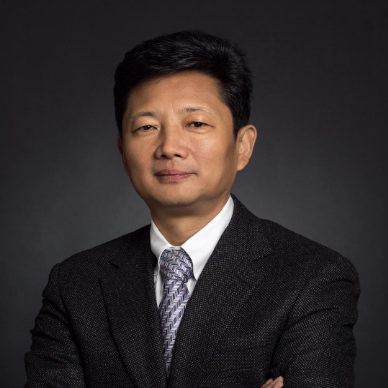
Yongjian Wu
Coronary Artery Disease of Fuwai Hospital, DirectorPref. Cardiology, peiking union medical college,
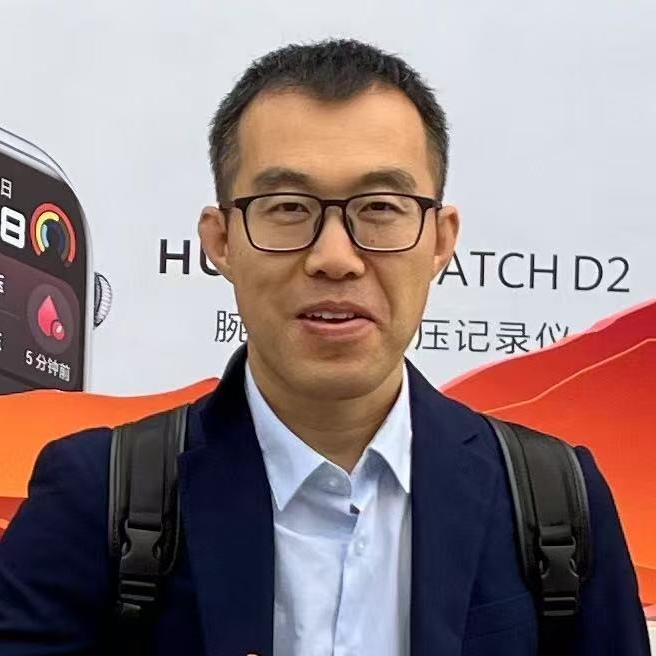
Jieyun Bai
Jinan University,Associate ProfessorDr. Jieyun Bai is an Associate Professor at Jinan University and Chief AI Scientist at Guangzhou Lianyin Medical Technology Co., Ltd. His research focuses on intelligent healthcare and medical digital twin technologies, with an emphasis on AI-driven innovations in precision medicine. As first/corresponding author, he has published over 40 papers in top-tier journals including Medical Image Analysis (MedIA), IEEE Transactions on Medical Imaging (TMI), and IEEE Journal of Biomedical and Health Informatics (JBHI), as well as flagship conferences like MICCAI and ISBI, achieving an h-index of 17. He has led/participated in more than 10 national and provincial research initiatives, including the National Key R&D Program, National Natural Science Foundation of China (General and Youth Programs), National Foreign Expert Program, and Guangdong Provincial Natural Science Foundation (General Program). Dr. Bai serves as a committee member of the Intelligent Healthcare Division at Guangdong Biomedical Engineering Society, and holds leadership roles as Chair of the MICCAI 2023-2025 Ultrasound Image Analysis Challenge, Chair of ISBI 2025 Ultrasound Image Analysis Challenge, and Program Committee Member for the IEEE ICDM 2025 Workshop.
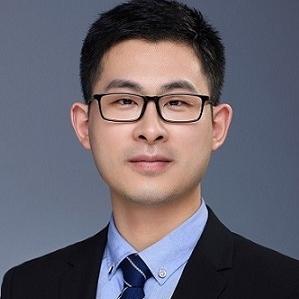
Gongning Luo
King Abdullah University of Science and Technology, ScientistLuo Gongning, Professor, Doctoral Supervisor, Qihang Scholar, Harbin Institute of Technology Youth Top notch Talent Support Program, Head of the "Spring Goose" Team in Heilongjiang Province (Heilongjiang Province High level Talent Program), Head of the Smart Healthcare Innovation Team in Heilongjiang Province, Reserve Leader of the Professional and Technical Leadership Talent Team in Heilongjiang Province, and specially appointed scientist of King Abdullah University of Science and Technology. Main research direction: Multimodal medical image analysis and artificial intelligence technology. The first or corresponding author has published over 30 papers in top or important journals and international conferences in the field (Nature Communications, Medical Image Analysis, IEEE Transactions on Medical Imaging, IEEE Transactions on Biomedical Engineering, IEEE Journal of Biomedical and Health Informatics, MICCAI, CVPR, AAAI, etc.) and has been cited over 1500 times. As the person in charge, led 10 projects including the National Natural Science Foundation of China's youth and general programs.
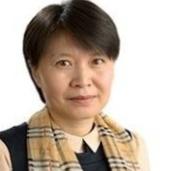
Xiuying Wang
The University of Sydney, Associate ProfessorA/Prof Xiuying Wang received her PhD in Computer Science from the University of Sydney in 2006. She is currently an Associate Professor in School of Computer Science at the University of Sydney. She has been the Associate Director of Multimedia Lab since 2009. She was the Chair of Outreach Engagement Committee, and the Associate Head looking after Research Education portfolio. Her research focuses on quantitative data analysis and fusion as relates to multimodal imaging data computing. Her research focuses on image processing, clustering and segmentation, image registration and fusion, saliency detection and identification, and radiomics analysis for medical applications. In conjunction with her students and research collaborators, Dr. Wang has been publishing in top-tier venues and received paper awards from flagship conferences in her fields. She has been serving several editorial boards. She serves MICCAI2026 as Workshops Chair.
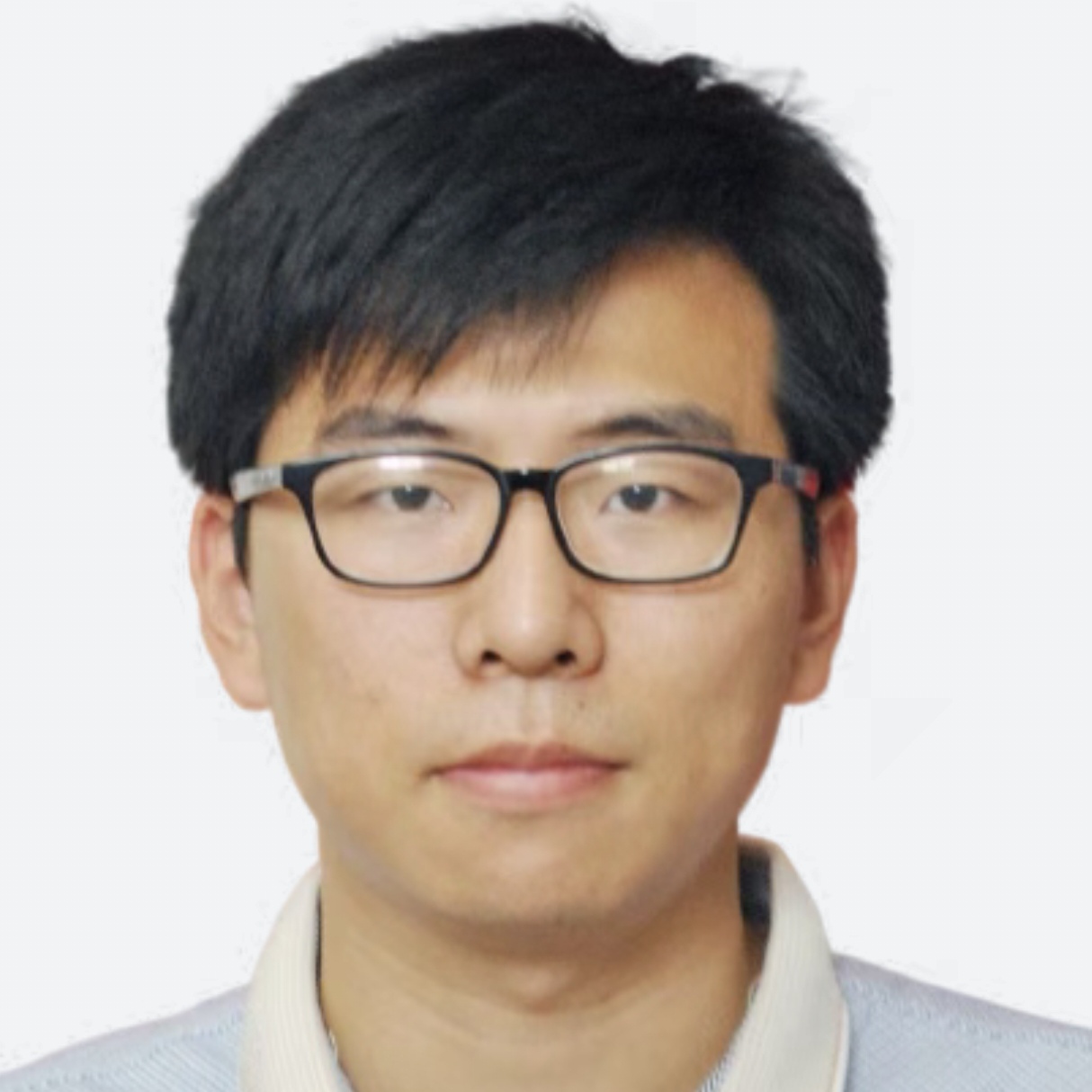
Shugang Zhang
Ocean University of China, Associate ProfessorShugang Zhang is an associate professor affiliated with the Ocean University of China. He is a senior member of CCF, and excutive members of the CCF Bioinformatics Committee and the CAAI Intelligent Medical Committee. His primary research focuses on intelligent computing systems for cross-scale life sciences, including high-precision digital heart modeling, and AI in protein and drug discovery. In recent years, he has published over 30 papers as the first or corresponding author in international journals such as Communications Biology, IEEE JBHI, Drug Discovery Today, with 1 ESI highly cited and hot paper. His work has garnered over 1,500 citations on Google Scholar, with an H-index of 17. He has been selected for the Shandong Provincial Postdoctoral Innovation Talent Support Program and has led research projects funded by the National Natural Science Foundation of China, etc. He serves as an editorial board member for international journals including PLOS Computational Biology, BMC Bioinformatics, and INSC, and as a program committee member for conferences such as IEEE BIBM, IEEE ICPADS, and AIED. He is also a peer review expert for the National Natural Science Foundation of China and the Austrian Science Fund (FWF).
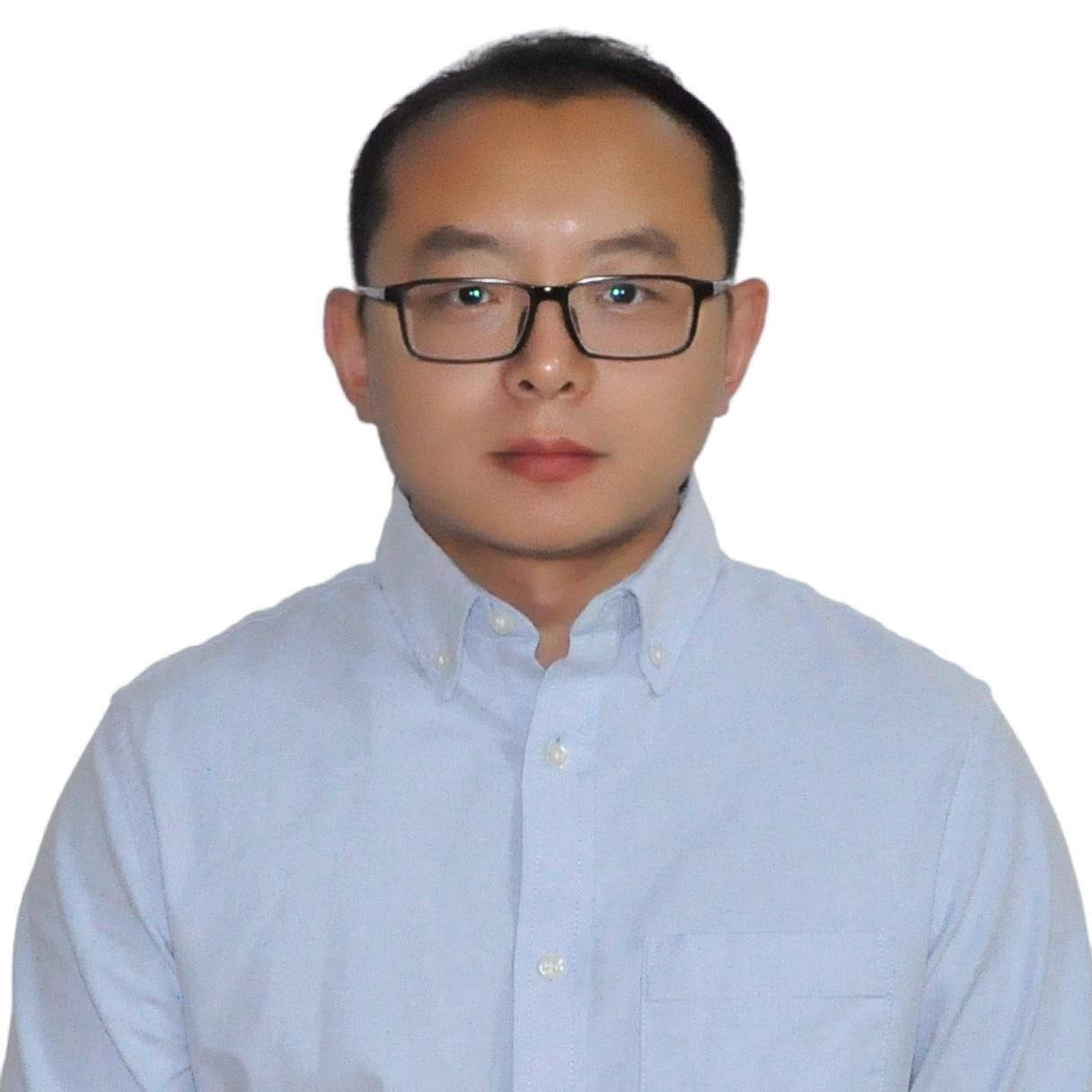
Sui Dong
Beijing University of Civil Engineering and Architecture, Associate ProfessorSui Dong is an Associate Professor and Master's Supervisor at the School of Intelligent Science and Technology, Beijing University of Civil Engineering and Architecture. He serves as the Director of the Department of Computer Science. He holds a Ph.D. in Computer Application Technology from Harbin Institute of Technology and completed postdoctoral research in Computer Science at Beihang University. His research focuses on virtual reality, generative artificial intelligence, image processing and analysis, digital preservation and 3D reconstruction of cultural relics, virtual restoration of digital murals, as well as damage diagnosis and monitoring of buildings (particularly ancient architecture).
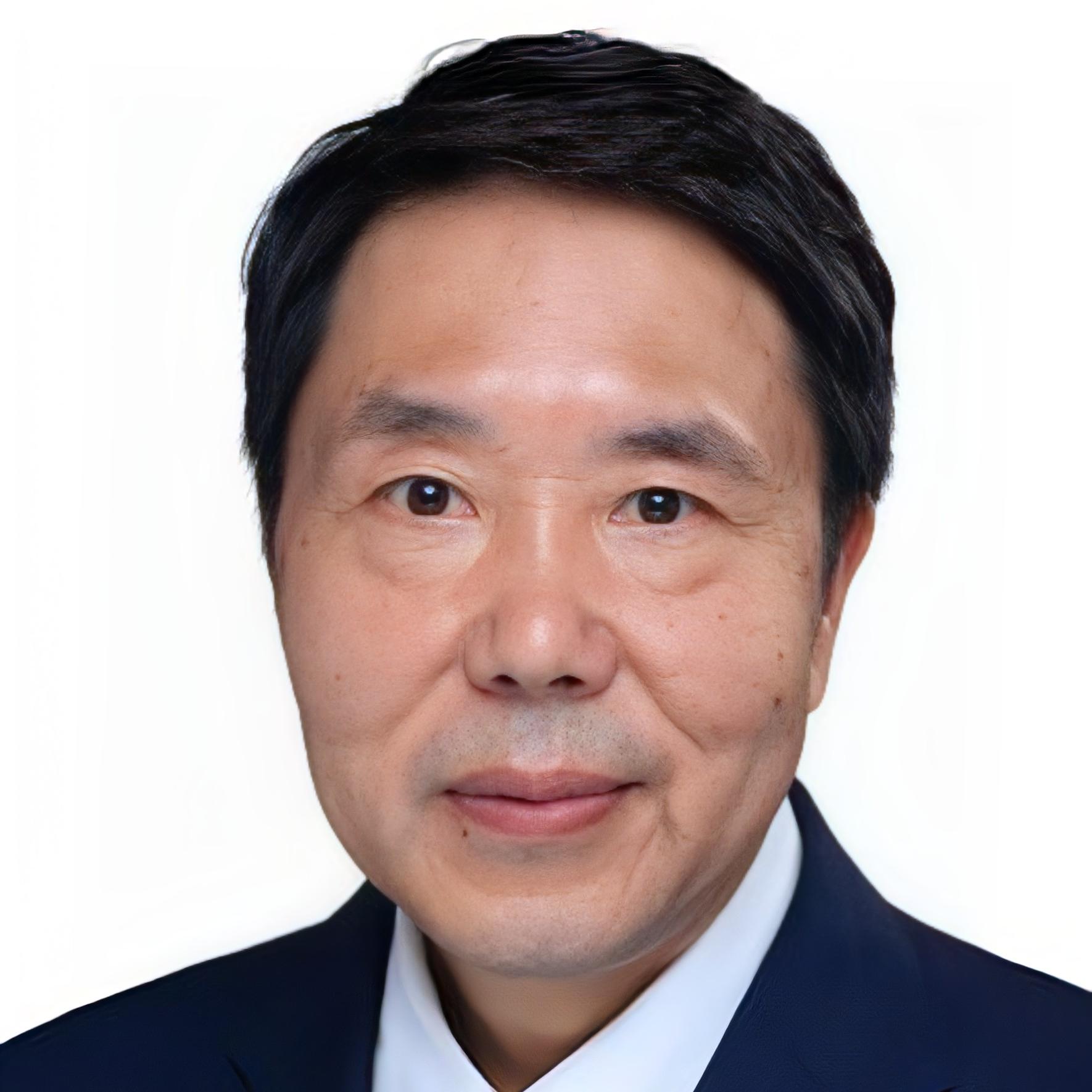
Kuanquan Wang
Harbin Institute of Technology, ProfessorProfessor Kuanquan Wang , director of the Perceptual Computing Research Center of Harbin Institute of Technology, the first batch of Simon Scholars from the Ministry of Education, and an outstanding member of China Computer Federation (CCF),a senior member of IEEE. As a visiting professor he had visited Carnegie Mellon University, Manchester University, and Hong Kong Polytechnic University. His main research areas include computational cardiology and medical image analysis. So far he has published more than 200 articles in peer-reviewed journals and conferences which have been cited more than 10000 times. Also, he serves as a national engineer education accrediting expert in computer science related specialty, a member of the Virtual Reality Special Committee of the CCF, and a senior member of the Chinese Society of Biomedical Engineering. He once served as the vice dean of the School of Computer Science and Technology of Harbin Institute of Technology, the dean of the School of Computer Science and Technology of Harbin Institute of Technology at Weihai, the director of the National Experimental Teaching Demonstration Center for Computer Science and Technology at HIT, and the director of the Computer Technology Cooperation Group of the National Engineering Master Degree Education Steering Committee.
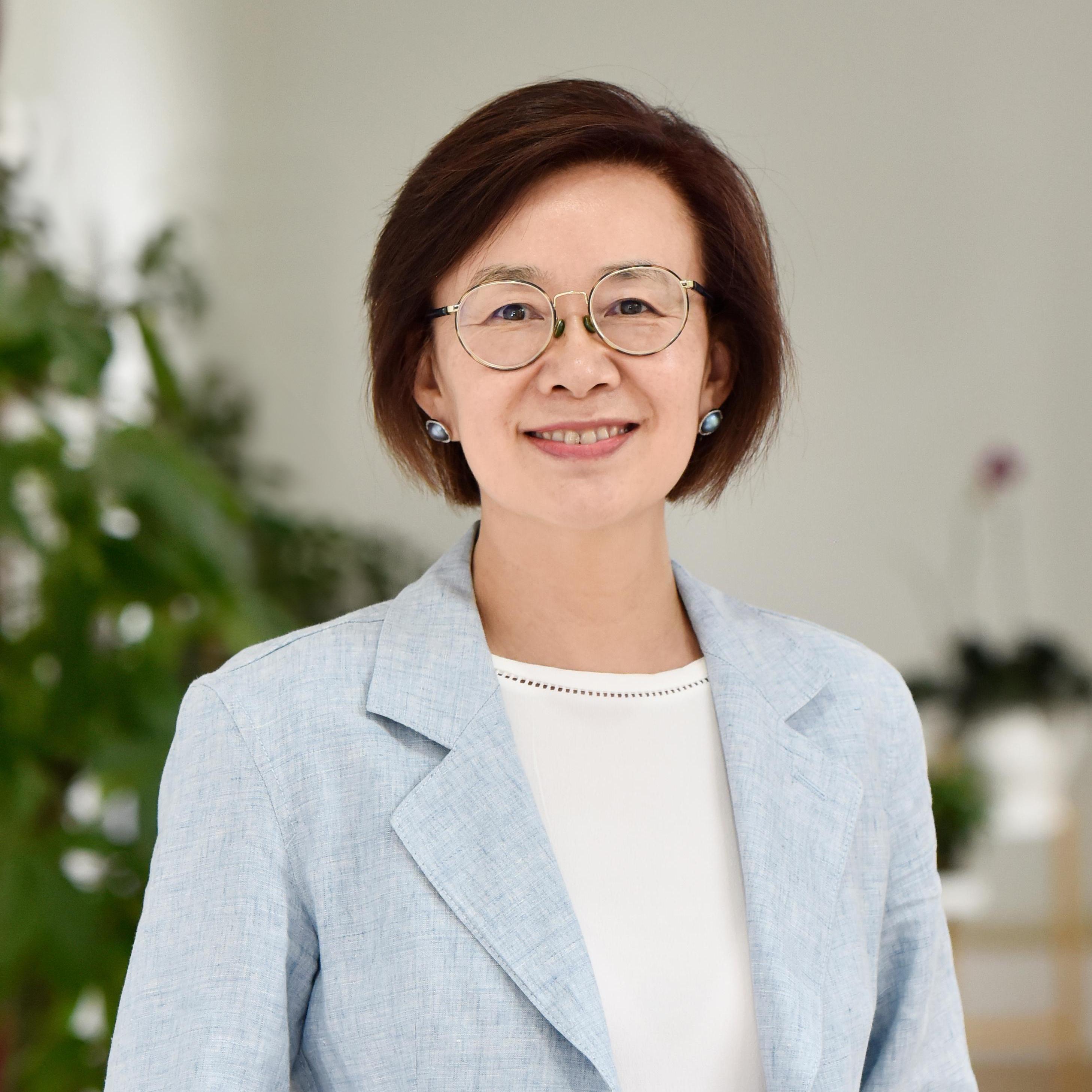
Yihua He
Maternal-Fetal Medicine center in Fetal Heart Disease and Echocardiography Medical Center,Beijing Anzhen Hospital, Capital Medical University;Prof. He was awarded to the Beijing Scholar Program in 2023. The Doctoral supervisor in Capital Medical University and a Part-time doctoral supervisor of Beihang University. The office director of the Expert group of Integrated Maternal-Fetal Medicine management of Fetal Heart Disease of National Health Commission. The director of Beijing Key Laboratory of Maternal-Fetal Medicine in Fetal Heart Disease. The Deputy director of Beijing Lab for Cardiovascular Precision Medicine, Capital Medical University Chief expert of the China National Key R&D Program during the 13th Five-year Plan Period and Key Program of the National Natural Science Foundation of China. Prof. He awarded Second Prize of Science and Technology Achievement Award of the Ministry of Education of the People’s Republic of China in 2020, First Prize of Science and Technology in Maternal and Child Health in 2021 and Second Prize of The China Medical Science and Technology in 2022 as the host. Prof. He published more than 300 articles in high quality peer-review journals including The Lancet Child & Adolescent Health and JAMA Pediatrics , whose clinical and scientific research have increased the level of prenatal diagnosis and decreased unnecessary induction of labor rates of congenital heart disease in China. Prof. He Yihua has led the establishment of 1 industry standard and 1 clinical guideline, formulated 4 expert consensus documents, and contributed to 3 additional guidelines/consensus papers in China.

Juexiao Zhou
The Chinese University of Hong Kong, Shenzhen, Assistant ProfessorAssistant Professor at The Chinese University of Hong Kong, Shenzhen. He is also the co-founder at DermAssure.ai, MOSS.ai, and BeautyX.ai. His research lies at the intersection of computer science and biomedicine, with a primary focus on AI-driven intelligent healthcare, bioinformatics, and ethical and trustworthy AI in healthcare. He has authored over 30 publications in top-tier journals and conferences, including Science Advances, Nature Machine Intelligence, Nature Computational Science, Nature Communications, Genome Research, Trends in Genetics, Bioinformatics, IEEE TMI, and MICCAI. He serves as a reviewer for leading journals and conferences, including Nature, Nature Methods, Nature Communications, Medical Image Analysis, Genome Biology, Genome Research, NeurIPS, SIGKDD, and MICCAI. He is also an editorial board member of BMC Bioinformatics and a guest editor for Biomedical Informatics.

Luxia Zhang
Peking University, ProfessorDr. Luxia Zhang is the Deputy Dean of the National Institute of Health Data Science at Peking University, China, and Professor in the Renal Division of Peking University First Hospital, China. She obtained her MD degree at Peking University and her MPH degree at Harvard School of Public Health. Her research focuses on prevalence, risk factors, intervention, and management of kidney disease in China. Most of her work provides first-hand information on kidney disease in China and has gained wide attention internationally. During the last several years, her study interests have been expanded to the management of major non-communicable chronic diseases by leveraging the power of big data and artificial intelligence. Her studies have been published in top medical journals including N Engl J Med, the Lancet and Br Med J. Dr. Zhang was named on the list of the "World's Top 2% Scientists " from Stanford University and the "China Highly Cited Scholars" list in from Elsevier for the last four years. She is the Vice President of Health Data Application and Management Committee, Chinese Hospital Association; Deputy Editor of Health Data Science (a Science Partner Journal); member of the Lancet Digital Health International Advisory Board; and member of Editorial Boards of Clin J Am Soc Nephrol and Am J Kidney Dis.

Richard Vencu
LAION AI, Head of EngineeringElectronics engineer with master degree in AI Engineering. Cofounder of LAION AI.
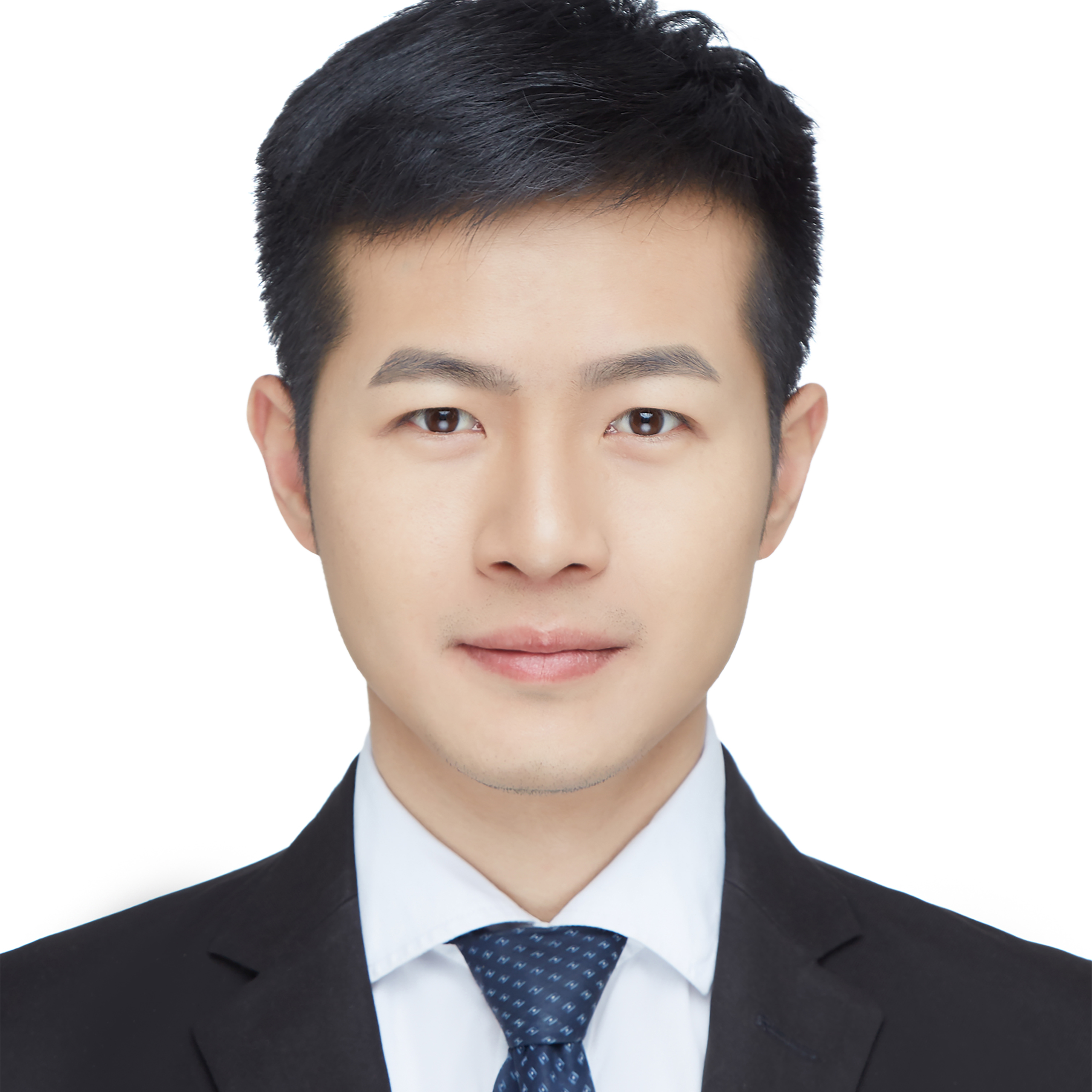
Chen Qian
Shanghai Jiao Tong University, Associate ProfessorChen Qian is a tenure-track associate professor at Shanghai Jiao Tong University. He earned his Ph.D. from Tsinghua University, with research interests including large language models, autonomous agents, and collective intelligence. He has conducted research at the Tsinghua University postdoctoral station and Tencent’s AI Platform Department. He was selected for Tsinghua University’s "Shuimu Scholars" and Tencent’s "Tech Star" programs. His work has been published in top international AI conferences such as NeurIPS, ICLR, and ACL, where he has also served as a senior chair or reviewer. He led the development of the multi-agent system ChatDev, which was among the first to apply large model collaboration to autonomous task solving. This work topped the GitHub Trending list for multiple days, garnered over 20,000 stars and 3,000 forks, accumulated more than 500,000 views worldwide on related tweets and videos, and was recognized by NVIDIA as one of the five agent frameworks for enterprise applications.
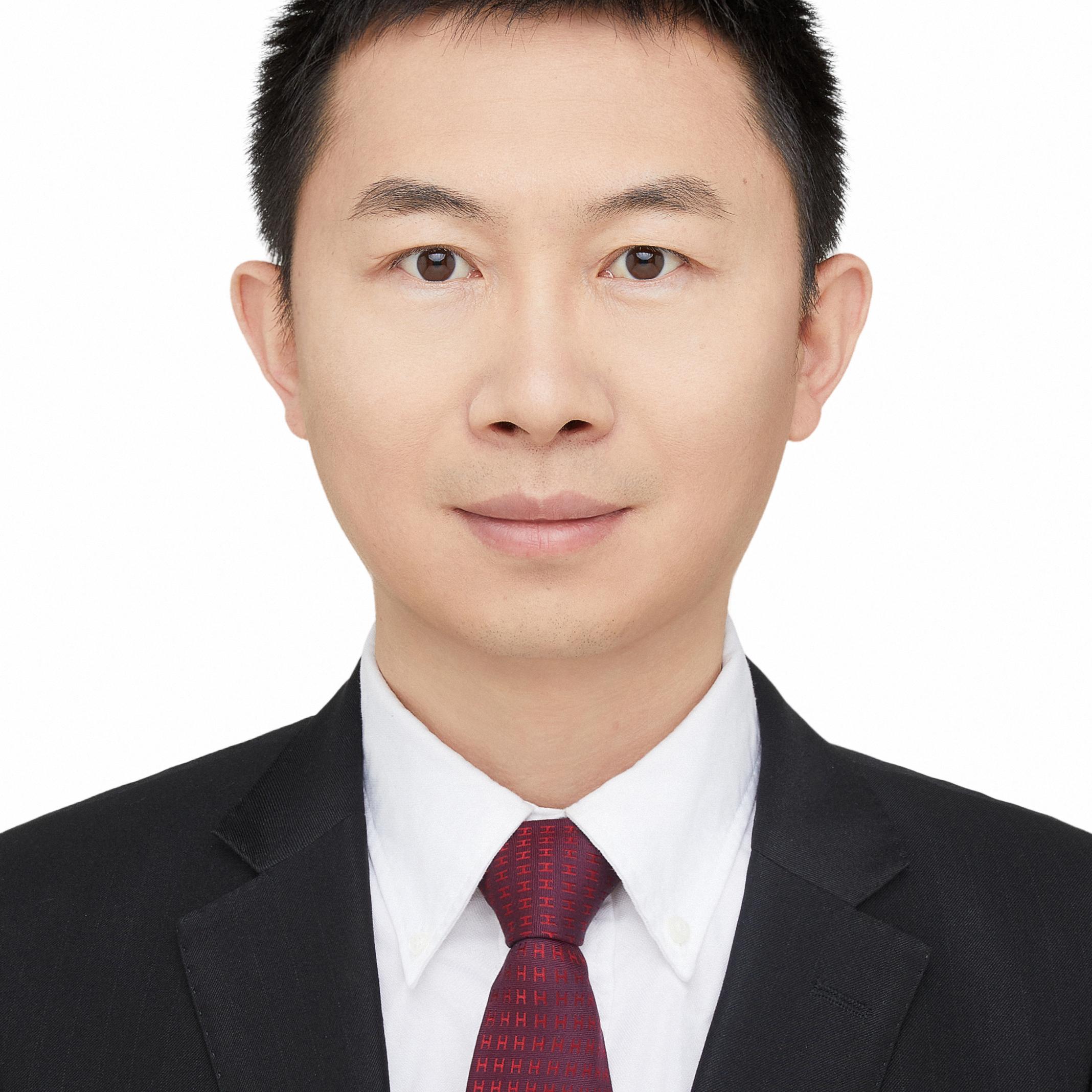
Chunlei Men
BAAI,R&D ManagerChunlei.Men, R&D Manager and Senior Engineer at the Beijing Academy of Artificial Intelligence (BAAI), oversees the intelligent computing power scheduling platform, AI compiler, and AI chip research. He holds 13 authorized invention patents. Previously, he served as a technical lead/expert at several major internet companies, where he engaged in AI R&D, including fundamental technology development and practical application deployment. Representative achievements include the large-scale deployment of JD Logistics' drones and autonomous vehicles, as well as the application of Kuaishou's large-scale models in short-video scenarios.
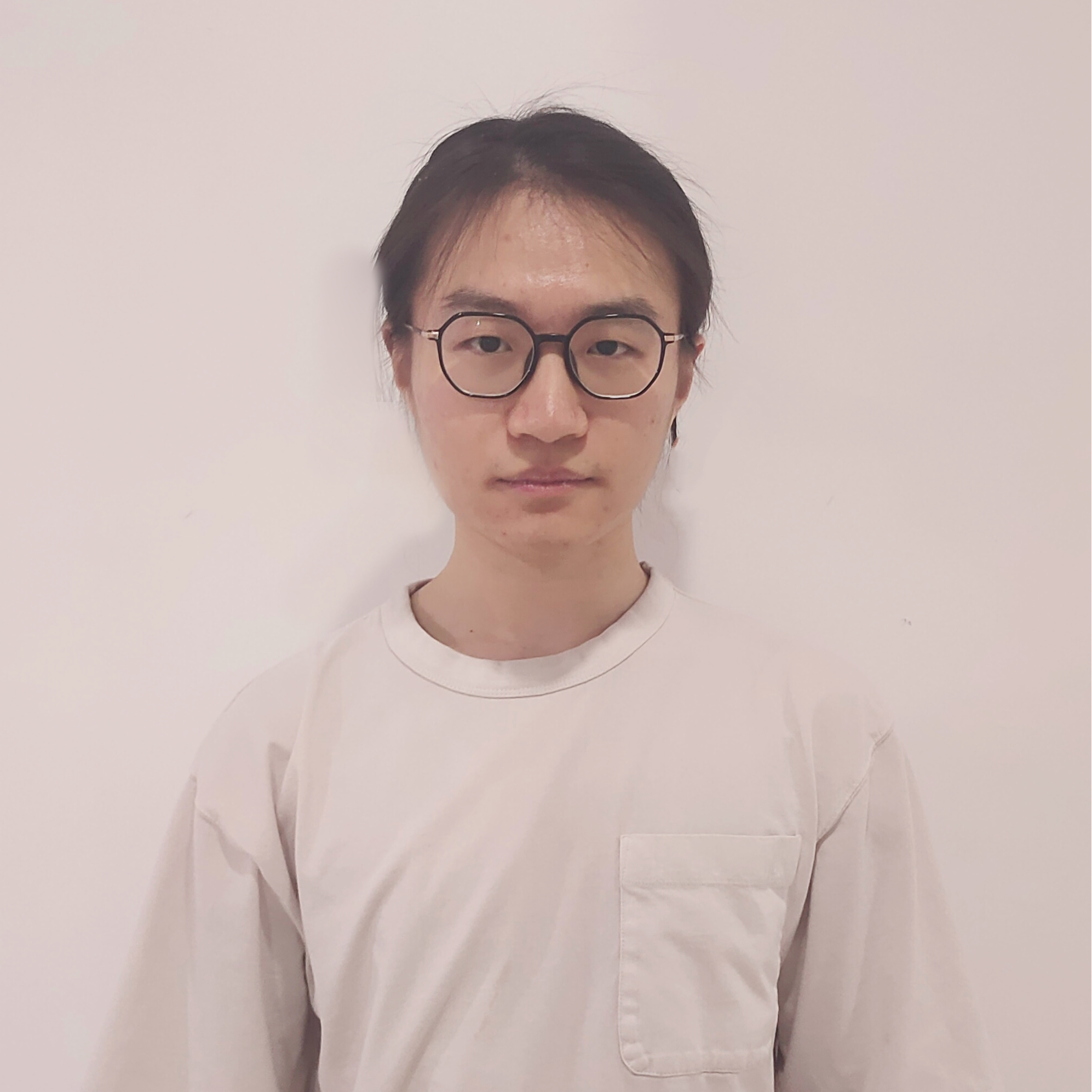
Yuxuan Tong
ByteDance Seed-Infra Research InternYuxuan Tong is one of the core contributors for verl, a research intern at ByteDance Seed-Infra and a senior undergraduate at DCST, THU. He used to intern at THUKEG, HKUST-NLP, CMU-LTI. He has published three papers in international conferences such as NeurIPS, ICLR, and ICML, with a Google Scholar citation count over 650. His research interests focus on areas such as NLP, RL and MLSys, and he is committed to building artificial intelligence systems with reasoning capabilities in long context.
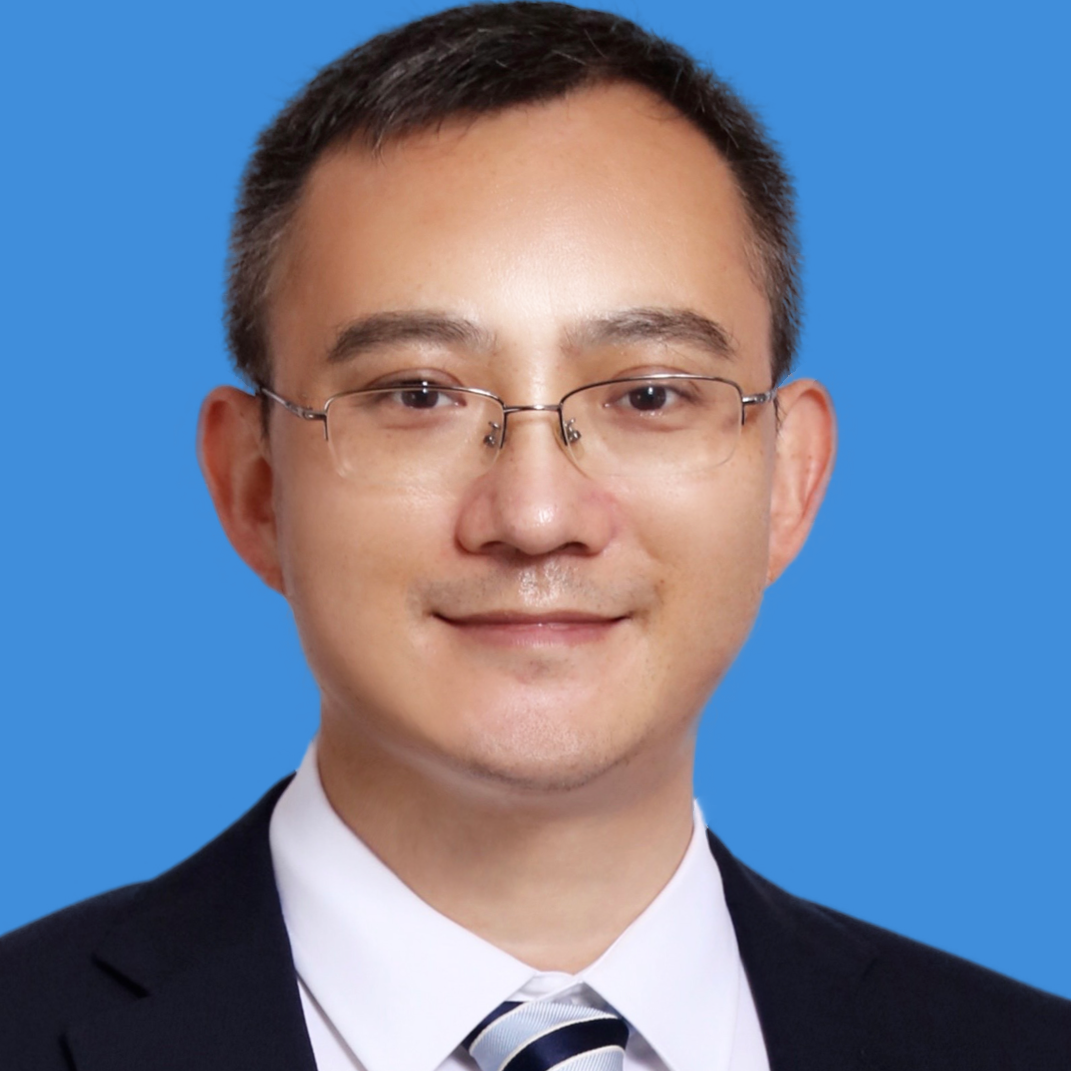
Yucheng Chen
Director of the Department of Internal Medicine/Department of Internal Medicine, West China Hospital, Sichuan UniversityMedical Doctor, Chief Physician, Director of Internal Medicine (Department of Internal Medicine) Mainly proficient in the diagnosis and treatment of difficult and rare heart diseases, as well as the magnetic resonance imaging diagnosis and research of cardiovascular diseases More than 130 academic papers have been published as the first author and corresponding author Led and participated in the writing of two expert consensuses/guidelines and two textbooks It has won the First Prize of Science and Technology Progress of Sichuan Province, the Second and Third Prizes of Medical Science Progress of the Chinese Medical Association, and many other awards. Academic Positions: Academic and Technical Leader of Sichuan Province Chief Expert of Health and Wellness in Sichuan Province Standing Committee Member of the Cardiac Magnetic Resonance Society of the China Medical Promotion Association Director of the Rare Diseases Committee of the Sichuan Medical Association Tianfu Qingcheng Program Tianfu Science and Technology Leading Talent of Sichuan Province

Haibo Ni
Nanjing University, Zhicheng Young Professor/Tenure-track Associate ProfessorDr. Haibo Ni is a tenure-track associate professor, researcher, Zhicheng Young Professor, and doctoral supervisor at the Nanjing University School of Medicine/Affiliated Drum Tower Hospital. He has been awarded prestigious grants including the National High-Level Young Talent Program (Overseas) (2024) and the American Heart Association (AHA) Career Development Award. Dr. Ni earned his bachelor's and master's degrees from the School of Mechatronics Engineering at Harbin Institute of Technology (2006–2012) and obtained his Ph.D. in Biophysics from the Department of Physics at the University of Manchester, UK, in 2017. He completed postdoctoral training at the UC Davis School of Medicine in the U.S., where he later served as an Assistant Project Scientist. In January 2025, he returned to China to join the Engineering Medicine research group led by Academician Gu Ning. His long-term research focuses on interdisciplinary approaches integrating computer science, physics, mathematics, physiology, medicine, and artificial intelligence to develop and refine multiscale, multiphysics-coupled digital twins of the heart. These models aim to precisely characterize cardiac biophysical properties, elucidate the pathological mechanisms of major cardiovascular diseases, and facilitate the development and evaluation of innovative therapeutic strategies.
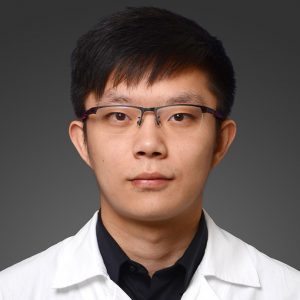
Jian Shi
Kornia.AI co-founderCo-founder of Kornia.AI; Previous worked at GE Power UK, CUHK, NEC lab China. Published in TPAMI, NeurIPS, ECCV, etc

Long Deyong
Beijing Anzhen Hospital, Capital Medical UniversityProf. Deyong Long, Beijing Anzhen Hospital, Capital Medical University Chief Physician, Professor Director of Arrhythmia Center, Beijing Anzhen Hospital, Capital Medical University, Beijing, China Committee Member of the Chinese Society of Cardiology Standing Committee Member of the Cardiology Branch of Beijing Medical Association Vice Chairman of the Chinese Heart Rhythm Society
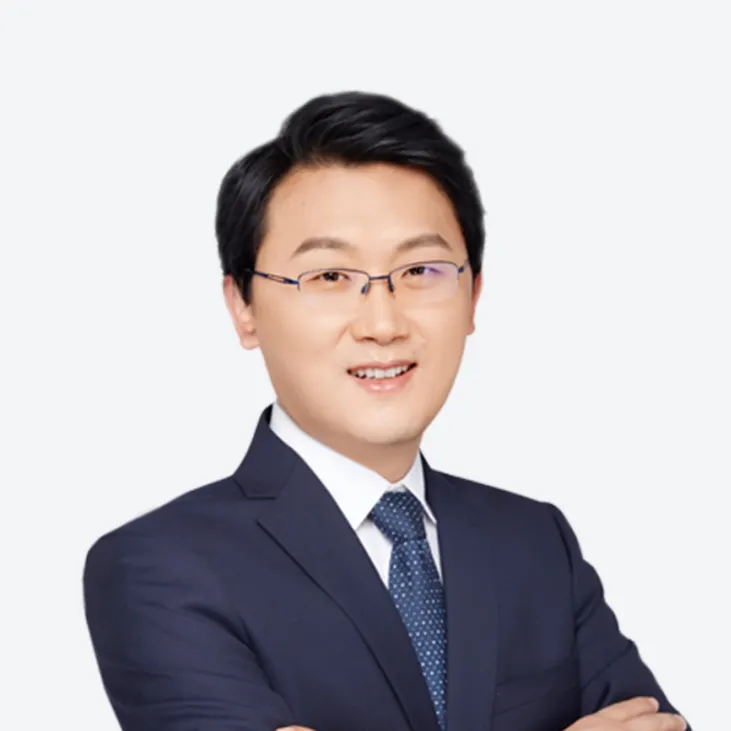
Jun Zhu
Vice Dean of the Institute of Artificial Intelligence at Tsinghua University, founder and chief scientist of Shengshu TechnologyZhu Jun, Vice President of the Institute of Artificial Intelligence at Tsinghua University, founder and chief scientist of Shengshu Technology, Director of the State Key Laboratory of Intelligent Technology and Systems at Tsinghua University, and chief scientist of Zhiyuan, The winner of the second "Science Exploration Award", the pioneer of MIT TR35 in China, the second IEEE AI 10 to Watch scholar in Asia, the first Chinese scholar in the field of machine learning in the "CSRankings Computer Discipline Ranking" from 2011 to 2021, and selected for the Leading Program of the National "Ten Thousand Talents Program" AAAI Fellow, IEEE Fellow, Associate editor of IEEE TPAMI, has served as the chair in the fields of ICML and NeurIPS for many consecutive years, and has published over a hundred papers in top international conferences and journals on machine learning such as ICML, NeurIPS, IJCAI, AAAI, JMLR, and PAMI.
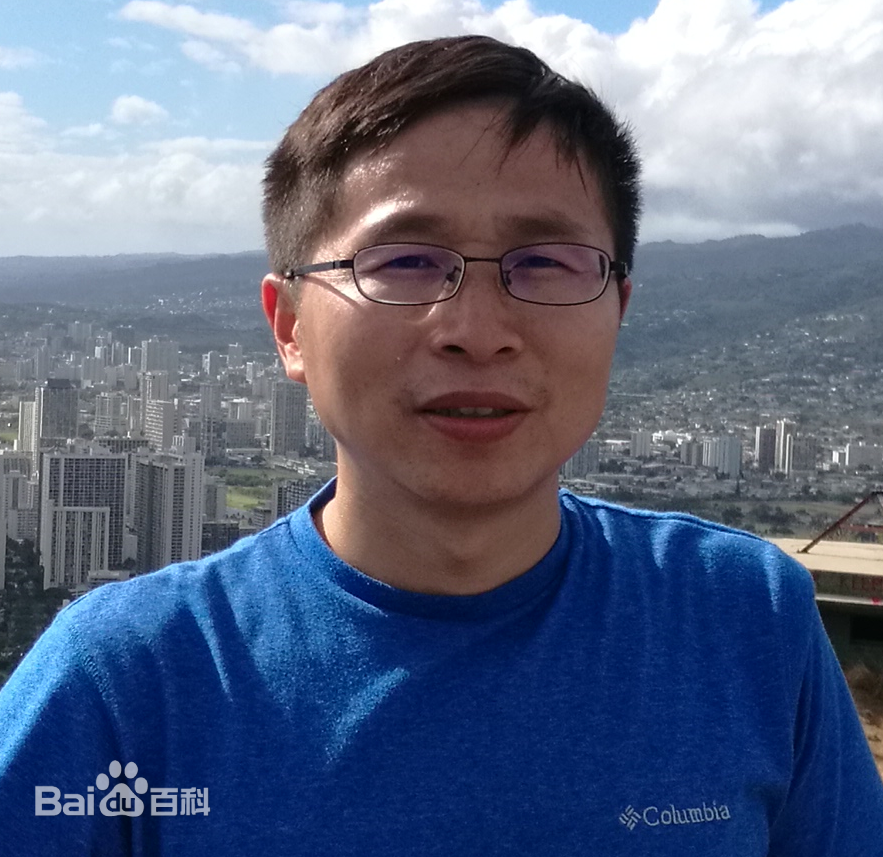
Jingdong Wang
Chief Scientist of Computer Vision at BaiduWang Jingdong, Chief scientist of Baidu Computer Vision, Foreign academician of Canadian Academy of Engineering, IEEE/IAPR Fellow, ACM Distinguished Member. He was a principal researcher in the Visual Computing Group at Microsoft Research Asia. His research interests include computer vision, deep learning, and multimedia search. Representative works include High-Resolution Neural Network (HRNet), transformer Attention-based image semantic segmentation network OCRNet, and large-scale nearest neighbor search based on nearest neighbor graph. He is a member of the editorial boards of IEEE TPAMI, IJCV, and ACM TOMM, has served as the domain chair of many AI conferences such as NerIPS, CVPR, ICCV, ECCV, AAAI, IJCAI, ACM MM, etc. He is the chair of the ICCV 2025 Program Committee.
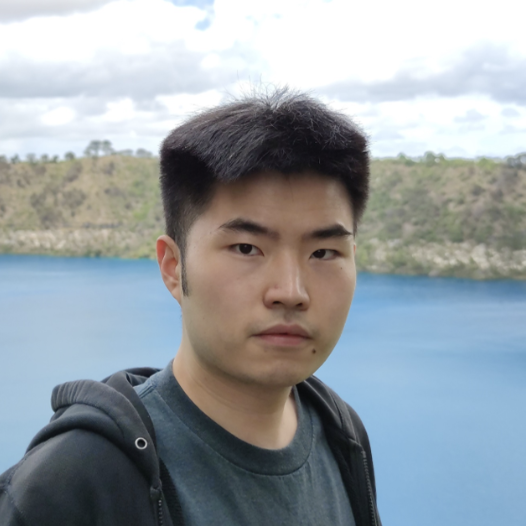
Xinlong Wang
Head of the Multimodal Large Model Research Center, Zhiyuan Research InstituteWang Xinlong is the head of the Multimodal Large Model Research Center at Zhiyuan Research Institute. He received his bachelor's degree from Tongji University and his doctor's degree from the University of Adelaide, Australia, under the supervision of Professor Shen Chunhua. His research interests are in computer vision and basic models. His recent research work includes visual perception (SOLO, SOLOv2), visual representation (DenseCL, EVA, EVA-CLIP), visual basic models (Painter, SegGPT), and computer vision. Multi-modal base models (Emu, Emu2, Emu3). He was selected as Google PhD Fellowship, national and overseas high-level Young Talents, and served as the chair of ICCV, ICLR, NeurIPS and other conference fields.
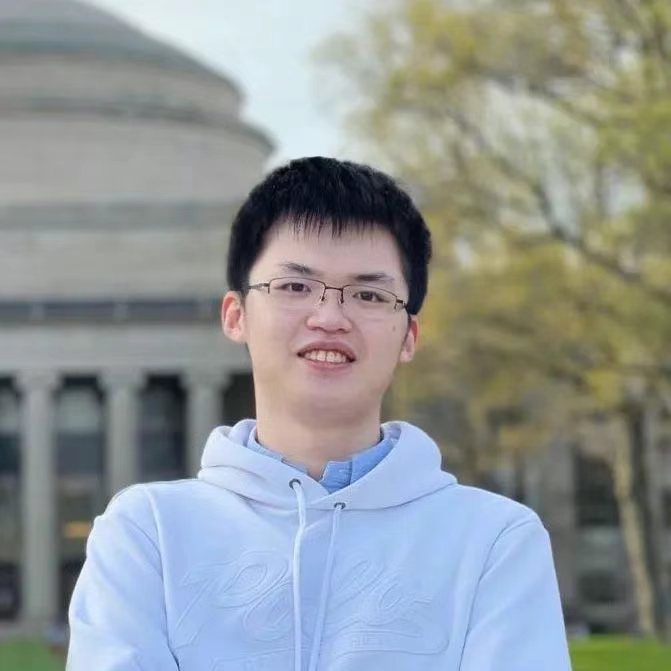
Tianhong Li
Postdoctoral fellow in the group of CSAIL Kaiming He, MITDr. Tianhong Li is a postdoctoral researcher in the Kaiming He Group at MIT CSAIL. He received his PhD from MIT under Prof. Dina Katabi and his BA from Tsinghua University Yao Class. His recent research interests focus on representation learning, generative models, and the synergy between the two. In the long term, he is committed to building intelligent vision systems that can go beyond human perception and deeply understand and model the world. He is a 2023 MathWorks Fellowship recipient and has served as field chair at top international conferences such as ICLR, ICML, and ICCV.
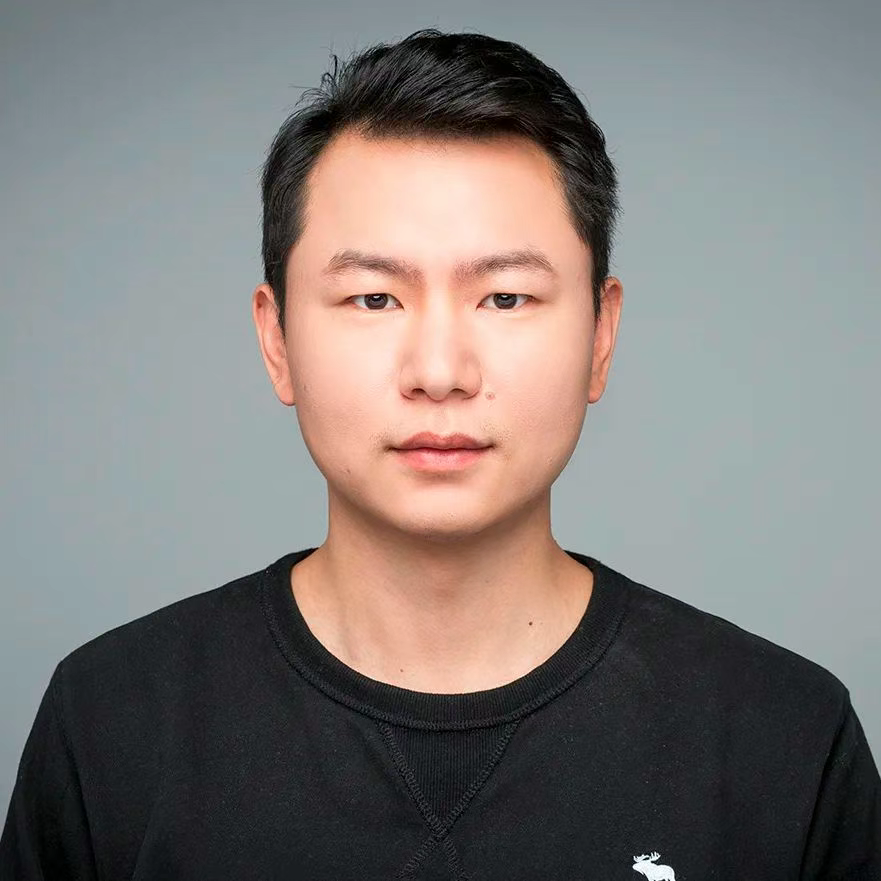
Qinglin Lu
Head of mixed-yuan multi-modal Generation at TencentDr. Lu Qinglin focuses on the field of multi-modal visual generation, and is responsible for the research and development of hybrid Wensheng graphs, Wensheng videos, and application models. It took the lead in adopting dual-stream DIT architecture, led the team to develop mixed DiT basic model, plug-in model matrix and video generation model based on driver, covering portrait, architecture, game and other vertical scenes, and its results were widely used in Tencent advertising, games, cloud, social and other dozens of business scenes. At the same time, we continue to open source graph/video generation models to the industry to promote the development of the community.
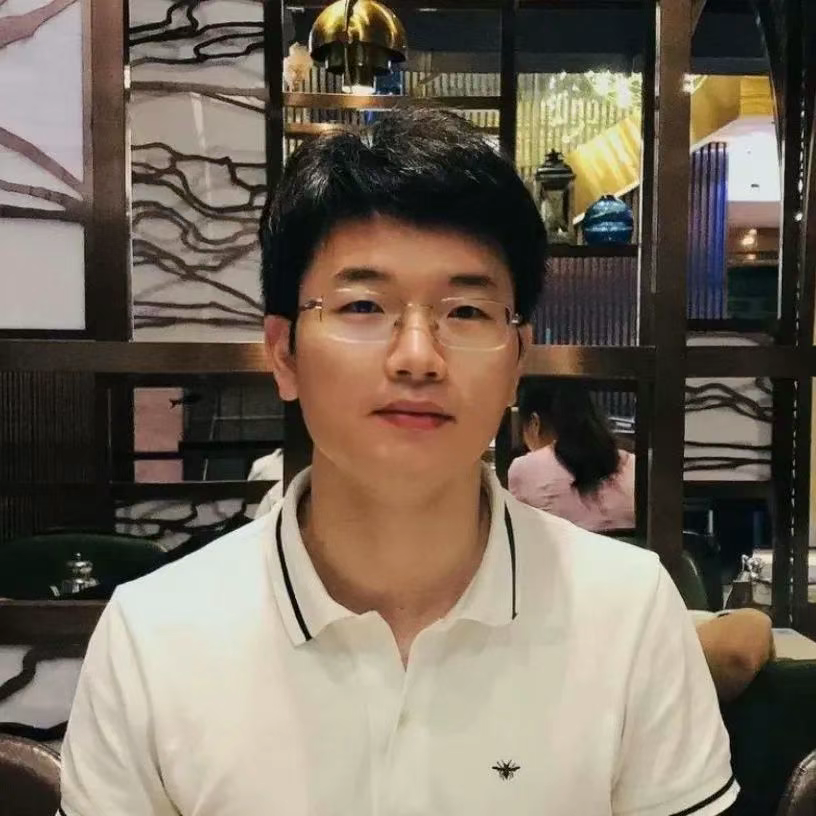
Weilin Huang
head of Bytedance Seed Basic Model for image & video generationWeilin Huang is currently the head of Bytedance Seed Basic Model for image & video generation, focusing on computer vision and deep learning related research and application. He has worked in the Visual Geometry Group (VGG) of Oxford University and the Chinese Academy of Sciences, and has profound academic accumulation and precipitation. In industry, he was responsible for the very large scale commercial visual search system, and achieved 100 billion GMV growth by reconstructing the multi-modal search system. At present, lead the team to build industry leading multimodal generation model (E.G.S eedream SeedEdit/Seedance, etc.), and continue to explore innovative technology, actively promote commercial model.

Jiaming Song
chief scientist at Luma AIJiaming Song is the chief scientist at Luma AI, an American startup in the field of video generation. During his PhD at Stanford, he developed Denoising Diffusion Implicit Models (DDIM), the first model to accelerate diffusion models up to 50x while maintaining the ability to generate diverse, high-fidelity samples. This research represents a major advance in the field of diffusion models and generative AI. His current research interests are breakthroughs in multimodal generative models and algorithms.

Chongxuan Li
Associate professor at Hillhouse School of Artificial Intelligence, Renmin University of ChinaLi Chongxuan is an Associate professor at Hillhouse School of Artificial Intelligence, Renmin University of China. His main research area is generative models. He led the development of Diffusion language model LLaDA, and some of his results have been deployed in DALL·E2, Stable Diffusion, Vidu and other industry-leading models. He won the ICLR Outstanding Paper Award, Wu Wenjun Outstanding Youth Award, Beijing Science and Technology Rising Star, Wu Wenjun Artificial Intelligence Natural Science First Prize, and presided over the National Natural Science Foundation of China Major Research Program Cultivation project. Serves as the IEEE TPAMI Editorial Board (AE) and as the field chair (AC) of international conferences such as ICLR and NeurIPS.
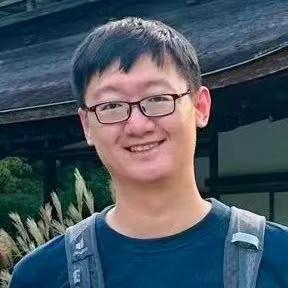
Zheng Zhang
co-founder of Sand.AIZheng Zhang is co-founder of Sand.AI. Prior to joining Sand.AI, he worked in the Visual Computing group at MSRA. He is one of the lead authors of work on Swin Transformer, SimMiM, RelationNetwork, SoftTeacher, etc. Among them, Swin Transformer won the ICCV Best Paper(Marr Prize).
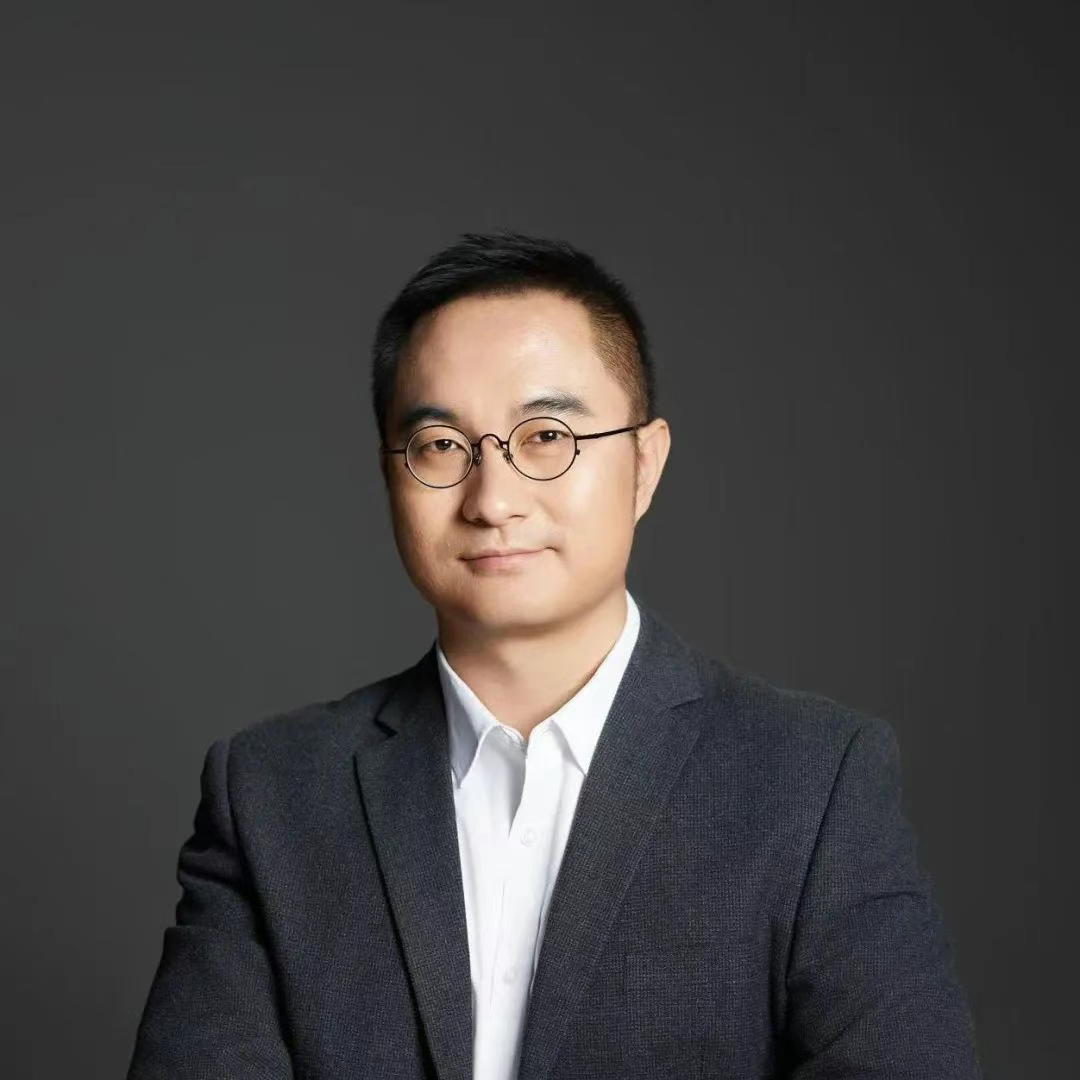
Gen Li
co-founder of Qubits, is currently editor-in-chiefGen Li, co-founder of Qubits, is currently editor-in-chief, responsible for the overall content of Qubits, Qubits Think Tank, and Smart Car Reference. In 2019, he was listed in Forbes China 30Under30.

Changhu Wang
Founder /CEO of Aishi TechnologyDr. Wang Changhu has been deeply engaged in the fields of computer vision and artificial intelligence for 20 years. Formerly the head of visual technology at ByteDance, he supported the construction and development of national-level video products such as Douyin and TikTok from scratch. He/She used to be a principal researcher at Microsoft Research Asia, has published nearly a hundred articles in top international conferences and journals, and holds hundreds of patents. The product PixVerse (Paiwo AI), led by the Aishi Technology team, has become one of the largest AI video generation platforms in the world in terms of user base
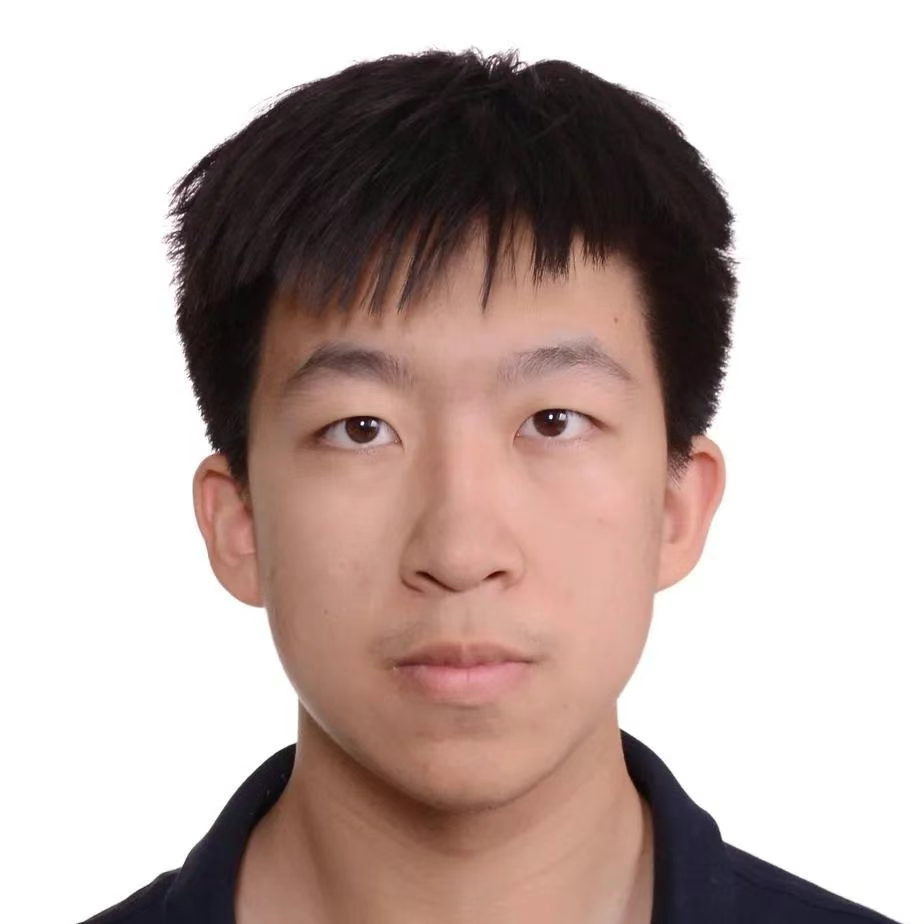
Zijun Liu
Tsinghua University doctoral studentLiu Zijun, a first-year doctoral student in the Department of Computer Science at Tsinghua University, is studying in the THUNLP-MT Laboratory under the supervision of Professor Liu Yang. The current main research fields are swarm intelligence of large models and the principle of scalability. I have conducted visiting/internship research at institutions such as Stanford University and DeepSeek-AI.
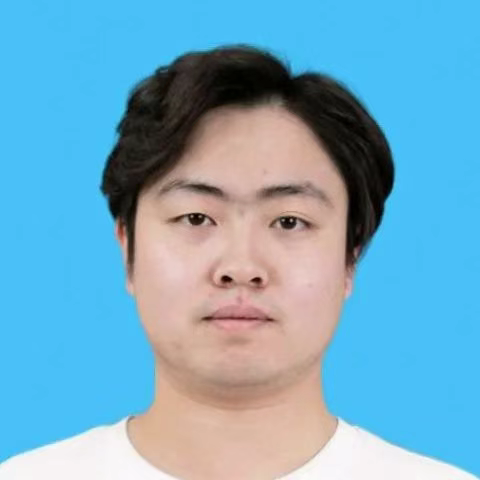
Guiyao Tie
Huazhong University of Science and Technology doctoral studentTie Guiyao is a first-year doctoral student majoring in Network and Space Security at Huazhong University of Science and Technology. His main research areas are comprehensive evaluation and post-training of large models, involving multimodal reasoning, efficient reasoning, etc. The research results include A Survey on Post-training of Large Language Models and some of the latest works on the analysis and evaluation of thinking in Large Reaoning models.
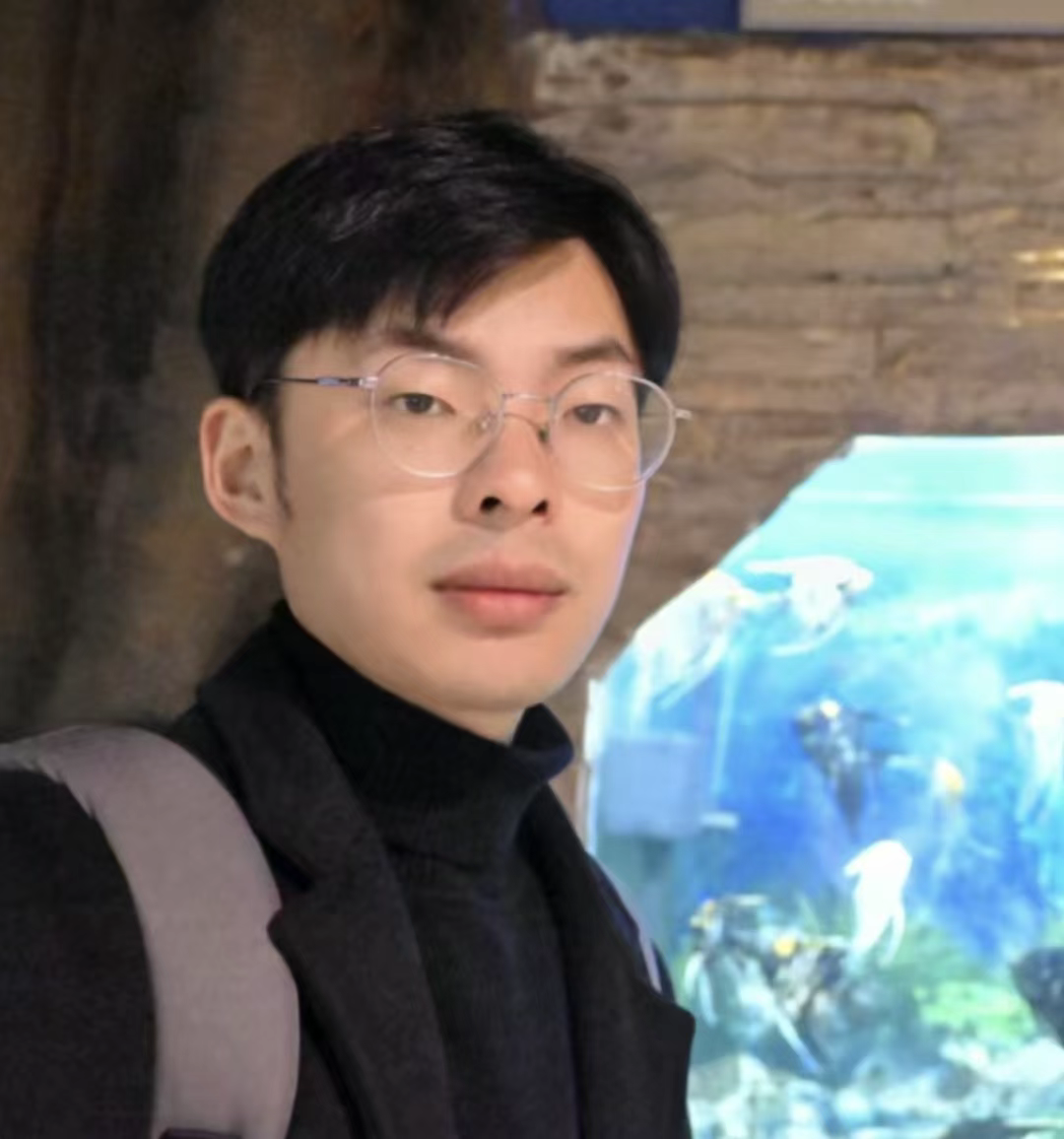
Kun Wang
Nanyang Technological University,postdoctoral fellowDr. Wang Kun, a postdoctoral fellow at Nanyang Technological University, graduated from the University of Science and Technology of China. His research direction mainly focuses on large model security and multi-agent research, covering graph for agent, data mining (especially spatio-temporal prediction and earth science), and LLM Agent research. Wang Kun is committed to enhancing the security, interpretability, generalization and robustness of algorithms in the fields of deep learning and artificial intelligence. As the first author or corresponding author, he has published over 30 articles in top conferences and journals such as ICLR, NeurIPS, ICML, KDD, AAAI, WWW, TKDE, and TPAMI, and has received numerous honors including Oral presentations and Spotlight. In addition, he has also served as a reviewer for important conferences and journals such as ICLR, KDD, NeurIPS, ICML and TKDE.

Fengwei Teng
Research Assistant, Hong Kong University of Science and Technology (Guangzhou)Teng Fengwei graduated from the Hillhouse Institute of Artificial Intelligence at Renmin University of China with a bachelor's degree. He is currently a research assistant at the Hong Kong University of Science and Technology (Guangzhou) and has maintained in-depth cooperation with the MetaGPT open source community for a long time. His research interests focus on LLM reasoning, and his research work includes atomic thinking AoT and automated proxy workflow generation AFlow (ICLR2025 Oral).

Shuofei Qiao
Zhejiang University,doctoral studentQiao Shuofei is a third-year doctoral student at the College of Computer Science and Technology, Zhejiang University, under the guidance of Professors Chen Huajun and Zhang Ningyu. His main research directions are natural language processing and large models, focusing on the research and application of knowledge-enhanced large model agents. He has published multiple research results as the first author in top international conferences such as ICLR, NeurIPS, ACL, and NAACL.
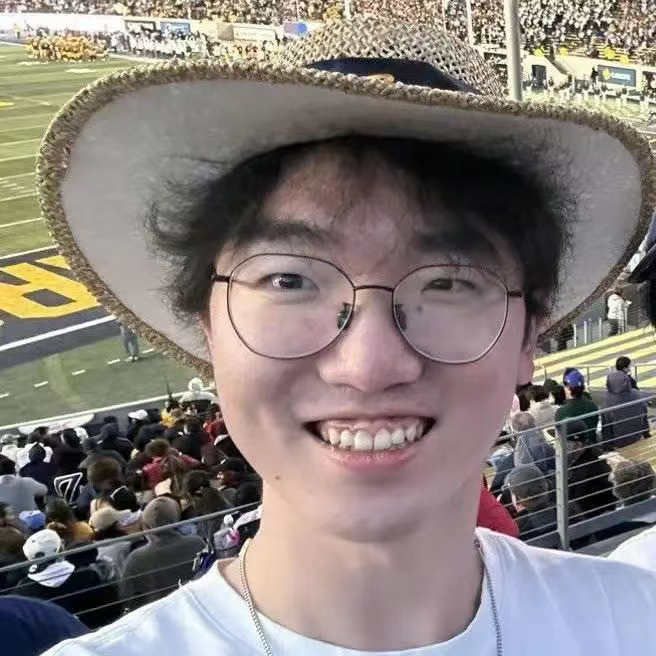
Tianzhe Chu
the University of Hong Kong,doctoral studentChu Tianzhe is a doctoral student at the University of Hong Kong, and his supervisor is Professor Ma Yi. His research interest lies in the data, architecture, training and understanding of the basic model. Previously, he graduated from Shanghaitech University and once visited UC Berkeley.

Yuanshen Gao
Hong Kong University,doctoral studentGao Yuanshen is a third-year doctoral student at the Hong Kong University of Science and Technology and also a research intern at NVIDIA's GEAR team. He has published numerous papers as the first author in top conferences such as ICML, NeurIPS, CVPR, and ECCV, and has served as a reviewer for top journals and conferences like ICLR, ICML, NeurIPS, RSS, TMLR, and TPAMI. The current research interests mainly revolve around the world model and its application in robot decision-making.

Shaobo Wang
Shanghai Jiao Tong University, doctoral studentWang Shaobo, a doctoral student at Shanghai Jiao Tong University, mainly focuses his research on efficient data compression and interpretable deep learning, covering large language models, multimodal large models, and general vision fields. As the first author, he has published multiple papers in top international conferences such as ICLR, CVPR, and ACL. Among them, the first author article of CVPR in 2025 received a full score and was reported by Qbit Headline. In addition, he has served as a reviewer for many international conferences, including ICLR, NeurIPS, ICML, CVPR, ICCV, ACL, and EMNLP. At present, his research interests mainly focus on efficient data synthesis and screening in the pre-training and post-training stages of basic large models.
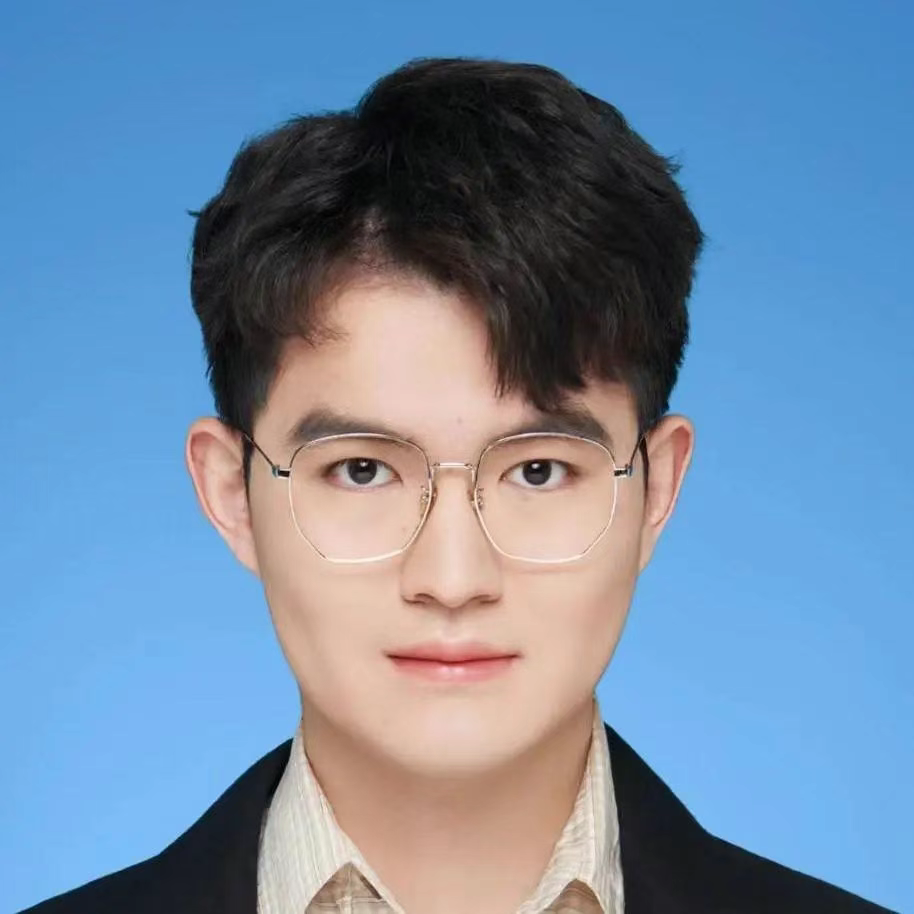
Yue Wang
Soochow University,doctoral studentWang Yue, a 2021 doctoral student in Computer Science and Technology at Soochow University, is supervised by Professors Zhang Min and Li Juntao. His research focuses on natural language processing and long inference models, and he has published nearly 10 related papers in top artificial intelligence journals and conferences such as ACL, NeurIPS, and TPAMI.

Xingyu Chen
Shanghai Jiao Tong University,doctoral studentChen Xingyu, a fourth-year doctoral student at Shanghai Jiao Tong University, is supervised by Associate Professor Wang Rui. His research interests mainly focus on long reasoning large models, digital humans and other aspects. Chen Xingyu has published numerous papers in top academic conferences such as EMNLP and ICML, and has been involved in the review work of these conferences since 2023.
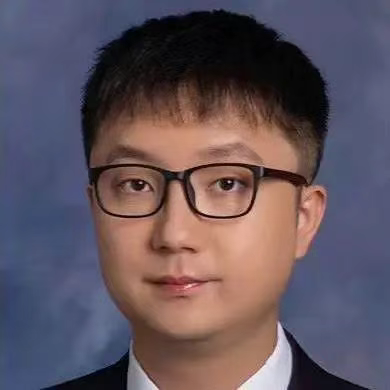
Ziwei Wang
Nanyang Technological University,assistant professorPrince is an assistant professor at the School of Electrical and Electronic Engineering, Nanyang Technological University. He obtained his Ph.D. and bachelor's degrees from Tsinghua University in 2023 and 2018 respectively. He once served as a postdoctoral researcher at the Robotics Institute of Carnegie Mellon University and as a visiting scholar at the Computer Science and Artificial Intelligence Laboratory (CSAIL) of the Massachusetts Institute of Technology. His main research directions are empathetic intelligence and robot control. He has published over 30 papers in TPAMI, IJCV, RAL, CVPR, ICCV, ECCV, NeurlPS, IROS and ICRA.

Yu Gu
The Ohio State University,doctoral studentGu Yu is a doctoral student in the Natural Language Processing Group (OSU NLP Group) of The Ohio State University. She used to be a research intern at Microsoft Research and graduated from Nanjing University with both her bachelor's and master's degrees. The main research direction is natural language processing, with a focus on natural language interfaces, grounded language understanding, and agents driven by large language models. He has won the Outstanding Paper Award at COLING2022 and ACL2023 as the first author and has published papers at top conferences in the fields of natural language processing, artificial intelligence, and data mining on multiple occasions.
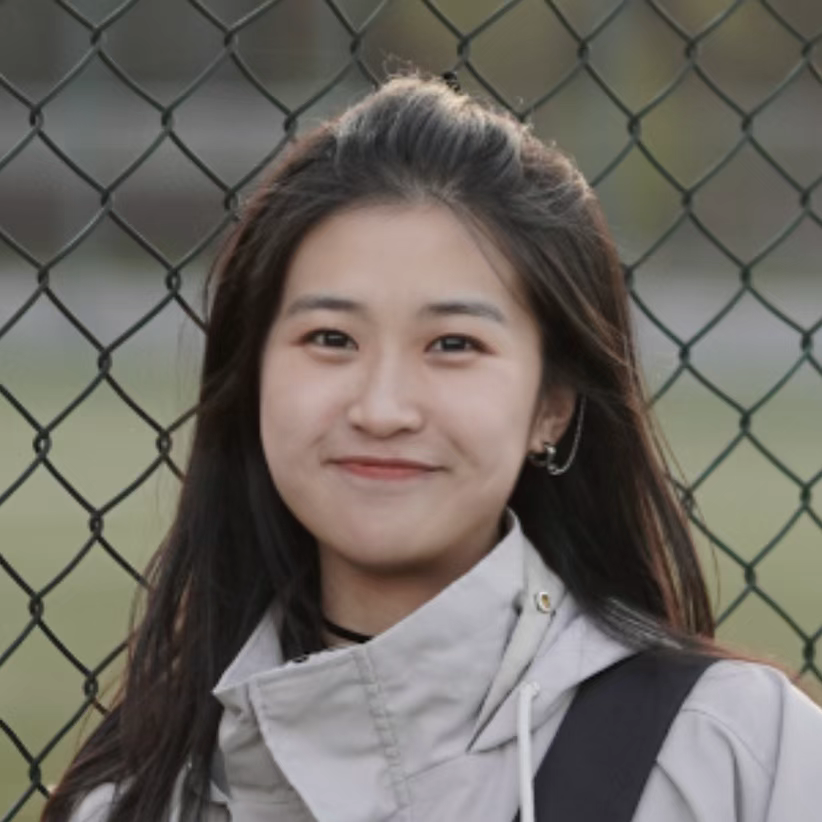
Jiawei Gu
Zhong Shan University ,master's studentGu Jiawei, a master's student in computer science at Sun Yat-sen University, her research interests mainly focus on Scaling Law, the evaluation and enhancement of Muiltimodal Reasoning, and Efficient Learning, etc. She has published multiple papers at top computer conferences such as ICML, ACL, and EMNLP and has been invited to give Oral presentations. Meanwhile, she has accumulated rich experience in in-depth exchanges between academia and industry. She has successively served as an intern researcher at Sensetime Research, Tencent, IDEA Research and Shanghai AI Lab. Deeply participate in the exploration of academic frontiers and the research and development and application of practical technologies. The research outcome A survey on LLM-as-a-Judge has received extensive attention from the community. The latest multimodal reasoning evaluation benchmark EMMA was rated as ICML2025 Spotlight (2.6%).
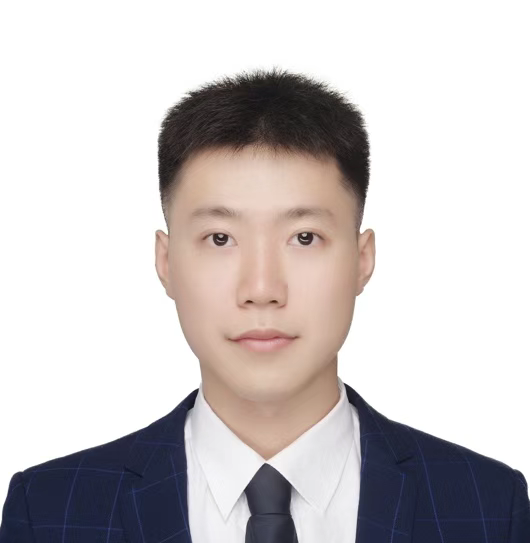
Wentao Li
Tsinghua University,direct doctoral studentLi Wentao is a first-year direct doctoral student in the Department of Chemical Engineering at Tsinghua University, under the supervision of Professor Wang Xiaonan. The research interests include machine learning potential and its applications, large language models, and material generation. I once published papers as the first author in the Journal of Material Informatics and ICLR AI4MAT workshop.
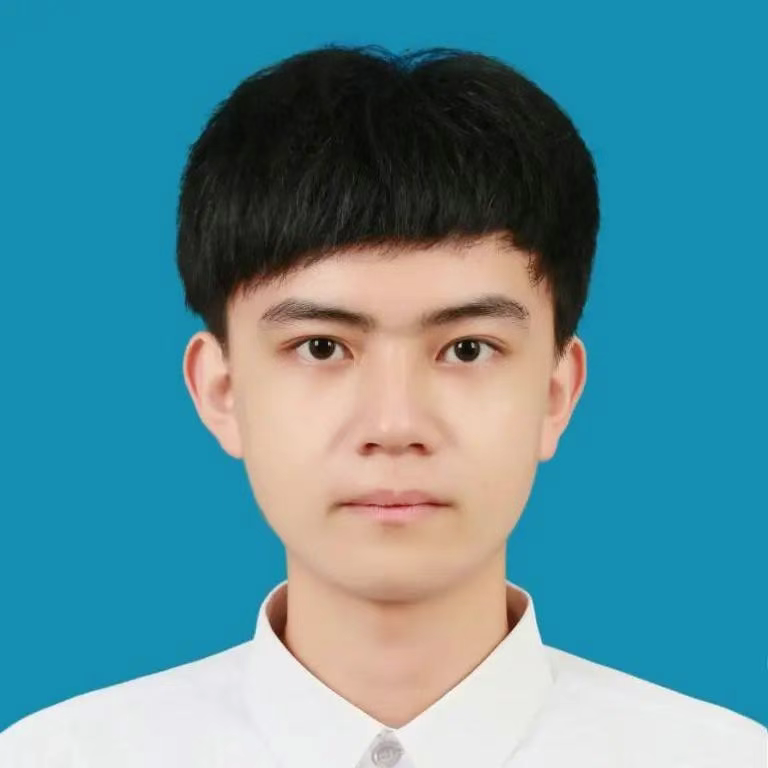
Jing Gao
Beijing Zhongguancun University Co-head of the student projectGao Jing, a doctoral student at Shanghai Jiao Tong University, is currently the co-principal investigator of student projects at Beijing Zhongguancun University and is involved in the core development of UniLabOS at DeepPotential Technology. The research background mainly involves the application of artificial intelligence in the screening of inorganic chemical materials. Currently, it focuses on the research and development of intelligent experimental processes and system integration in embodied chemical laboratories.

Jun Xia
intly trained doctoral student between Zhejiang University and Westlake UniversityXia Jun, a jointly trained doctoral student between Zhejiang University and Westlake University, focuses on the research direction of AI for Life Science. He is supervised by Chair Professor Stan Z. Li and has presided over the first batch of the National Natural Science Foundation of China Doctoral Student Program and the Chinese Institute of Electronics - Tencent Doctoral Student Incentive Program. As the first author or corresponding author, I have published nearly 20 papers in top AI conferences and journals, including the most influential paper at WWW 2022. The research work has attracted widespread attention. It has been cited over 2,000 times on Google Scholar and has been invited to give academic reports at top institutions both at home and abroad, such as Princeton, the MILA Laboratory in Canada, the Max Planck Institute, and KAUST, on multiple occasions. Received the KAUST AI Rising Star, DAAD AINet Fellowship, the President's Medal of Westlake University and the National Scholarship, etc.
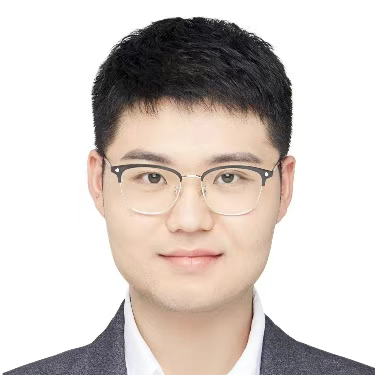
Shenda Hong
Peking University,assistant professorHong Shenda is an assistant professor, associate researcher and doctoral supervisor at the National Institute of Health and Medical Big Data, Peking University. His research focuses on the study and clinical application of artificial intelligence algorithms for medical time series data such as electronic medical records and physiological signals. At present, I am the principal investigator of one project funded by the National Natural Science Foundation of China for Young Scientists. I have published over 50 papers in conference journals such as TPAMI, TKDE, KDD, WWW, ICML, AAAI, and IJCAI, among which there are more than 30 papers as the first or corresponding author (including co-author). Serve as an Associate Editor of the SPJ Health Data Science journal Served as a PC Member or reviewer for international conferences and journals such as KDD, ICLR, ICML, NeurIPS, The Lancet Digital Health, and NPJ Digital Medicine. It has won the PhysioNet Challenge 2017 First Place, the National Gold Award of the Fifth China "Internet Plus" College Students Innovation and Entrepreneurship Competition, etc.
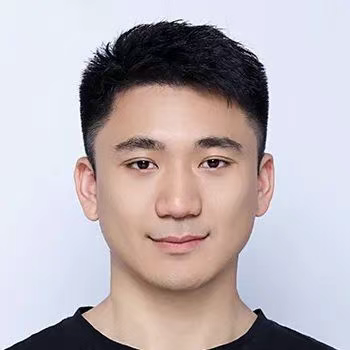
Qi Lu
Harbin Institute of Technology (Shenzhen),doctoral studentLu Qi, a second-year joint doctoral student at Harbin Institute of Technology (Shenzhen) and universities in the Greater Bay Area, focuses on research in areas such as impostor intelligence, robotic arm manipulation, and large models of visual language and action. His related work has been published in top conferences such as ICML, NeurIPS, ICLR, and CVPR. It once won the runner-up in the ICML 2024 EgoPlan Challenge

Xiuwei Xu
Tsinghua University,direct doctoral studentI am a fourth-year direct doctoral student in the Department of Automation at Tsinghua University, under the supervision of Professor Lu Jiwen. My research focuses on 3D scene perception and embodied mobile manipulation. As the first author or co-first author, I have published 9 papers in top conferences and journals such as TPAMI, CVPR, NeurIPS, and ECCV, including an ICLR oral presentation and a CVPR highlight (full score paper). I have served as a reviewer for IJCV, TIP, CVPR, ICCV, ECCV, NeurIPS, ICLR, ICML, and CoRL. I have received honors such as the National Natural Science Foundation of China for Basic Research by Young Students (Doctoral Students) and the National Doctoral Scholarship.
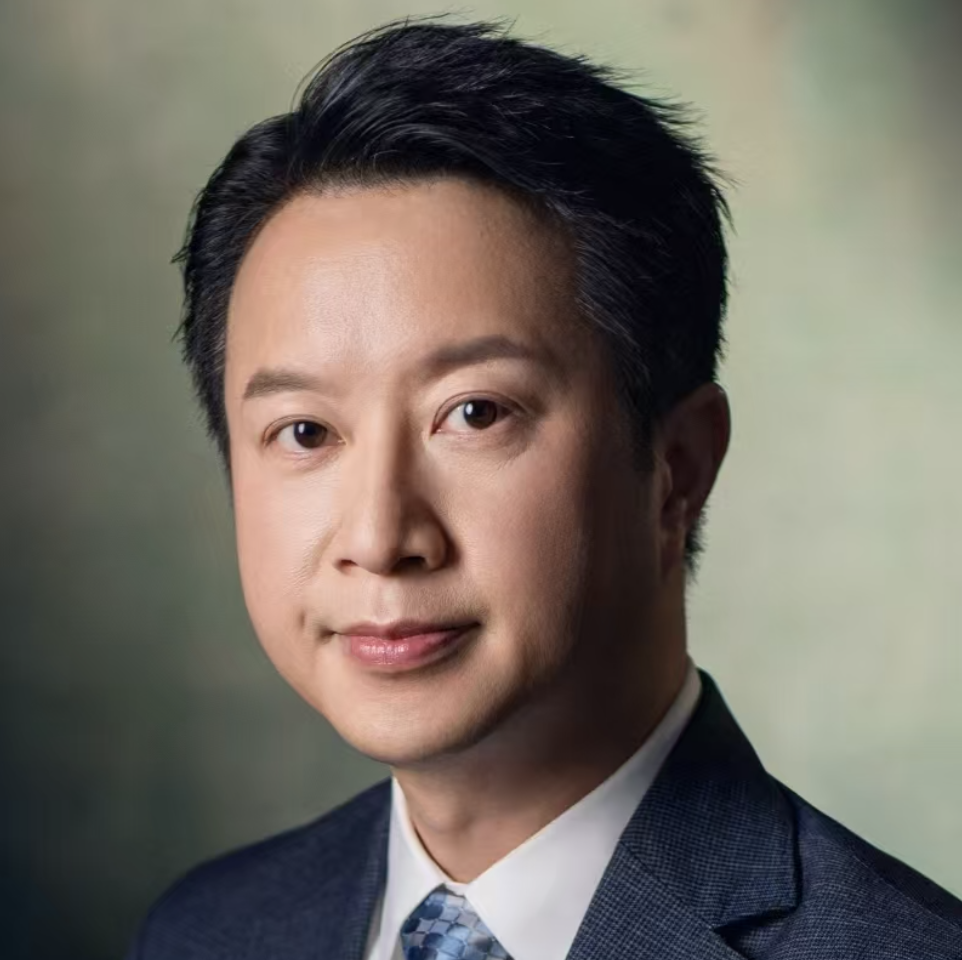
Tao Mei
Founder and CEO of HiDream.aiThe founder and CEO of HiDream.ai, a foreign member of the Canadian Academy of Engineering, and a fellow of the Institute of Electrical and Electronics Engineers, the International Society for Pattern Recognition, and the Chinese Association for Artificial Intelligence. Dr. Mei is a globally renowned scholar in the fields of artificial intelligence, computer vision, and multimedia. His published papers have been cited over 40,000 times. He has won 15 international paper awards, holds more than 70 patents, and has led the development of several commercial products with millions of daily active users worldwide.
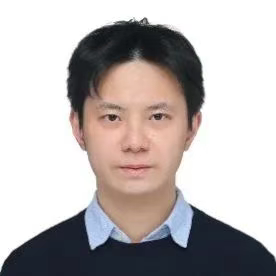
He Wang
Assistant professor at Peking University, founder and CTO of Beijing Galaxy Universal Robotics, BAAI ScholarDr. He Wang is an assistant professor and doctoral supervisor at the Center for Frontier Computing Research (CFCS), Peking University. He founded and led the Peking University Embodied Perception and Interaction Laboratory. Based on 3D visual perception and robotics, the lab focuses on the perception and interaction of embodied robots in complex 3D environments. The research goal is to develop highly generalizable robot vision and control systems in a scalable manner. Research object grab, functional control, flexible operation and any other navigation, in CVPR/ICCV, ECCV TRO/RAL/ICRA/IROS/ICLR published over 40 / NeurIPS AAAI work, world conference on artificial intelligence outstanding young paper award, ICRA2023 Outstanding Manipulation Paper finalist, Eurographics 2019 Best Paper Nominee, ICLR 2021 ManiSkill No Additional Annotation Track Winner of the Generalizable Robotic Object Manipulation Challenge. He has served as the domain Chair of CVPR2022 and WACV2022, Associate Editor of Image and Vision Computing, and a reviewer and program member of many top conferences. Prior to joining Peking University, he received his PhD from Stanford University in 2021, under the direction of Professor Leonidas. J Guibas, Academician of the US Three Academies, and his Bachelor's degree from Tsinghua University in 2014.

Shanghang Zhang
BAAI Scholar, Head of BAAI Embodied Multimodal Large Model Center, Assistant Professor at Peking UniversityZhang Shanghang is currently a tenured assistant professor (researcher) and doctoral supervisor at the School of Computer Science, Peking University. He graduated from Carnegie Mellon University in 2018 and joined the Berkeley AI Research Lab (BAIR) at the beginning of 2020 as a postdoctoral researcher. His research interests include open-environment generalization of machine learning theory and systems, and he has rich research experience in computer vision and brain-like intelligence. He has published more than 50 papers in top artificial intelligence journals and conferences, and has applied for 5 US and Chinese patents. It won the Best Paper award of AAAI '2021, the world's top conference on artificial intelligence. The work has ranked first in the Trending Research list of the world's largest academic source code repository, and has been reported and promoted by more than ten media. The open source code has been visited more than 70,000 times and more than 2600 times on Star. As the editor and author, he published the English book Deep Reinforcement Learning by Springer Nature. Up to now, the electronic version has been downloaded more than 120,000 times worldwide. It was selected as the annual High Impact Research selection of Chinese authors, and the Chinese translation was published. Google Scholar has 3100 citations, h-index 23, and i10-index 35. In 2018, he was selected to the "EECS Rising Star" in the United States, and was nominated for the Adobe Academic Partnership Fund and Qualcomm Innovation Award. He won the first place in the International Human Brain Multimodal Computing Model Response Prediction Competition and the third place in NeurIPS 2021 Visual Domain Adaptation competition. He has organized workshops at top international conferences NeurIPS and ICML for many times, served as a reviewer or program committee member of top international journals and conferences for many times, and served as a senior program committee member of AAAI 2022/2023.
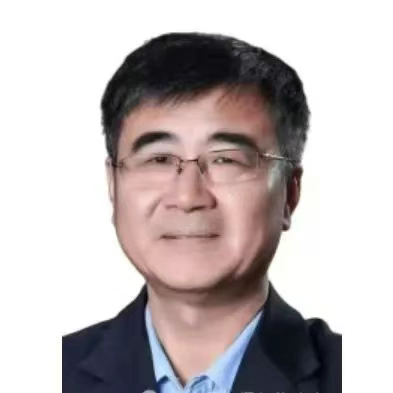
Fuchun Sun
Tsinghua University,ProfessorSun Fuchun is a professor and doctoral supervisor of the Department of Computer Science and Technology, Tsinghua University. He is also the Director of the Intelligent Robot Center of the Institute of Artificial Intelligence, Tsinghua University. He is also an IEEE/CAAI/CAA Fellow and a recipient of the National Distinguished Young Adult Fund. He is a member of the National Key Research and Development Program Robot overall expert group, Vice president of the Chinese Artificial Intelligence Society and other important positions.
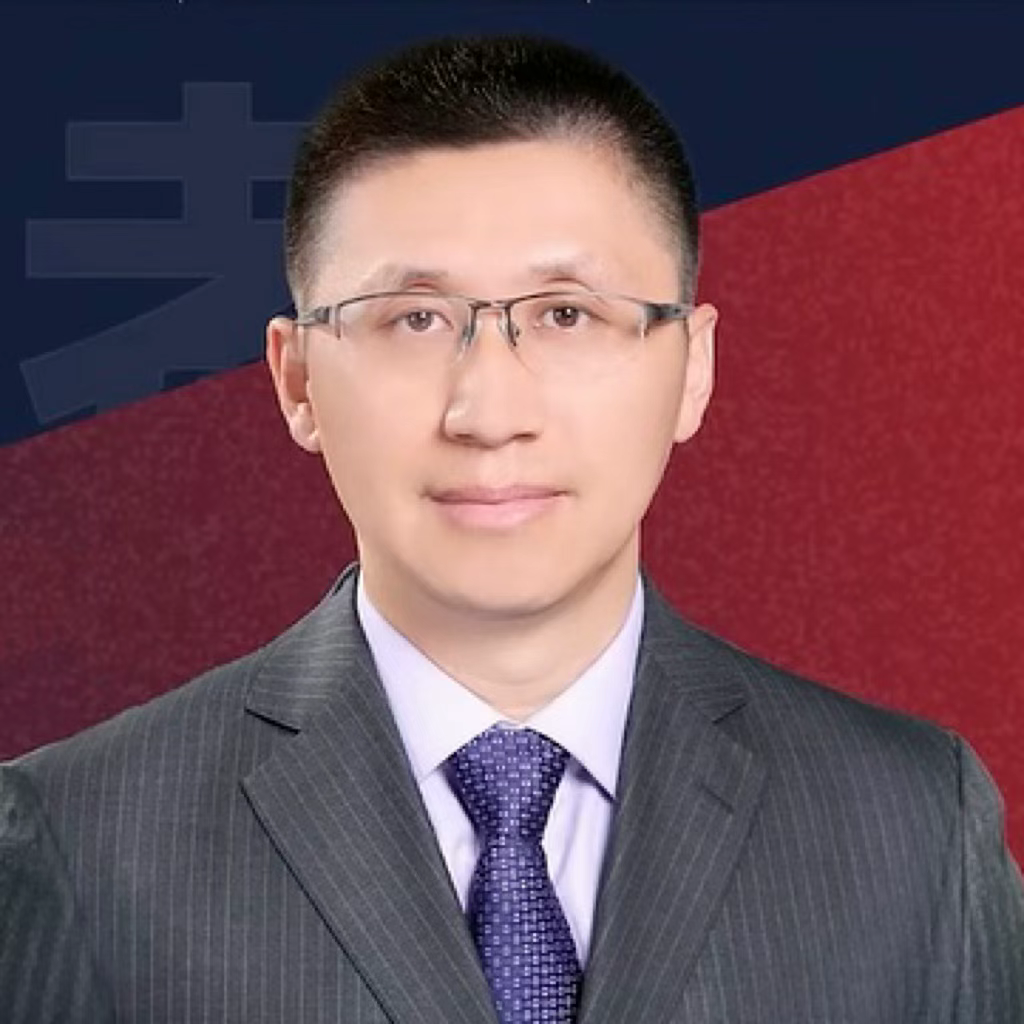
Mingguo Zhao
Researcher and director of the Robot Control Laboratory at Tsinghua UniversityMingguo Zhao is a researcher at the Department of Automation, Tsinghua University, Director of the Robot Control Laboratory, and head of the Center for Brain-like Robots at the Center for Unmanned Systems, Tsinghua University. He has published more than 100 papers and authorized more than 10 national invention patents. In the field of humanoid robot, the virtual ramp walking method, generalized model predictive control and whole body control method based on task priority transition are proposed. The research results are applied to robot soccer competition, and the runner-up has been won in RoboCup humanoid team competition and Technical Challenge competition for many times. In the field of brain-like computing, the use of brain-like technology to build an intelligent driverless bicycle, the results were published on the cover of Nature, and were rated as the top ten scientific progress in China in 2019, and won the major project funding of the "Science and Technology Innovation 2030" plan.

Tiejun Huang
president of BAAIHuang Tiejun is president of Beijing Zhiyuan Artificial Intelligence Research Institute, Chairman of Artificial Intelligence Working Committee of Internet Society of China, professor of School of Computer Science, Peking University, Director of National Key Laboratory of Multimedia Information Processing. His main research direction is visual information processing and brain-like intelligence. He invented the principle of pulse continuous photography and ultra-high speed vision chip, camera and system. He has won the second prize of 2017 National Technology Invention Award and 2012 National Science and Technology Progress Award, the Outstanding Contribution Award of 2022 China Standard Innovation Contribution Award, and the Outstanding Contribution Award of 2022 Wu Wenjun Artificial Intelligence Science and Technology Award. 2024 Chinese Institute of Electronics Innovation Achievement Award, 2024 Geneva International Exhibition of Inventions jury Award Gold Medal. He IS a member OF Chinese Artificial INTELLIGENCE Society, Chinese COMPUTER SOCIETY, Chinese SOCIETY OF Image and GRAPHICS AND Chinese Society OF ELECTRONICS.
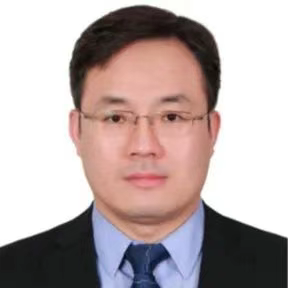
刘法旺
deputy director of the Equipment Industry Development Center of the Ministry of Industry and Information TechnologyDoctor of Computer Application technology, senior engineer, mainly engaged in intelligent network vehicles, low-altitude equipment and other governance systems and key technology research, enjoy The State Council government special allowance. He is currently the deputy director of the Equipment Industry Development Center of the Ministry of Industry and Information Technology, and the Secretary General of the Vehicle Product Technical Committee of the Ministry of Industry and Information Technology, the Secretary General of the Intelligent Connected Vehicle Promotion Group of the Ministry of Industry and Information Technology (ICV-2035), and the Secretary General of the Low-Altitude Industry Alliance.
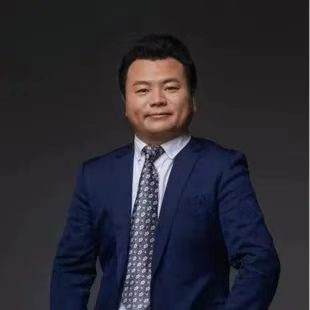
Fenghua Liang
Deputy general manager of Artificial Intelligence Foundation and Application of Chang 'an Technology Co., LTD., General manager of Chongqing Long Line Intelligent Technology Co., LTDLiang Fenghua is a senior engineer, deputy general manager of Artificial intelligence Foundation and application of Changan Technology Co., LTD., and general manager of Chongqing Changan Intelligent Technology Co., LTD., responsible for creating an intelligent Changan interactive intelligent driving with good opening, good parking and good safety. Led the launch of the mass production of more than 20 key technologies for Chinese brands such as pedestrian automatic emergency braking, integrated adaptive cruise, remote valet parking, remote intelligent parking, and urban point-to-point pilot intelligent driving. Led the team to achieve "17" milestone achievements such as "the first to complete the 2000km long-distance intelligent driving test in China" and "the world's first 55 intelligent driving vehicles to cruise the Guinness Book of Records", keeping the industry ahead. He has won the first prize of Chongqing Science and Technology Progress Award, the first prize of Anhui Science and Technology Award, the first prize of China Automobile Industry Science and Technology Progress Award, the First prize of Military Equipment Group Science and Technology Progress Award, the second prize of China National Defense Science and Technology Industry Enterprise Management Innovation Achievement, "Chongqing Talents" and other honors. He has published 5 papers, led the development of national standards for the classification of Automobile Driving Automation, and has been granted 36 national invention patents.
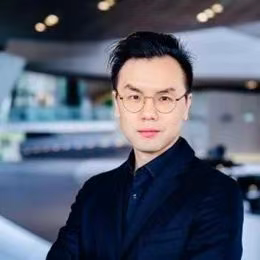
Qing Rao
Momenta's Chief Global Solutions ArchitectPhD, Momenta Global Solutions Chief Architect, driving the scale-out of high-order driver assistance systems. Raoqing has played a decisive role in the promotion of high-level intelligent driving solutions for more than 100 vehicle type projects. With the core mission of technological innovation and popularization, Raoqing has built industrial solutions with both cost competitiveness and extreme user experience. He led the development of deep learning-based intelligent driving algorithms at BMW and Mercedes-Benz global R&D centers, laying the foundation for the first large-scale application of AI in production vehicles. Rao's academic achievements also continue to empower the industry: Based on his PhD research in Computer vision and Robotics at Technical University of Munich, his doctoral thesis "Virtual-Reality Symbiosis: Building a Vehicular Augmented Reality System" has become the technical cornerstone of modern vehicular AR systems. With the strong coupling between the depth of academic theory and the practice of multinational industry, Dr. Rao continues to lead the innovation of autonomous driving technology.
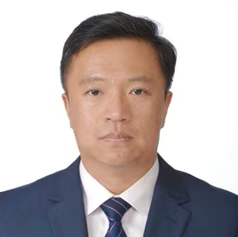
Zhenhai Gao
professor at the College of Automotive Engineering, Jilin University, and director of the National Key Laboratory of Integration and Bionics of Automotive ChassisDirector of National Key Laboratory of Integration and Bionics of Automobile Chassis, Jilin University. His research interests include intelligent electric chassis design, control and evaluation. He has won the First Prize of Scientific and Technological Progress of China's automobile industry, the Award of Outstanding Scientific and Technological Talents of China's Automobile Industry, the National Outstanding Scientific and Technological Workers and the Fellow of China Automotive Engineering Society.
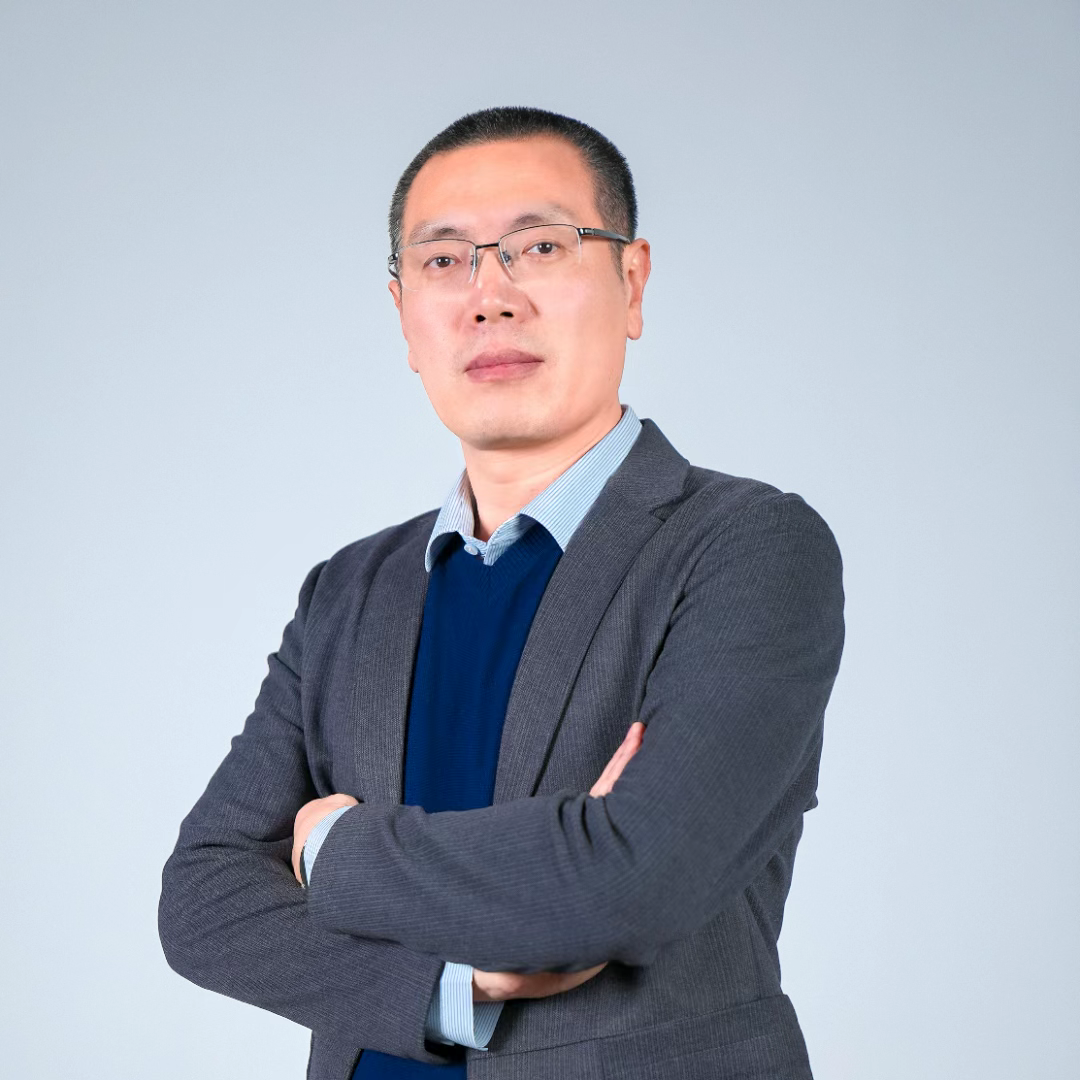
Zhenhai Jiang
deputy general manager of the Intelligent Platform Development Center of Great Wall Motor Co., LTDVice general manager of Great Wall Motor Technology Center, responsible for Great Wall Motor intelligent technology research and development work, with 15 years of technology research and development management experience, led the team to take the lead in deploying end-to-end intelligent driving technology in China, and led the development of the industry's first full-scene combined driving assistance system Coffee Pilot Ultra. The mapless city NOA based on the SEE large model will be released in 2024, and the parking to parking full scene combined driving assistance system will be implemented in 2025. Promoting the ASL-Agent of Space & Language vehicle intelligent agent technology innovation, laying the foundation for Great Wall Motor to build a new generation of space intelligent terminal, and improving the independent controllability of China's automobile intelligent core technology.
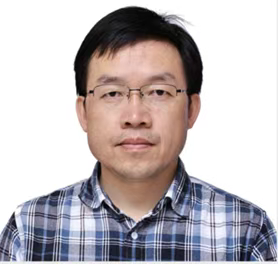
Yuanzhi Lu
BYD Intelligent System Delivery Center PTI product technology planning and innovation technology expert and managerMainly engaged in the research and development of cabin driving integrated system architecture, key technologies and innovation projects.

Jianmei Lei
deputy general manager of Information Intelligence Division of China Automotive Engineering Research Institute Co., LTDPh.D., chief expert of China Automotive Engineering Research Institute Co., LTD., deputy general manager of Information Intelligence Division, Deputy director of National Key Laboratory of Intelligent Vehicle Safety Technology, long-term research on security and technical bottlenecks of intelligent and networked new energy vehicles, focusing on (expected) functional safety, communication security, information security and other technical directions. He has taken charge of more than 20 projects, such as 863 Plan, National Key research and Development Plan, high quality Special project of Ministry of Industry and Information Technology, authorized 33 invention patents, published 56 papers, indexed 29 SCI/EI, led/participated in the formulation and revision of 22 standards, and won 14 science and technology awards such as Chongqing Science and Technology Progress Award and China Automobile Industry Science and Technology Progress Award as the first prize winner. He has won many national/provincial honorary titles such as "National Science and Technology Master", "National May Day Female Model" and so on.
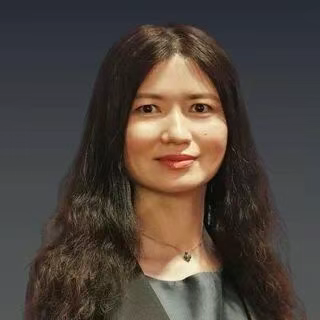
Yonghua Lin
Vice President and Chief Engineer, BAAIYonghua Lin serves as the Vice President and Chief Engineer at the Beijing Academy of Artificial Intelligence (BAAI). She oversees key research directions including general technologies for large-scale AI models, AI system research, open-source initiatives, and industrial ecosystem collaboration. Additionally, she chairs the IEEE International Standard Group for Large Model Evaluation.

Matt White
The Linux FoundationMatt White is the Executive Director of the PyTorch Foundation and GM of AI at the Linux Foundation, as well as the Director of the Generative AI Commons under the LF AI & Data Foundation. With nearly 30 years of experience in AI research, standards, and applications across telecom, media, and gaming, Matt has specialized since 2012 in machine learning, simulations, and multi-sensory learning. He co-founded the Open Metaverse Foundation, chairs the Metaverse Standards Forum, and co-organizes both the Silicon Valley Generative AI paper reading group and the GenAI Collective.

Tiezhen Wang
Hugging FaceTiezhen Wang is an Engineer at Hugging Face, specializing in LLMs, open-source AI ecosystems, and cross-cultural AI development. Prior to joining Hugging Face, Tiezhen was a core developer of TensorFlow Lite Micro, an open-source machine learning inference framework designed for embedded systems with limited resources.

Yuxuan Tong
BytedanceYuxuan is a student at Department of Computer Science and Technology, Tsinghua University, and a core contributor of verl project. Yuxuan led the infrastruture and contributed to the algorithm of DAPO: an open source advanced LLM reinforcement learning recipe at scale as a member of Seed team at ByteDance.
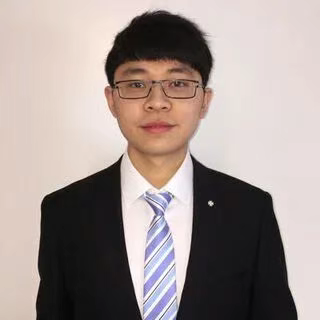
Zesheng Zong
HuaweiCurrently, trying to let Chinese users to have easier access to PyTorch resources and make a friendly user experiences for beginners.

Jianzhong Li
CSDN & BoolanJason Li, Senior Vice President of CSDN, Chief Technical Expert of Boolan, Chairman of Machine Learning Summit (ML-Summit) , and member of the ISO-C++ Standard Committee. He has rich experience and in-depth research in artificial intelligence, software architecture and product innovation. In recent years, he has mainly focused on the application of artificial intelligence methods centered around large language models. He proposed the "ParaShift Cube" for technological product innovation, and his related research and speeches have attracted strong attention from the industry. He provides high-end product innovation and technology strategy consulting services for well-known brands, including many Fortune Global 500 companies. He has been awarded the Microsoft Most Valuable Professional (MVP), Microsoft Regional Director and Tencent Most Valuable Professional (TVP) and other industry honorary titles for many times. He is a popular lecturer at many tech conferences and has taught a wide range of courses, including AI, software design, influencing more than one million technical professionals. He is also a serial entrepreneur who has founded well-known technology companies such as SoftCompass, SlideIdea, and Boolan.

Yu Guangye
IntelAn AI framework engineer at Intel, dedicated to supporting Intel GPUs in PyTorch and advancing the generalization and improvement of PyTorch and its ecosystem. With deep experience in SYCL, XPU backend integration, and performance optimization across heterogeneous platforms, I’ve contributed to enhancing Intel GPU support in PyTorch and collaborated across teams to drive a better developer experience.
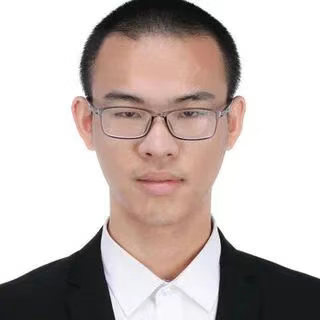
Kaichao You
Tsinghua UniversityKaichao You is a fifth year Ph.D. student from Tsinghua University. He is working on the vLLM project, a high-throughput and memory-efficient inference and serving engine for LLMs. He is also an open-source contributor to PyTorch/Triton.
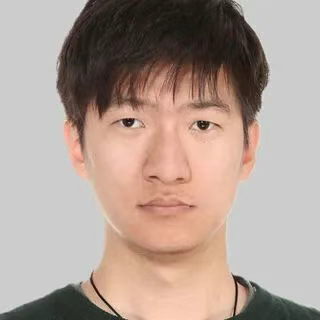
Fan Mo
Moore ThreadsFan Mo received a M.S degree in 2020 from Shanghai JiaoTong University, who has held machine learning engineer at Moore Threads. His current work focuses on AI Infrastructure, and is the principal maintainer of torch_musa, an open-source project that provides PyTorch backend support for MUSA architecture developed by Moore Threads.
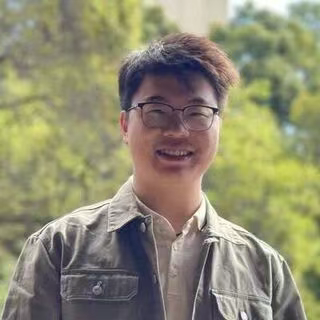
Xiaonan Nie
ByteDance SeedXiaonan Nie is currently a research scientist in MLSys at ByteDance, within the TopSeed Program. He received his Ph.D from Peking University in 2024, supervised by Prof. Bin Cui.His research focuses on optimizing the training of deep learning models at large scale. He has published over 20 papers in top conferences and journals, including SIGMOD, SOSP, VLDB and NeurIPS. His research outcomes have been successfully applied to production-level model training at ByteDance, Tencent, and Baichuan.

Heng Zhang
Bytedance2023-now bytedance

Yichen Yan
Alibaba CloudYichen Yan now works as a senior software engineer at Alibaba, focusing on optimization of runtime (CPython, Java, Node.js) and machine learning frameworks.
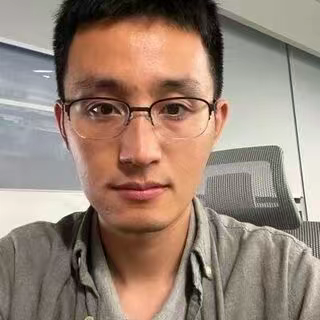
Jiawei Li
Huawei Technologies Co., Ltd.6+ years experience on open source, worked on OpenStack development in openEuler community and arm ecosystem.Currently work on contributing AI ecosystem.- ONNXRuntime Ascend Support Author- PyTorch Collaborator- PyTorch 2023 Nominess
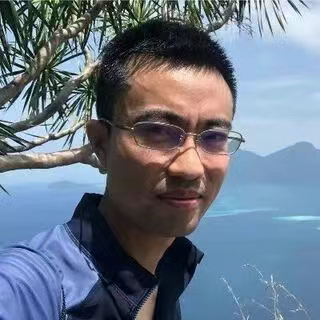
Mingfei Ma
Intel Asia-Pacific Research & Development Ltd.Mingfei Ma is a senior deep learning software engineer in Intel. He is also the maintainer of CPU performance module in PyTorch. Mingfei holds a Master degree from Harbin Institute of Technology where he majored in Control Science and Technology. Mingfei has a 12 years’ experience in performance modeling and optimizations. He has a long history contributing to PyTorch and his primary focus has been on CPU performance optimization for PyTorch as well as other libraries in the ecosystem.
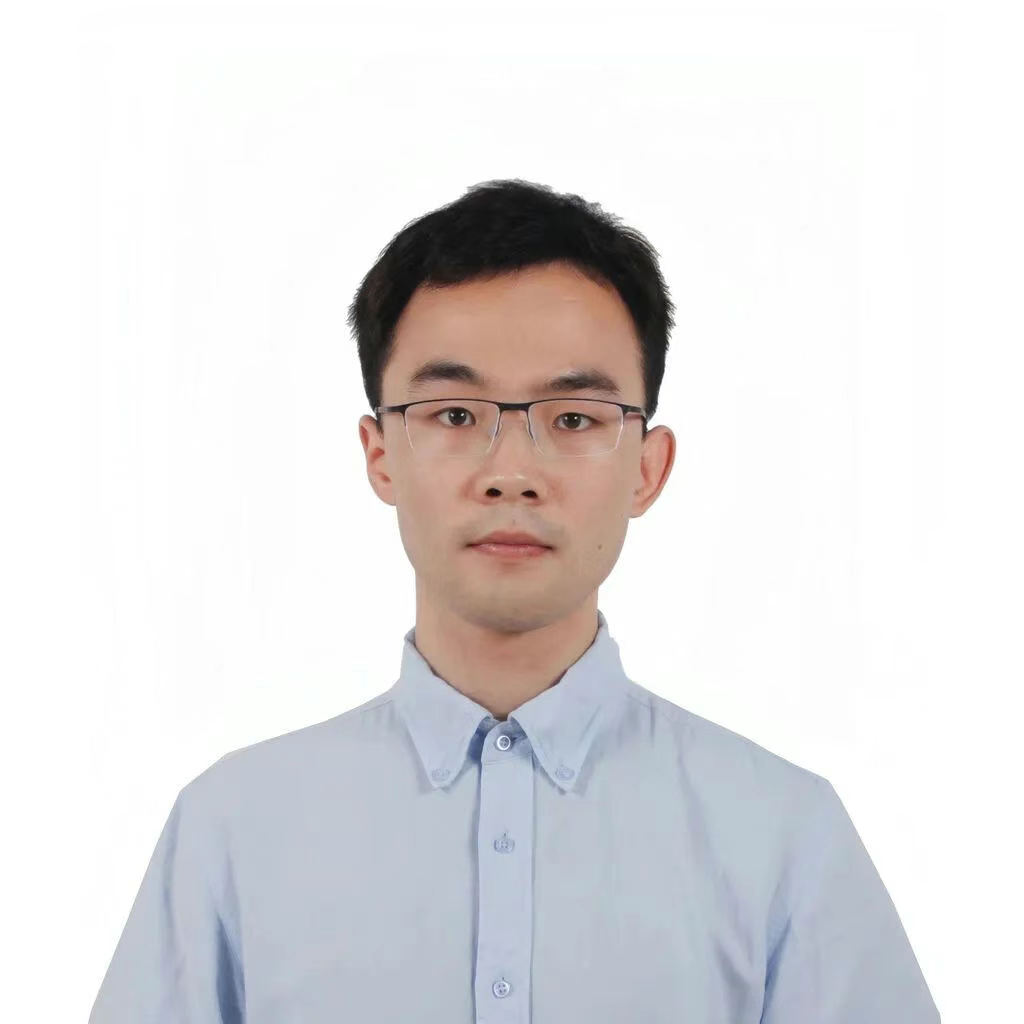
Mingxing Zhang
Tsinghua UniversityDr. Mingxing Zhang, Assistant Professor at Tsinghua University, focuses on memory systems research. He is the co-founder of the open-source projects Mooncake and KTransformers. His work has been published in over thirty papers at top international conferences and journals, including OSDI, SOSP, ASPLOS, HPCA, and EuroSys. He has received several prestigious awards, including the FAST Best Paper Award, the SIGSOFT Distinguished Paper Award, and authored the first OSDI paper from a Chinese university. He is a recipient of the ChinaSys Rising Star Award, the Outstanding Doctoral Dissertation Award, and the IEEE TCSC Outstanding Ph.D. Dissertation Award. He previously served as Chief Algorithm Expert and Director of the Innovation Research Institute at Sangfor Technologies, where his work contributed to products used by tens of thousands of clients.
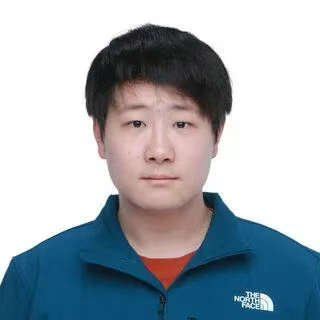
Liangsheng Yin
Shanghai Jiao Tong University / LMSYSHe is an undergraduate student at Shanghai Jiao Tong University and one of the earliest core developers of SGLang, a popular open-source inference engine with 15K+ GitHub stars and 20K+ monthly downloads. SGLang is used by xAI (Grok 3), Microsoft Azure (DeepSeek R1), NVIDIA, AMD, LinkedIn, Meituan, and more. He will pursue a Ph.D. at the University of California, Berkeley.
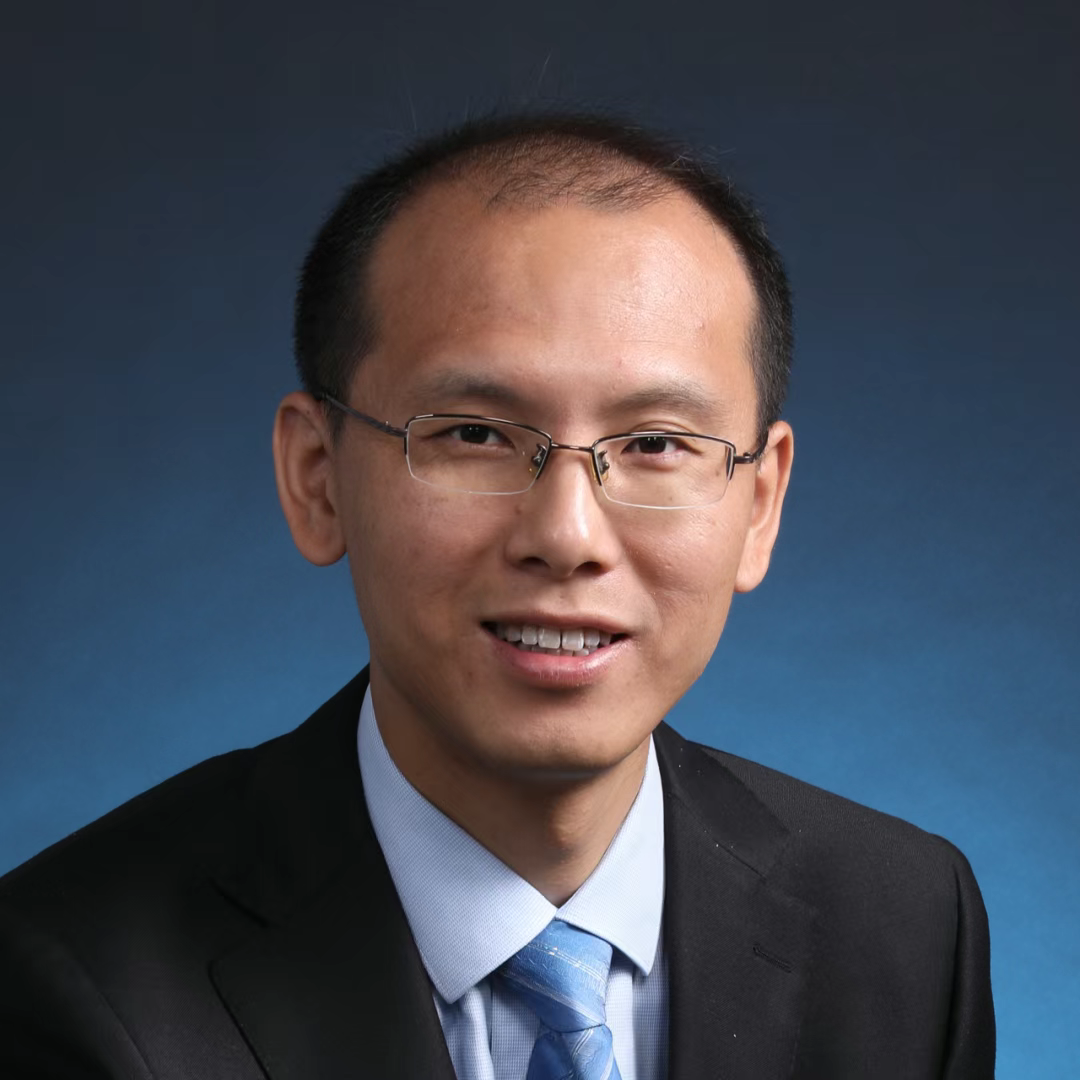
Jidong Zhai
Qing Cheng Jizhi chief scientist, Professor of Computer Department, Tsinghua UniversityZhai Jidong is appointed professor and doctoral supervisor of Department of Computer Science, Tsinghua University. He is the winner of National Science Fund for Outstanding Young Scholars. He is the director of High Performance Institute, Department of Computer Science, Tsinghua University. Now he is the dean of School of Computer Technology and Application, Qinghai University. He is mainly engaged in the research work of parallel computing, programming languages and compilers, performance evaluation and other fields. He has won the First prize of Science and Technology Progress Award of the Ministry of Education, the first prize of Natural Science Award of the Chinese Computer Society, and the CCF-IEEE CS Young Scientist Award. As the coach of the student supercomputing team of Tsinghua University, the team he coached won the world championship for 13 times.

Joseph Sifakis
Turing Award winner and member of the National Academy of Sciences, the Academy of Engineering, and the European Academy of SciencesJoseph Sifakis is a member of the European Academy of Sciences, the French Academy of Sciences, the French Academy of Engineering, and the US National Academy of Engineering. He was awarded the Turing Award in 2007, along with Edmund Clarke (Carnegie Mellon University) and Allen Emerson (University of Texas at Austin). They played an important role in developing model checking, examining efficient verification techniques widely adopted by the hardware and software industries.
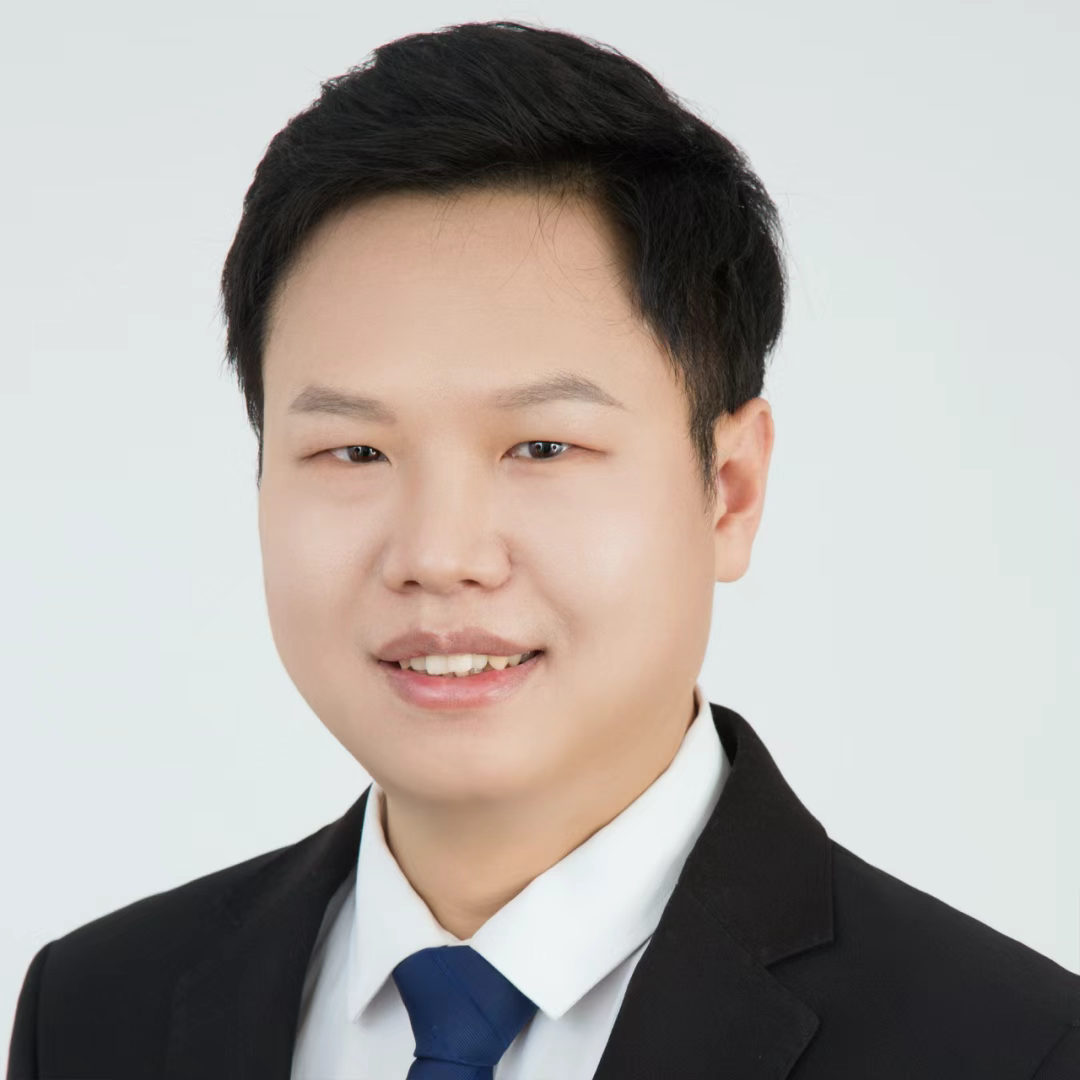
Yulong Ao
北京智源人工智能研究院AI框架研发负责人Ao Yulong, head of AI framework development of Beijing Zhiyuan Artificial Intelligence Research Institute, postdoctoral fellow of Peking University, PhD of Chinese Academy of Sciences, has long been engaged in research related to distributed system and performance optimization in artificial intelligence, high performance computing and scientific computing. He used to work for Huawei and Baidu, and participated in the development of related large model key system technology. In 2016, he jointly participated in the first ACM "Gordon Bell" Award in China, published many papers in international top conferences and journals, participated in the formulation of international operator interface standards and obtained a number of domestic and foreign patent licenses.
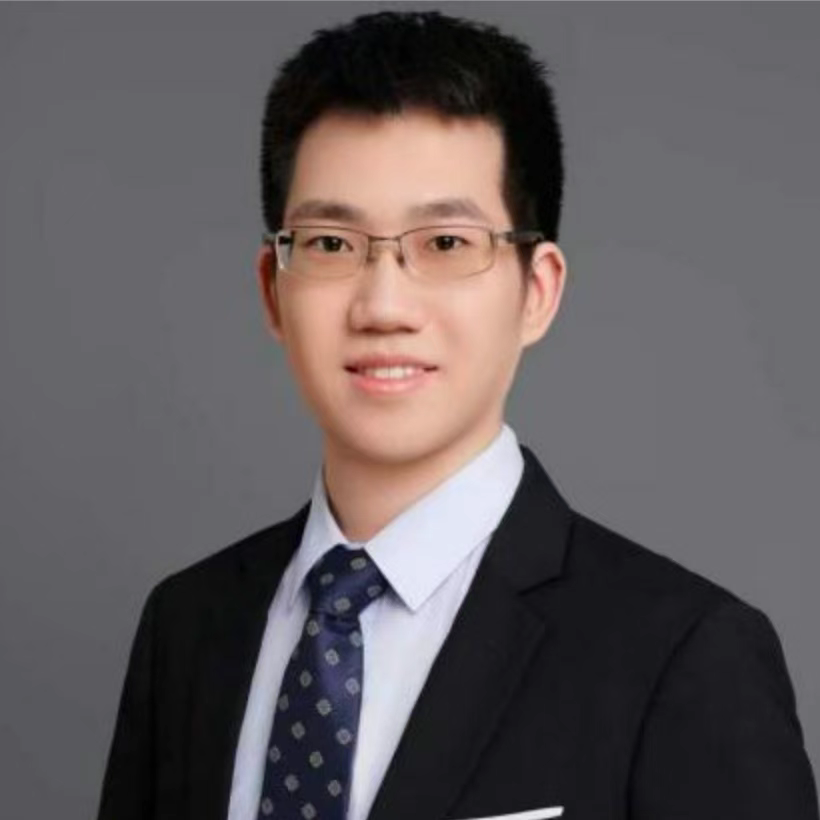
Xingcheng Zhang
young scientist at Shanghai Artificial Intelligence LaboratoryZhang Zhuo is a young scientist at Shanghai Artificial Intelligence Laboratory. Now he leads the team to support the efficient and stable training of the 100 billion parameter model of Shanghai Artificial Intelligence Laboratory. Build the DeepLink artificial intelligence open computing system, and promote the standardization construction of training chips, including evaluation standards and adaptation standards. Latong a number of mainstream domestic chip manufacturers for standardized adaptation. We will continue to promote breakthroughs in large-scale hybrid training technology of domestic hardware. In 2023, it will be awarded the title of Lingang Top Ten Science and Technology Pioneer.
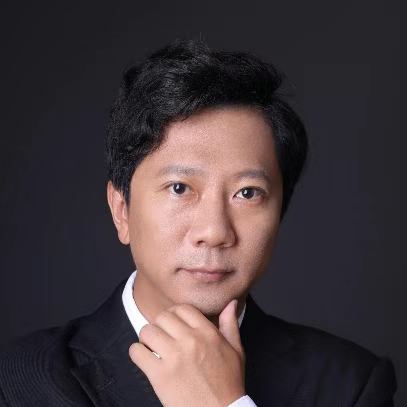
Zhi Yang
associate researcher and doctoral supervisor at the School of Computer Science, Peking UniversityYang Zhi is an associate researcher and doctoral supervisor at the School of Computer Science, Peking University. He is a national high-level Young talent. He has long been engaged in the research of deep learning systems and compiler optimization, focusing on high performance computing, operator generation and distributed scheduling. He has published many papers in OSDI, ATC, Eurosys, SIGMOD and other top international conferences. He has won the Best Paper Award of VLDB, the Best Student Paper Award of WWW and other honors. Currently, he leads the team to develop an AI programming system TileLang (https://github.com/tile-ai/tilelang), which provides a controllable tile programming language and optimization mechanism for the new generation of hardware and large model computing requirements.
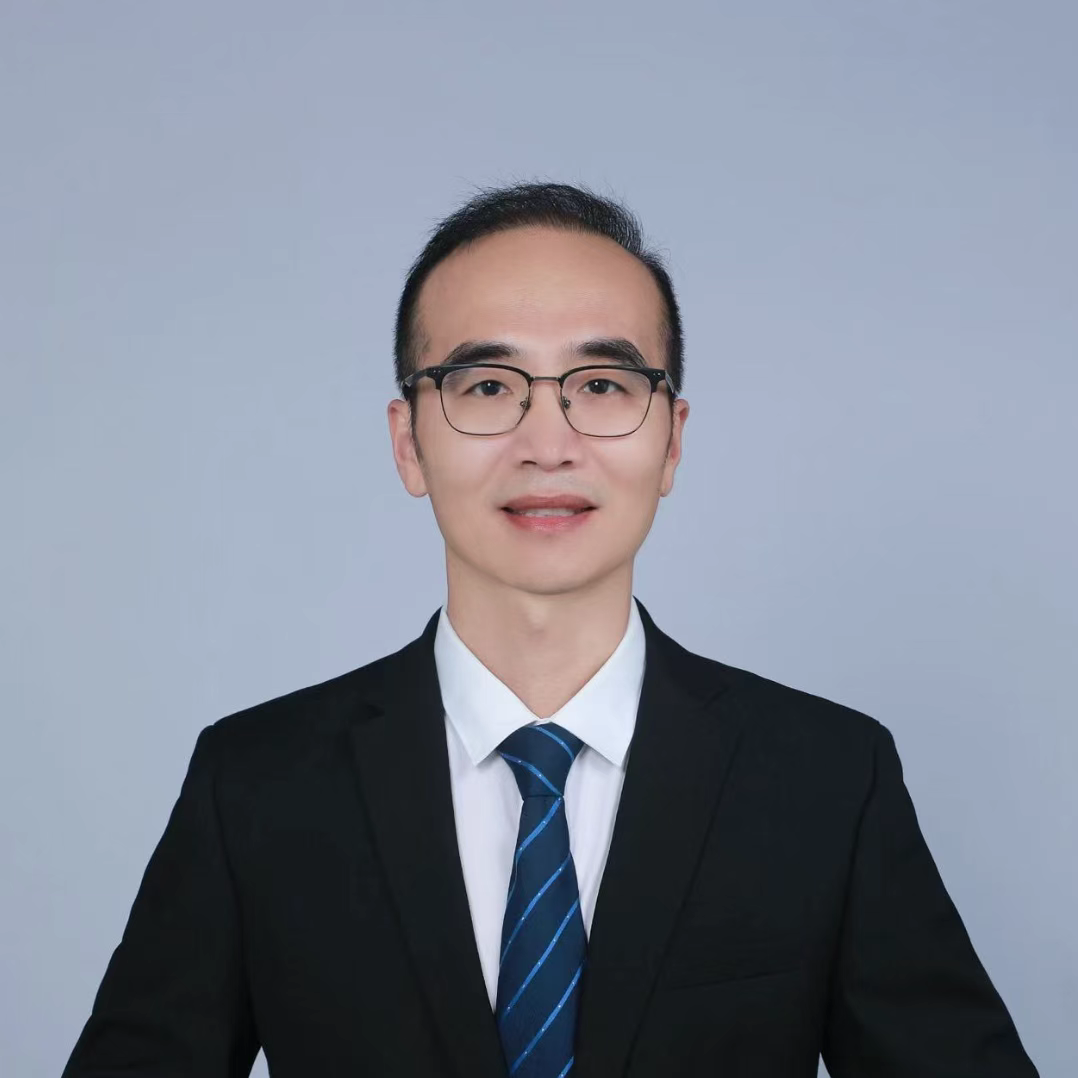
Shouping Li
general manager of Ascend Computing Foundation SoftwareGeneral Manager of Ascend Computing Foundation Software, responsible for the competitiveness construction and open source work of CANN, Mind and other basic software; He has over 20 years of experience in the field of ICT. For nearly 7 years, I have been responsible for improving the basic software business in the field of AI.
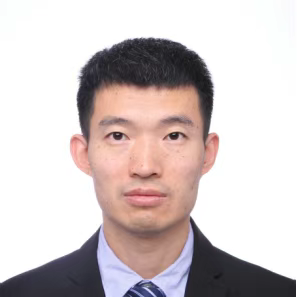
Jian Dong
director of the Information Technology Research Center, China Electronics Technology Standardization InstituteDong Jian, Director of Information Technology Research Center of China Electronics Technology Standardization Institute, Secretary General of Artificial Intelligence Sub-committee of National Beacon Committee, Deputy Secretary general of User Interface Sub-committee of National Beacon Committee, has long been engaged in technical research and standard work in artificial intelligence, big data, basic software and hardware and other fields. Organized/participated in the preparation of more than 50 national/industry standards in the fields of artificial intelligence, SOA, and electronic documents. As a key personnel, he organized and participated in the implementation of more than 10 national key projects, such as the major Special project of nuclear high-tech science and Technology, the key R&D plan of the Ministry of Science and Technology, the special project of intelligent manufacturing, and the project of the Public service Platform for Industrial Technology Foundation of the Ministry of Industry and Information Technology.

Ruth Puente
Senior Advisor at OpenWallet FoundationRuth Puente, Senior Advisor at OpenWallet Foundation, has over two decades of experience shaping the future of the internet, driven by a passion for a safe, open, and human-centric Internet, and a commitment to driving trust in the digital realm. Her expertise spans Internet Governance Policy, Digital Identity Management & Standardization, Trust Frameworks & Certification, Digital Wallet Policy, and Innovation R&D on Trust & Privacy. With a proven track record in Government Engagement, International Relations, and Stakeholder Engagement, Ruth has held key positions at ICANN, Kantara Initiative, LACNIC, LACTLD, DIACC, and more, consistently championing collaboration and trust in the digital world.
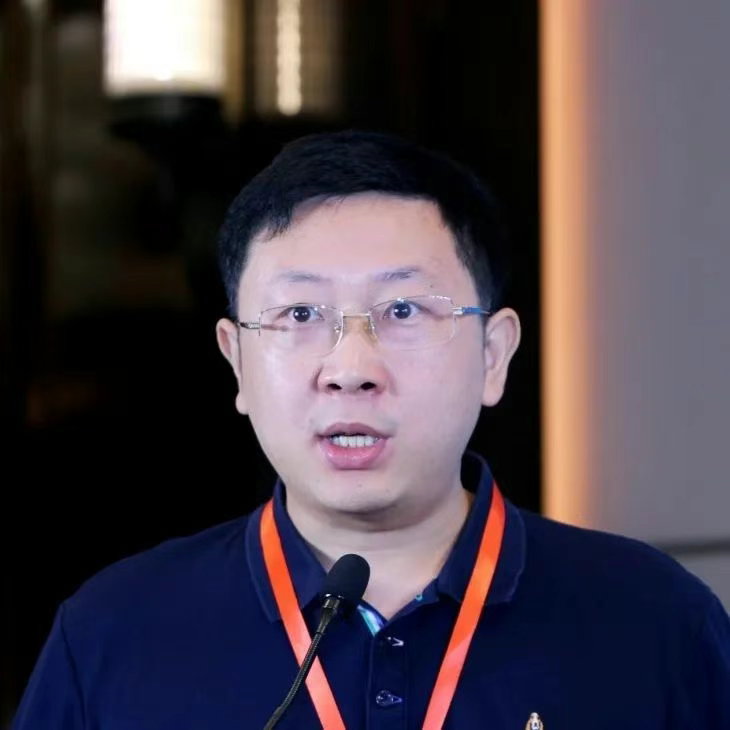
Guang Liu
the head of the data research group of BAAILiu Guang is the leader of the data research team of the Intelligent Source Artificial Intelligence Research Institute. He is responsible for open source projects such as OpenSeek/FlagAI. He led the development of Aquila series language models, constructed and open sourced Infiny-Instruct /-MM and CCI4.0 series datasets. Currently, he is focusing on the research and application of big model-based data synthesis technology, and is committed to promoting technical progress and innovation in this field.
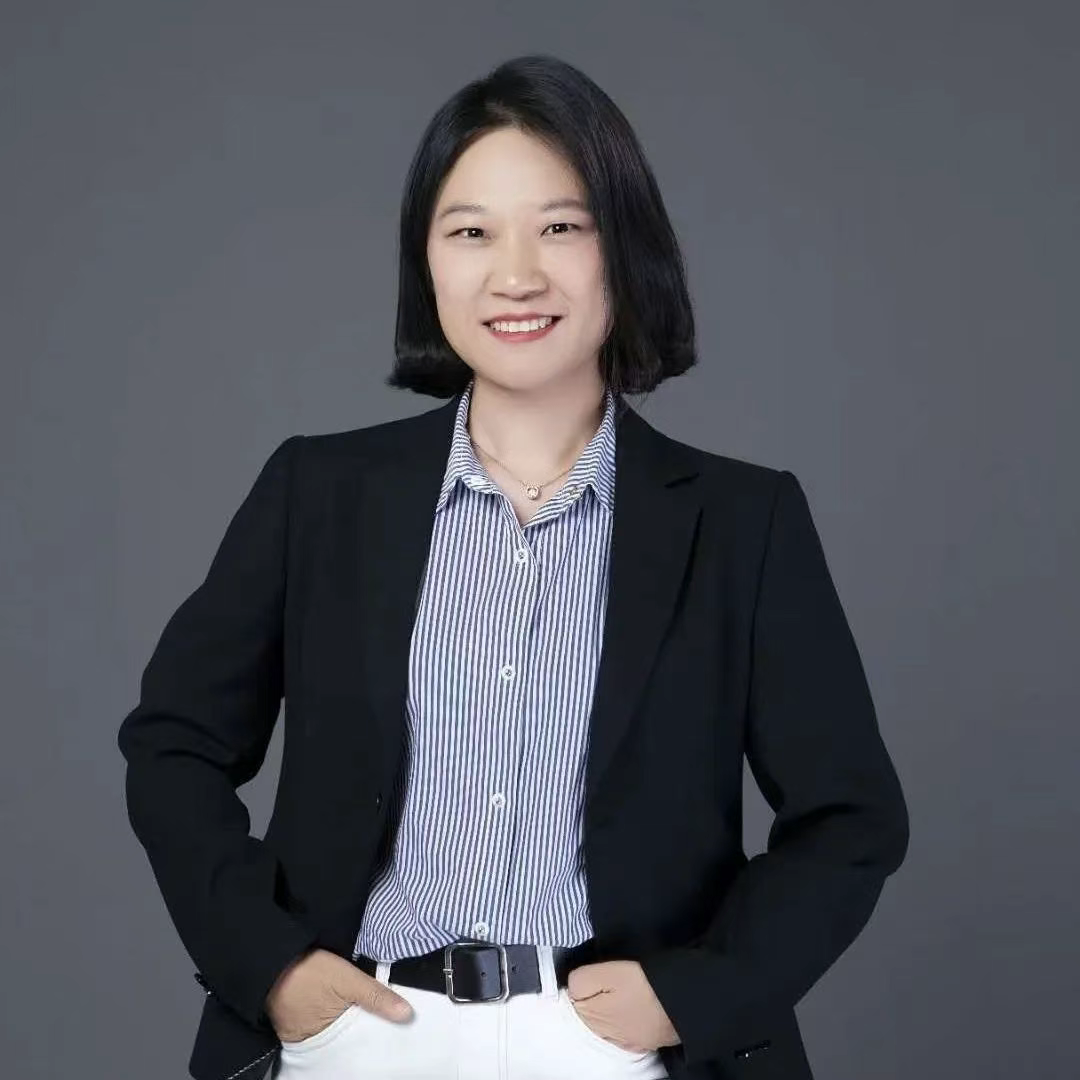
Huimin Cui
the head of the compiler team, researcher and PhD guide of the Institute of Computing Technology, Chinese Academy of SciencesCui Huimin is the head of compiler team at Institute of Computer Science, Chinese Academy of Sciences. Her research interests include compiler technology for artificial intelligence and heterogeneous architecture. She has published more than 40 papers in PLDI, ASPLOS, OSDI, MICRO, PPoPP, SC and other international conferences and journals. It has undertaken the 2030 New Generation Artificial Intelligence Major Special Project, the National Natural Science Foundation of China, the Key Research and Development Program of the Ministry of Science and Technology, and other projects and topics.
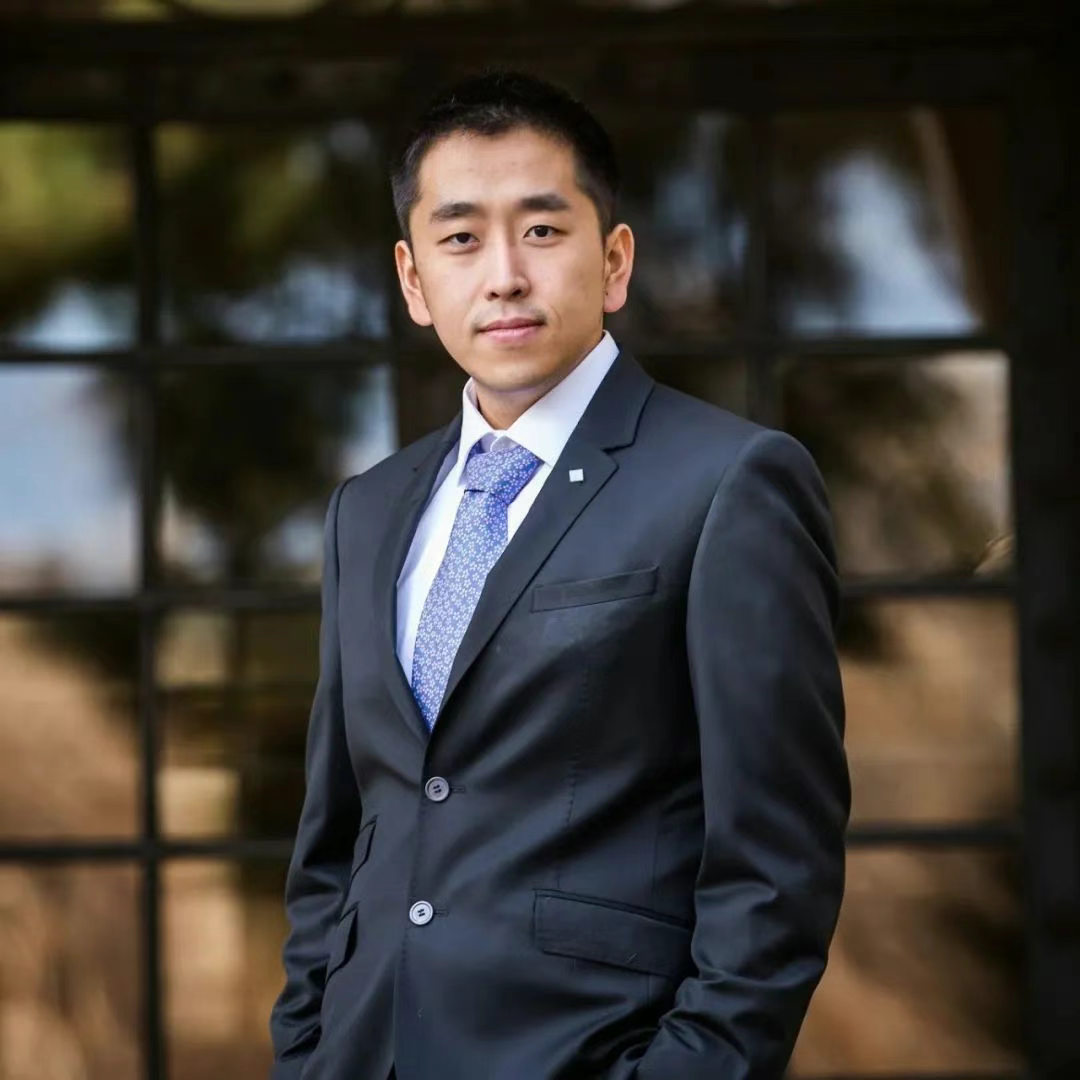
Zhipeng Huang
director of Huawei AI Open Source Ecology and a director of LFAI&Data FoundationHe is currently the director of Huawei AI Open source Ecology. He is also the director of LFAI&Data Foundation and the Executive member of CCF Open Source Development Committee. Member of the technical committee of open source organizations such as OpenI Community and Private Computing Forum, leader of the Policy team of Kubernetes Policy Working Group and CNCF Foundation Security Interest Group, founder of OpenStack Cyborg project, and lead the team to participate in ONNX, Kubeflow, Akraino and other open source communities. He has delivered Keynote speeches at international top open source summits such as OpenStack Summit and Cloud Native Con/KubeCon. In addition, he has also shared topics at many international summits such as LinuxCon and RISC-V Summit.
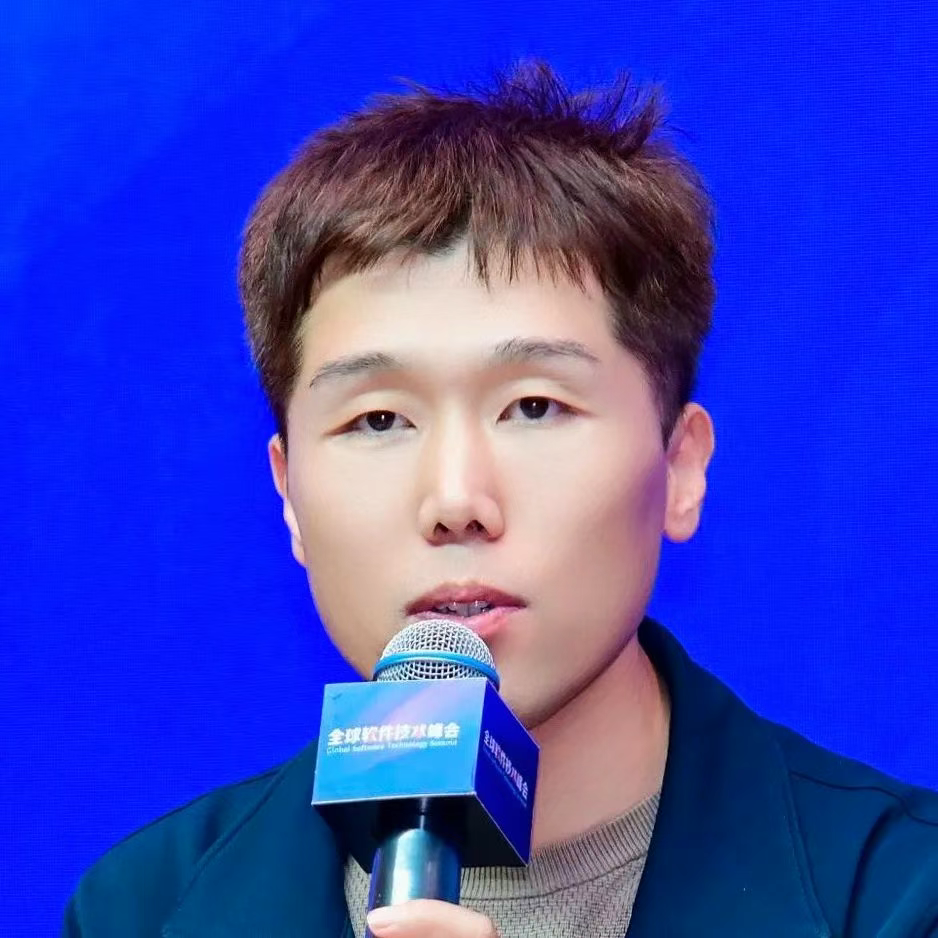
Jie Zhao
professor and doctoral supervisor at the School of Information Science and Engineering, Hunan UniversityZhao Jie is a professor and doctoral supervisor at the School of Information Science and Engineering, Hunan University, and contributed to the Hunan University-Huawei Programming Language and Compiler Innovation Laboratory. Zhao Jie has been selected into the National Young Talents Program and the A Post of Outstanding Young Scholars of Renmin University of China. Zhao Jie has presided over the Outstanding Youth Science and Technology Fund Project of the National Natural Science Foundation of China, the key project of the Regional Innovation and Development Fund, the Youth Fund Project, and the sub-project of the National Key Research and Development Plan. He is a senior member of CCF, an executive member of CCF Architecture Committee, and a member of Huawei MindSpore Community Technical Committee. He has won the second prize of Military Science and Technology Progress, the ACM SIGHPC Rising Star Award, the second prize of the Central Plains Expert Think Tank Contribution Award, and the Army Outstanding Master's degree thesis. Jie Zhao received his bachelor's degree from the Department of Computer Science and Technology of Tsinghua University in 2009, and received his PhD degree from Paris Normal University and INRIA in 2019. His research interests include deep learning systems, compiler code generation and optimization, numerical program analysis, etc. He has published several articles in CCF A conferences and journals in the field of system software, architecture and compiler as the first author, and the paper published in MICRO-53 conference in 2020 was nominated as the best paper.
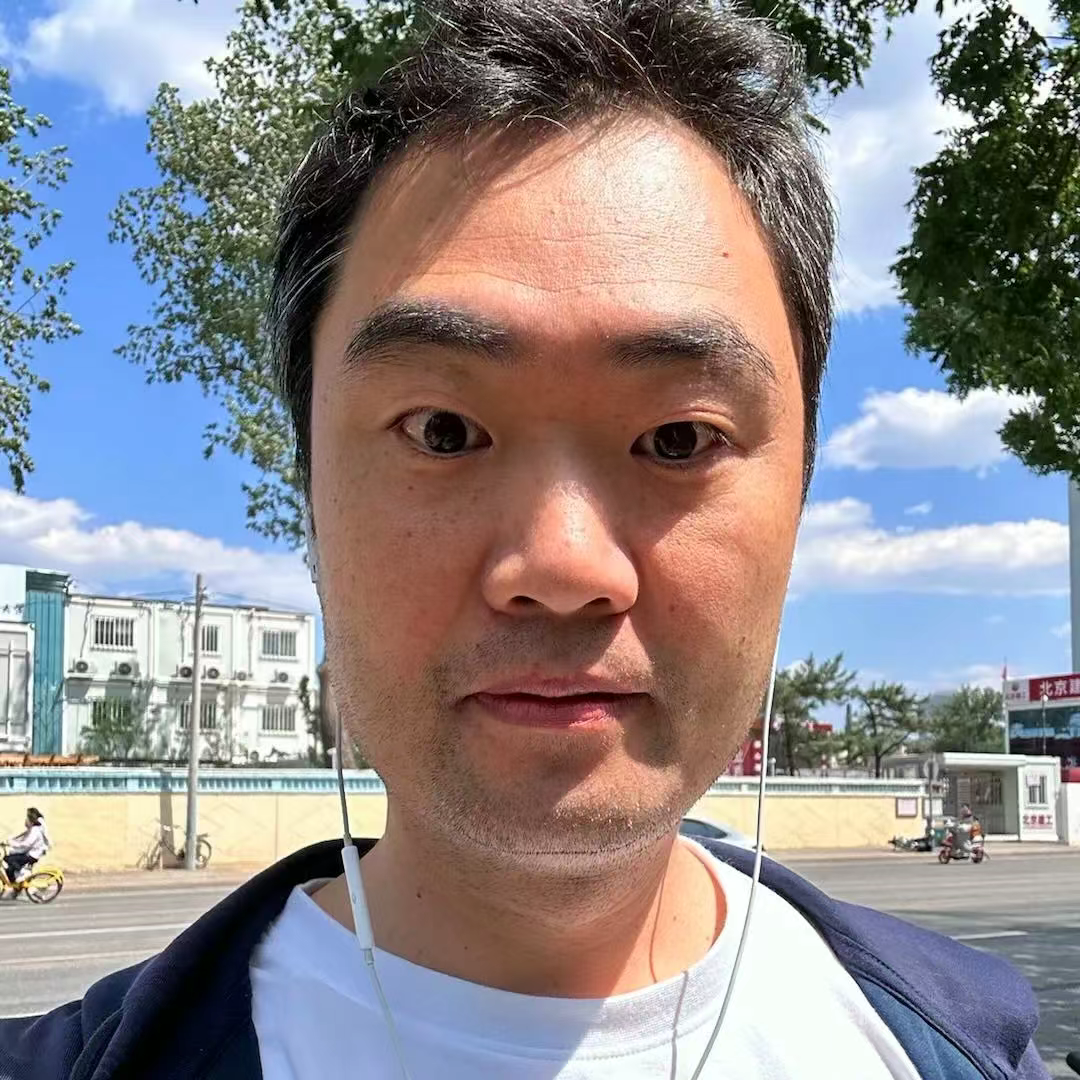
Tongxin Bai
compiler team leader of BAAI, researcherBai Tongxin is a researcher at Beijing Zhiyuan Artificial Intelligence Research Institute, responsible for compiler and operator library technology research and development, and currently focuses on cross-chip Triton ecological construction and technology exploration. Before joining Zhiyuan, he worked at Baidu, Siemens China Research Institute, Shenzhen Institute of Advanced Technology of Chinese Academy of Sciences, H2O and Teradata. He graduated from the Department of Computer Science, University of Rochester.
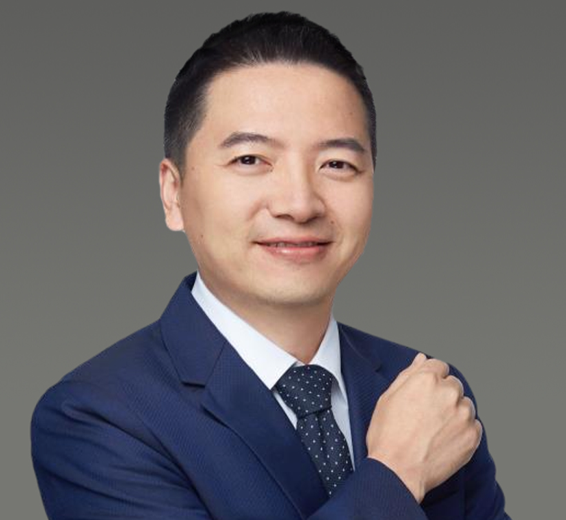
Dahai Li
面壁智能 CEOLi Dahai has extensive experience in enterprise organizational leadership, development management, and the commercialization of products. Formerly a partner and CTO of Zhihu, he empowered Zhihu's content business with AI technology, achieving rapid growth in user base and revenue, and leading the company to achieve dual independent listings on the New York Stock Exchange and the Stock Exchange of Hong Kong. After taking up the position of CEO of Mianbi Intelligence, he led the company to become a globally renowned representative enterprise of edge-side intelligence. With the model feature of achieving great results with small investment, Mianbi has occupied a place in the "6+2" pattern of large models in China, and was successfully selected as one of the top 50 global AI innovation companies by Fortune.
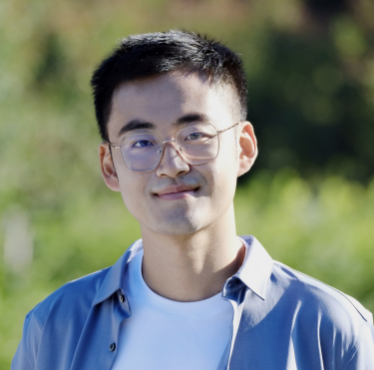
Yue Cao
Sand.ai 创始人Founder and CEO of Sand.ai. Co-founder of Guangnian Wai. He/She used to be the head of the Visual Model Research Center of Beijing Academy of Artificial Intelligence and a senior researcher at Microsoft Research Asia. He/She proposed the Swin Transformer in the direction of visual network structure design and won the Best Paper Award - the Mar Award at ICCV, a top conference in computer vision. This award is one of the highest honors in the field of computer vision. Seven articles have made it onto PaperDigest's list of the most influential papers, and Google has cited them over 60,000 times. Cao Yue graduated from Tsinghua University with both a bachelor's and a doctoral degree. He has received the Microsoft Scholar Scholarship, the Tsinghua University Special Prize Scholarship, and other honors.
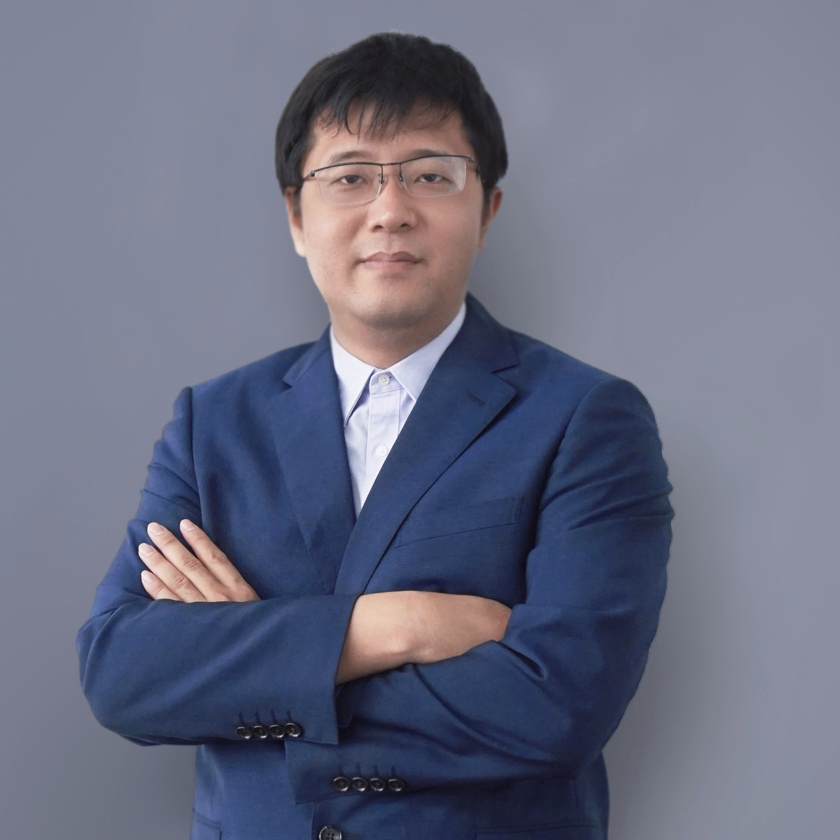
Cewu Lu
Co-founder of Qiongche Intelligence, professor at Shanghai Jiao Tong University, and vice president of Shanghai Chuangzhi CollegeCo-founder of Qiongche Intelligence, Vice Dean and professor of the School of Artificial Intelligence at Shanghai Jiao Tong University, vice dean of Shanghai Chuangzhi University, Distinguished Professor of the Chang Jiang Scholars Program, recipient of the Science Exploration Award (for contributions to Intelligent Intelligence), and selected for the National Thousand Talents Program for Young Scholars in 2016. In 2018, he/she was named one of the 35 Chinese Science and Technology elites under the age of 35 by MIT Technology Review (MIT TR35), received the Ministry of Education's Youth Science Award, and won the Best Paper Award at the top international robotics conferences IROS/ICRA. More than 100 papers have been published as the corresponding author or first author in high-level journals and conferences such as Nature, Nature Machine Intelligence, TPAMI, T-RO, and IJRR. Serves as a reviewer for journals such as Sicence and Nature. Before returning to China, I was a postdoctoral fellow at the Stanford Artificial Intelligence Laboratory (research direction: Embodied intelligence).
